Browse
By Area: Central/Eastern Europe
View: By Date | Alphabetical | eBooks | Paperbacks
-
 Published April 2008
Published April 2008 Above the Death Pits, Beneath the Flag
Youth Voyages to Poland and the Performance of Israeli National Identity
Feldman, J.
Subjects: Anthropology (General) Jewish Studies Memory Studies Travel and Tourism
Hb
Paperback available -
 Published June 2015
Published June 2015 Achieving Procreation
Childlessness and IVF in Turkey
Demircioğlu Göknar, M.
Managing social relationships for childless couples in pro-natalist societies can be a difficult art to master. With ethnographic research gathered in northwestern Turkey, this book explores infertility and assisted reproductive technologies within a secular Muslim population and how social experience leads to a decision for — or against — having an IVF.
Subjects: Medical Anthropology Gender Studies and Sexuality
Hb -
 Published August 1996
Published August 1996 After Socialism
Land Reform and Social Change in Eastern Europe
Abrahams, R. (ed)
Subjects: History (General) Political and Economic Anthropology Development Studies
Hb
Paperback available -
 Published March 2009
Published March 2009 After the 'Socialist Spring'
Collectivisation and Economic Transformation in the GDR
Last, G.
Subjects: History (General) History: 20th Century to Present
Paperback available -
 Published October 2013
Published October 2013 Against the Grain
Jewish Intellectuals in Hard Times
Mendelsohn, E., Hoffman, S., & Cohen, R. (eds)
Subjects: Jewish Studies History: 20th Century to Present
Hb -
 Published November 2013
Published November 2013 Alienating Labour
Workers on the Road from Socialism to Capitalism in East Germany and Hungary
Bartha, E.
Subjects: History (General) History: 20th Century to Present Sociology
Paperback available -
eBook available
 Published July 2019
Published July 2019 Ambiguous Transitions
Gender, the State, and Everyday Life in Socialist and Postsocialist Romania
Massino, J.
Ambiguous Transitions provides an accessible, intimate exploration of gender and citizenship in socialist Romania. Author Jill M. Massino connects women’s everyday lives to larger political, economic, and social processes, challenging conventional understandings of life in socialist Romania as uniformly oppressive.
Subjects: History: 20th Century to Present Gender Studies and Sexuality
Hb
Paperback available -
eBook available
 Published December 2006
Published December 2006 Andrzej Wajda
History, Politics & Nostalgia In Polish Cinema
Falkowska, J.
Subject: Film and Television Studies
Hb
Paperback available -
eBook available
 Published August 2020
Published August 2020 Antisemitism in Galicia
Agitation, Politics, and Violence against Jews in the Late Habsburg Monarchy
Buchen, T.
Antisemitism in Galicia investigates the interaction of agitation, violence, and politics against Jews on the periphery of the Danube monarchy. In its comprehensive analysis of the functions and limitations of propaganda, rumors, and mass media, it shows just how significant antisemitism was to the politics of coexistence among Christians and Jews on the eve of the Great War.
Subjects: History: 18th/19th Century Jewish Studies
Hb
Paperback available -
 Published December 2013
Published December 2013 The Armenian Genocide
Evidence from the German Foreign Office Archives, 1915-1916
Gust, W. (ed)
The 1915-1916 annihilation of the Armenians was the archetype of modern genocide, in which a state adopts a specific scheme geared to the destruction of an identifiable group of its own citizens. Official German diplomatic documents are of great importance in understanding the genocide, as only Germany had the right to report day-by-day in secret code about the ongoing genocide. The motives, methods, and after-effects of the Armenian Genocide echoed strongly in subsequent cases of state-sponsored genocide. Studying the factors that went into the Armenian Genocide not only gives us an understanding of historical genocide, but also provides us with crucial information for the anticipation and possible prevention of future genocides.
Subjects: Genocide History History: 20th Century to Present
Hb -
eBook available
 Published October 2018
Published October 2018 The Art of Resistance
Cultural Protest against the Austrian Far Right in the Early Twenty-First Century
Fiddler, A.
The 1999 Austrian election results produced an uprising against a turn to the political right. The Art of Resistance examines artworks created in responses to the Freedom Party of Austria and analyses the styles and strategies deployed by a large range of artists who clashed against increased normalization of far-right thinking.
Subjects: History: 20th Century to Present Cultural Studies (General)
Hb
Paperback available -
 Published October 1996
Published October 1996 Austrian Women in the Nineteenth and Twentieth Centuries
Cross-disciplinary Perspectives
Good, D. F., Grandner, M., & Maynes, M. J. (eds)
Subjects: Gender Studies and Sexuality History (General)
Hb
Paperback available -
 Published July 2025
Published July 2025 Austria's Difficult Past
Memory of National Socialism and the Filmization of Television (1960-1980)
Gortat, J.
A comprehensive analysis of Austro-German historical television films released between 1961 and 1980, Austria’s Difficult Past examines television’s role in reckoning with the legacy of the Nazi regime and in mediating the burden of complicity within Austria’s and Germany’s shared histories.
Subjects: History: 20th Century to Present Film and Television Studies Cultural Studies (General)
-
eBook available
 Published May 2009
Published May 2009 Balkan Departures
Travel Writing from Southeastern Europe
Bracewell, W. & Drace-Francis, A. (eds)
Subjects: History (General) Literary Studies
Hb
Paperback available -
 Published May 2014
Published May 2014 Being a State and States of Being in Highland Georgia
Mühlfried, F.
Subjects: Anthropology (General) Mobility Studies Development Studies
Hb -
 Published May 2010
Published May 2010 Béla Balázs: Early Film Theory
Visible Man and The Spirit of Film
Balázs, B.
Subject: Film and Television Studies
Hb
Paperback available -
 Published November 2004
Published November 2004 Between Utopia and Disillusionment
A Narrative of the Political Transformation in Eastern Europe
Vogt, H.
Subject: History: 20th Century to Present
Hb -
 Published September 1997
Published September 1997 Beyond 1989
Re-reading German literature since 1945
Bullivant, K. (ed)
Subjects: History: 20th Century to Present Literary Studies
Hb
Paperback available -
eBook available
 Published November 2018
Published November 2018 Beyond Inclusion and Exclusion
Jewish Experiences of the First World War in Central Europe
Crouthamel, J., Geheran, M., Grady, T., & Köhne, J. B. (eds)
Beyond Inclusion and Exclusion recaptures the multifariousness of Central European Jewish life through the experiences of both soldiers and civilians during World War I. This collection explores rare sources and employs novel interdisciplinary methods to illuminate four interconnected themes: minorities and the meaning of military service, Jewish-Gentile relations, the cultural legacy of the war, and memory politics.
Subjects: Jewish Studies History: World War I History: 20th Century to Present
Hb
Paperback available -
 Published September 2008
Published September 2008 Biography Between Structure and Agency
Central European Lives in International Historiography
Berghahn, V. R. & Lässig, S. (eds)
Subjects: History (General) Cultural Studies (General)
Hb -
 Published November 2000
Published November 2000 Black Lambs and Grey Falcons
Women Travelling in the Balkans
Allcock, J. & Young, A.
Subjects: Travel and Tourism Gender Studies and Sexuality
Pb -
eBook available
 Published August 2015
Published August 2015 Boro, L'Île d'Amour
The Films of Walerian Borowczyk
Kuc, K., Mikurda, K., & Oleszczyk, O. (eds)
There has been a revival of interest in the work of Polish film director Walerian Borowczyk, a label-defying auteur and “escape artist” if there ever was one. This volume, markedly experimental in character, allows scholars to gain insight into previously unnoticed aspects of Borowczyk’s complex and ambiguous oeuvre.
Subject: Film and Television Studies
Hb
Paperback available -
 Published September 2012
Published September 2012 Bridging Divides
Ethno-Political Leadership among the Russian Sámi
Overland, I. & Berg-Nordlie, M.
Subject: Development Studies
Hb
Paperback available -
 Published March 2009
Published March 2009 Bringing Culture to the Masses
Control, Compromise and Participation in the GDR
Richthofen, E. von
Subjects: History: 20th Century to Present Cultural Studies (General)
Hb -
 Published August 2023
Published August 2023 Broken Glass, Broken Class
Transformations of Work in Bulgaria
Kofti, D.
Based on a long-term study of the everyday postsocialist politics of labour in the wider context of intense socio-economic transformation in Bulgaria, this book tells the story of the flexibilization of production, the precaritization of work, shifting managerial practices, and ways in which people with different employment statuses live and work together.
Subjects: Political and Economic Anthropology Sociology Gender Studies and Sexuality
-
eBook available
 Published August 2025
Published August 2025 Bruno Kreisky’s Foreign Policy
A Reassessment
Bischof, G. & Burri, M. (eds)
An enlightening and geographically wide-ranging reappraisal of the life and legacy of the Austrian politician, Bruno Kreisky, this volume seeks to reinstate Kreisky’s centrality to Cold War history and Austria’s postwar recovery, highlighting how profoundly he reshaped the modern, geopolitical landscape.
Subjects: History: 20th Century to Present Peace and Conflict Studies
Hb -
eBook available
 Published August 2018
Published August 2018 Carnage and Care on the Eastern Front
The War Diaries of Bernhard Bardach, 1914-1918
Bardach, B.
Care and Carnage on the Eastern Front documents the day-to-day life of a doctor serving on the Eastern Front between 1914-1918. Bardach’s meticulous records offer a personal glimpse into the critical first weeks of fighting as well as the ultimate collapse of the Austro-Hungarian Army.
Subjects: History: World War I Jewish Studies
Hb
Paperback available -
 Published May 2009
Published May 2009 Central European Crossroads
Social Democracy and National Revolution in Bratislava (Pressburg), 1867-1921
Duin, P. C. van
Subjects: History (General) History: 18th/19th Century
Hb -
eBook available
 Published June 2025
Published June 2025 Challenging Norms
Family Planning as a Reflection of Social Change in Twentieth-Century Eastern Europe
Hein-Kircher, H., Hiemer, E.-M., & Nešťáková, D. (eds)
An enlightening and geographically wide-ranging re-examination of family planning in twentieth-century Eastern Europe, Challenging Norms interrogates the correlation between social attitudes to family planning and social, economic, and political modernization. In doing so, this volume highlights how these changes provide invaluable insights into ever-evolving societal norms and values.
Subjects: Gender Studies and Sexuality Sociology History: 20th Century to Present
Hb -
eBook available
 Published September 2022
Published September 2022 The Chernobyl Effect
Antinuclear Protests and the Molding of Polish Democracy, 1986–1990
Szulecki, K., Waluszko, J., & Borewicz, T.
Empirically rich, The Chernobyl Effect shows how the Chernobyl catastrophe sparked a new kind of protest against the communist authorities of Poland. Drawing on samizdat, archival sources, and open-ended interviews with participants the authors show how a qualitatively new phenomenon was created on the opposition scene and challenge the dominant narrative of the Cold War’s end.
Subject: History: 20th Century to Present
Hb -
eBook available
 Published October 2023
Published October 2023 Cinema and the Environment in Eastern Europe
From Communism to Capitalism
Shpolberg, M. & Brasiskis, L. (eds)
Cinema and the Environment in Eastern Europe traces from the 1970s through the post 1989 period how documentaries and filmmakers began to articulate alternative, aesthetically and ideologically provocative visions of the relationship between human and natural worlds.
Subjects: Film and Television Studies Environmental Studies (General) Cultural Studies (General)
Hb
Paperback available -
 Published December 2015
Published December 2015 Cinema in Service of the State
Perspectives on Film Culture in the GDR and Czechoslovakia, 1945-1960
Karl, L. & Skopal, P. (eds)
Despite being two key sites for filmmaking in the Soviet bloc, the national cinemas of Czechoslovakia and East Germany have received comparatively little attention from scholars. This volume comprehensively explores these film cultures using a “stereoscopic” approach that traces their similarities and divergences to form a multifaceted, richly contextualized portrait.
Subjects: Film and Television Studies History: 20th Century to Present
Hb
Paperback available -
eBook available
 Published June 2017
Published June 2017 Civil Society Revisited
Lessons from Poland
Jacobsson, K. & Korolczuk, E. (eds)
In contrast to a social scientific literature that characterizes Polish civil society as weak and passive, this volume focuses on forms of collective action that researchers too often ignore due to their theoretical and methodological blind spots. It constitutes a powerful critique of a model of civil society that is ‘made from above’ by elites, media, and public institutions.
Subjects: Sociology Political and Economic Anthropology
Hb
Paperback available -
 Published May 2000
Published May 2000 Cold Fusion
Aspects of the German Cultural Presence in Russia
Barabtarlo, G. (ed)
Subjects: History (General) Cultural Studies (General) Literary Studies
Hb -
eBook available
 Published July 2019
Published July 2019 Comical Modernity
Popular Humour and the Transformation of Urban Space in Late Nineteenth Century Vienna
Hakkarainen, H.
Comical Modernity looks at the years between 1857–1890, a period of dramatic urban renewal within Vienna during which the city’s rapidly changing face was a popular topic in publications. This book shows how humor provided access to understanding modernity in an era of radical change, thus broadening our understanding of the cultural history of nineteenth-century Vienna.
Subjects: History: 18th/19th Century Media Studies Cultural Studies (General)
Hb
Paperback available -
 Published June 2002
Published June 2002 Coming Home to Germany?
The Integration of Ethnic Germans from Central and Eastern Europe in the Federal Republic since 1945
Rock, D. & Wolff, S. (eds)
Subjects: Refugee and Migration Studies History: 20th Century to Present
Hb
Paperback available -
eBook available
 Published January 2018
Published January 2018 Communist Parties Revisited
Sociocultural Approaches to Party Rule in the Soviet Bloc, 1956-1991
Bergien, R. & Gieseke, J. (eds)
Drawing from perspectives from within the everyday life of basic organizations and the practices of the party apparatuses, Communist Parties Revisited sheds light on the inner workings the Eastern Bloc, and the effects of state socialist policy on a micro historical level.
Subject: History: 20th Century to Present
Hb
Paperback available -
eBook available
 Published December 2005
Published December 2005 Conjuring Hope
Healing and Magic in Contemporary Russia
Lindquist, G.
Subjects: Medical Anthropology Anthropology of Religion
Hb
Paperback available -
 Published November 2004
Published November 2004 Constructing Nationalities in East Central Europe
Judson, P. & Rozenblit, M. (eds)
Subjects: History: 18th/19th Century History: 20th Century to Present
Hb
Paperback available -
 Published November 2009
Published November 2009 Conversion After Socialism
Disruptions, Modernisms and Technologies of Faith in the Former Soviet Union
Pelkmans, M. (ed)
Subjects: Anthropology of Religion Anthropology (General)
Hb -
eBook available
 Published May 2023
Published May 2023 Coproducing Europe
An Ethnography of Film Markets, Creativity and Identity
Sideri, E.
By focusing on regional film markets in Thessasloniki, Sarajevo, and Tbilisi, Coproduction Europe uses comparative ethnography to look beyond the economic nature of film coproductions to explore their role in Europeanisation, memories of the Cold War, and preconstructed political agendas.
Subjects: Film and Television Studies Cultural Studies (General) History: 20th Century to Present
Hb -
 Published October 2003
Published October 2003 Creating the Other
Ethnic Conflict & Nationalism in Habsburg Central Europe
Wingfield, N.M. (ed)
Subject: History: 18th/19th Century
Hb
Paperback available -
 Published January 2007
Published January 2007 Crime, Jews and News
Vienna 1890-1914
Vyleta, D.M.
Subjects: Jewish Studies History: 18th/19th Century Media Studies
Hb
Paperback available -
eBook available
 Published October 2011
Published October 2011 Crude Domination
An Anthropology of Oil
Behrends, A., Reyna, S. P. & Schlee, G. (eds)
Subjects: Peace and Conflict Studies Anthropology (General)
Hb
Paperback available -
eBook available
 Published May 2010
Published May 2010 Cultural Diversity in Russian Cities
The Urban Landscape in the post-Soviet Era
Gdaniec, C. (ed)
Subjects: Urban Studies Cultural Studies (General)
Hb
Paperback available -
eBook available
 Published May 2012
Published May 2012 Czechs, Germans, Jews?
National Identity and the Jews of Bohemia
Capkova, K.
Subjects: Jewish Studies History (General)
Hb
Paperback available -
eBook available
 Published December 2018
Published December 2018 Democracy Struggles
NGOs and the Politics of Aid in Serbia
Vetta, T.
This book explores the “associational revolution” in post-socialist, post-conflict Serbia. It traces the boom of local NGOs since the 1990s in the context of the global political economy of Aid, neoliberal state restructuring, and shifting post-Cold War hegemonies, and unpacks the various forms of dispossession and inequality entailed in the democracy-promotion project.
Subjects: Anthropology (General) Development Studies Political and Economic Anthropology
Hb -
 Published January 2007
Published January 2007 Disenchantment with Market Economics
East Germans and Western Capitalism
Müller, B.
Subjects: History (General) Political and Economic Anthropology
Hb
Paperback available -
eBook available
 Published February 2025
Published February 2025 The Disputed Austro-Hungarian Border
Agendas, Actors, and Practices in Western Hungary/Burgenland after World War I
Grandits, H., Murber, I., & Tyran, K. (eds)
A refreshing re-examination of the history of Austria and Hungary in the wake of World War I and the collapse of the Habsburg monarchy, The Disputed Austro-Hungarian Border refocuses attention on the contested region of Western Hungary/Burgenland, considering how the process of building state borders shaped the region’s political, cultural, and social dynamics.
Subjects: History: World War I History: 20th Century to Present Peace and Conflict Studies
Hb -
eBook available
 Published March 2016
Published March 2016 Disrupted Landscapes
State, Peasants and the Politics of Land in Postsocialist Romania
Dorondel, S.
The fall of the Soviet Union led not only to new regimes of ownership and development but to dramatic changes in the landscape itself. This study focuses on the emblematic case of postsocialist Romania, in which the transition from collectivization to privatization profoundly reshaped the nation’s forests, farmlands, and rivers.
Subjects: Environmental Studies (General) History: 20th Century to Present
Hb
Paperback available -
 Published March 2011
Published March 2011 Diversity and Dissent
Negotiating Religious Difference in Central Europe, 1500-1800
Louthan, H., Cohen, G. B. & Szabo, F. A. J. (eds)
Subject: History: Medieval/Early Modern
Hb -
eBook available
 Published February 2022
Published February 2022 Durable Solutions
Challenges with Implementing Global Norms for Internally Displaced Persons in Georgia
Funke, C.
Focusing on Georgia, this book presents a theoretical and empirical study on the implementation of durable solutions for internally displaced persons (IDPs). Building on extensive field research, it describes and explains the considerable problems which Georgia faces in establishing global norms, as well as the ongoing hardship that IDPs experience.
Subjects: Refugee and Migration Studies Anthropology (General) Peace and Conflict Studies
Hb -
eBook available
 Published October 2017
Published October 2017 Eastern Europe Unmapped
Beyond Borders and Peripheries
Kacandes, I. & Komska, Y. (eds)
Arguably more than any other world regions, the area known as Eastern Europe has been defined by its location on the map. Rather than expound on borders and neighbors, Eastern Europe Unmapped raises questions about the meaning and relevance of the area’s non-contiguous, frequently global or extraterritorial, entanglements.
Subjects: History: 20th Century to Present Cultural Studies (General) Literary Studies
Hb
Paperback available -
 Published February 2015
Published February 2015 Economy and Ritual
Studies of Postsocialist Transformations
Gudeman, S. & Hann, C. (eds)
Common sense suggests that rituals drain economic wealth and that rational actions are antithetical to rituals. These six ethnographies offer a different vision. Comparative, historical, and contemporary, the studies stretch from Macedonia to Kyrgyzstan, each one illuminating the changes in an area as it emerged from socialism and (re-)entered market society.
Subjects: Anthropology (General) Political and Economic Anthropology
Paperback available -
eBook available
 Published November 2018
Published November 2018 Embers of Empire
Continuity and Rupture in the Habsburg Successor States after 1918
Miller, P. & Morelon, C. (eds)
The end of World War I and the collapse of the Habsburg Monarchy radically reshaped the political structures and national identity of East-Central Europe. Embers of Empire focuses on this complex and disruptive transition and sheds new light on the efficacity of imperial institutions, as well as the sources for instability in the newly formed nations.
Subject: History: 20th Century to Present
Hb
Paperback available -
 Published July 2008
Published July 2008 Embodiments of Power
Building Baroque Cities in Europe
Cohen, G. B. & Szabo, F. A. J. (eds)
Subjects: History: Medieval/Early Modern History: 18th/19th Century Urban Studies
Hb -
 Published March 2008
Published March 2008 Empathy and Healing
Essays in Medical and Narrative Anthropology
Skultans, V.
Subject: Medical Anthropology
Hb
Paperback available -
 Forthcoming April 2026
Forthcoming April 2026 Empire and Eduards Volters
The Ethnography of Lithuanians and Latvians, 1882-1941
Savoniakaitė, V.
Eduards Volters was a linguist, ethnographer, and archeologist with the Russian Imperial Geographical Society, and considered one of the founders of literate Lithuanian and Latvian communities. This study compares various historical and theoretical contexts in anthropology and decolonization to reveal how Volters reconciled his ethnographic work within the political goals of the empire.
Subjects: Anthropology (General) Theory and Methodology
-
eBook available
 Published March 2020
Published March 2020 Empty Signs, Historical Imaginaries
The Entangled Nationalization of Names and Naming in a Late Habsburg Borderland
Berecz, Á.
Set in a multiethnic region of the nineteenth-century Habsburg Empire, this thoroughly interdisciplinary study maps out how the competing Romanian, Hungarian and German nationalizing projects reinterpreted various types of proper names as symbols of their national histories, how the related mass constituencies resonated with the new meanings and how names were utilized, manipulated and changed in the process.
Subject: History: 18th/19th Century
Hb -
 Published June 2015
Published June 2015 The Enemy on Display
The Second World War in Eastern European Museums
Bogumił, Z., Wawrzyniak, J., Buchen, T., Ganzer, C. & Senina, M.
Eastern European museums represent the traumatic events of World War II, such as the Siege of Leningrad, the Warsaw Uprisings, and the bombardment of Dresden, in ways that cast the enemy in a specific light. This image results from the interweaving of historical representations, cultural stereotypes and beliefs, political discourses, and the dynamics of exhibition narratives. This book presents a useful methodology for examining museum images and provides a critical analysis of the role historical museums play in the contemporary world. As the catastrophes of World War II still exert an enormous influence over the national identities of Russians, Poles, and Germans, museum exhibits can play an important role in this process.
Subjects: Museum Studies History: World War II Memory Studies
Hb
Paperback available -
 Published September 2019
Published September 2019 Entangled Entertainers
Jews and Popular Culture in Fin-de-Siècle Vienna
Hödl, K.
Viennese popular culture at the turn of the twentieth century was shaped jointly by Jews and non-Jews alike, though their relationship was not immune to bouts of anti-Semitism. The case studies in this book provide new findings in understanding what it meant to be Jewish among artists, performers and impresarios at the turn of the twentieth century.
Subjects: Jewish Studies History: 20th Century to Present Cultural Studies (General)
Paperback available -
eBook available
 Published June 2006
Published June 2006 The Environment and Sustainable Development in the New Central Europe
Bochniarz, Z. & Cohen G. (eds)
Subjects: Environmental Studies (General) History: 20th Century to Present Sustainable Development Goals
Hb
Paperback available -
 Published October 2011
Published October 2011 Ernst L. Freud, Architect
The Case of the Modern Bourgeois Home
Welter, V. M.
Subjects: Urban Studies Cultural Studies (General) History (General)
Pb -
eBook available
 Published April 2007
Published April 2007 Escape From Hell
The True Story of the Auschwitz Protocol
Wetzler, A.
Subjects: Jewish Studies History: World War II Literary Studies
Hb
Paperback available -
eBook available
 Published September 2020
Published September 2020 Estates and Constitution
The Parliament in Eighteenth-Century Hungary
Szijártó, I. M.
Estates and Constitution provides a rich account of Hungarian politics during the eighteenth century, restoring the Diet to its rightful place as one of the era’s major innovations in government. István M. Szijártó traces the religious, economic, and partisan forces that shaped the Diet, putting its historical significance in international perspective and demonstrating that it played a critical role in the eventual dissolution of the Austro-Hungarian Empire.
Subject: History: 18th/19th Century
Hb -
eBook available
 Published October 2024
Published October 2024 An Ethnographic Chiefdom
Epistemic Arrest and Knowledge Production in Czechoslovak Ethnography (1969–1989)
Balaš, N.
The Czechoslovak academic discipline called ‘Ethnography and Folklore Studies’ was impacted and influenced by the daily realities of state socialism in 1969–1989. This book examines how state socialist features such as Marxist–Leninist ideology brought about the discipline’s epistemic stalling.
Subjects: Theory and Methodology Anthropology (General)
Hb -
eBook available
 Published November 2025
Published November 2025 European Perspectives on Transition
A Comparative and Transnational Approach to the History of a Political and Social Concept
Sánchez León, P. & Cosovschi, A. (eds)
Offering a pioneering conceptual history of transition from a comparative perspective, this volume brings together eight case studies, ranging from the Third Wave of Southern Europe to the regime changes of Central and Eastern Europe, in order to rethink how we approach questions of temporality and transitional discourse.
Subjects: History: 20th Century to Present Peace and Conflict Studies
Hb -
 Published July 2003
Published July 2003 Exiles From European Revolutions
Refugees in Mid-Victorian England
Freitag, S. & Muhs, R. (eds)
Subjects: History: 18th/19th Century Refugee and Migration Studies
Hb
Paperback available -
eBook available
 Published October 2006
Published October 2006 Exploitation, Resettlement, Mass Murder
Political and Economic Planning for German Occupation Policy in the Soviet Union, 1940-1941
Kay, A.
Subjects: History: World War II Genocide History
Hb
Paperback available -
eBook available
 Published March 2007
Published March 2007 Exploring Gypsiness
Power, Exchange and Interdependence in a Transylvanian Village
Engebrigtsen, A.
Subject: Anthropology (General)
Hb
Paperback available -
eBook available
 Published March 2023
Published March 2023 Feeding Anxieties
The Politics of Children's Food in Poland
Boni, Z.
Focusing on the underlying politics behind children’s food, this book highlights the variety of social relationships, expectations and emotions ingrained in feeding children In Poland. With rich ethnographic accounts, including research with children, the book demonstrates how families, schools, the food industry and state agencies shape and experience feeding anxieties.
Subjects: Food & Nutrition Anthropology (General) Sociology
Hb -
 Published November 2009
Published November 2009 The 'Final Solution' in Riga
Exploitation and Annihilation, 1941-1944
Angrick, A., Klein, P. & Brandon R.
Subjects: History: World War II Genocide History Jewish Studies
Hb
Paperback available -
eBook available
 Published March 2023
Published March 2023 Fixing Motorcycles in Post-Repair Societies
Technology, Aesthetics and Gender
Jderu, G.
Taking motorcycling in Romania as an ethnographic entry point, this book documents how bikers handle the inevitable moment of malfunction and breakdown. Using both mobile and sedentary research methods, the book describes the joys and troubles experienced by amateur mechanics, professional mechanics and untechnical male and females when fixing bikes.
Subjects: Mobility Studies Sociology Gender Studies and Sexuality
Hb
Paperback available -
eBook available
 Published October 2017
Published October 2017 From Eastern Bloc to European Union
Comparative Processes of Transformation since 1990
Heydemann, G. & Vodička, K. (eds)
This volume assembles detailed, empirically grounded studies of eleven former Soviet states and current EU members. Each chapter analyzes the political, economic, and social transformation processes that have taken place in a given nation, identifying structural similarities and assessing outcomes compared to one another as well as the rest of Europe.
Subjects: History: 20th Century to Present Political and Economic Anthropology
Hb
Paperback available -
 Published January 1997
Published January 1997 From Peace to War
Germany, Soviet Russia, and the World, 1939-1941
Wegner, B.
Subject: History: World War II
Hb -
eBook available
 Published December 2018
Published December 2018 From Storeroom to Stage
Romanian Attire and the Politics of Folklore
Urdea, A.
Tracing in reverse the journey of a collection of Romanian folk objects from a museum in London back to the villages where they were made, From Storeroom to Stage explores the role that material culture plays in the production of value and meaning.
Subjects: Anthropology (General) Museum Studies Heritage Studies
Hb -
 Published April 1999
Published April 1999 From World War to Waldheim
Culture and Politics in Austria and the United States
Good, D. & Wodak, R. (eds)
Subjects: History: World War I Cultural Studies (General)
Hb -
eBook available
 Published June 2018
Published June 2018 Frontiers of Civil Society
Government and Hegemony in Serbia
Mikuš, M.
Frontiers of Civil Society is a historical anthropological analysis of the roles of ‘civil society’ in Serbia’s postsocialist and postauthoritarian transformation, focusing mainly on a set of interventions through which various civil society forces supported neoliberalization and transnational integration as part of a hegemonic project of social transformation after the rule of Slobodan Milošević.
Subjects: Anthropology (General) Political and Economic Anthropology History: 20th Century to Present
Hb -
eBook available
 Published October 2025
Published October 2025 Gendarmes, Bureaucrats, and Jews
A Documentary History of the Destruction of Hungary’s Jews, Spring-Summer 1944
Schulmann, J. F., Rich, D. A., & Molnár, J. (eds)
An illuminating chronicle of the concentration, ghettoization, and deportation of Hungarian Jews in 1944-1945, Gendarmes, Bureaucrats, and Jews presents, for the first time in English, the key primary sources from the period, documenting how this genocidal program was facilitated by both the Nazi regime and the Hungarian state.
Subjects: Jewish Studies Genocide History History: World War II
Hb -
eBook available
 Published October 2017
Published October 2017 Gender in Georgia
Feminist Perspectives on Culture, Nation, and History in the South Caucasus
Barkaia, M. & Waterston, A. (eds)
As Georgia seeks to reinvent itself in the post-Soviet period, Georgian women are maneuvering to adjust to the new economic, social and political order. Gender in Georgia brings together an international group of feminist scholars to explore the socio-political conditions that have shaped gender dynamics in Georgia from the late 19th century to the present.
Subjects: Gender Studies and Sexuality Anthropology (General) Cultural Studies (General)
Hb
Paperback available -
eBook available
 Published July 2025
Published July 2025 A German General and the Armenian Genocide
Otto Liman von Sanders Between Honor and State
Mirak-Weissbach, M.
An enlightening reassessment of the German General, Otto Liman von Sanders’ life, this book uses original archival materials to present a more nuanced insight into Liman von Sanders’ role in the Armenian genocide, in order to explore wider ethical questions concerning the nature of morality and justice in military conflict.
Subjects: History: 20th Century to Present Genocide History Peace and Conflict Studies
Hb -
eBook available
 Published October 2003
Published October 2003 The Great Tradition and Its Legacy
The Evolution of Dramatic and Musical Theater in Austria and Central Europe
Cherlin, M., Filipowicz, H. & Rudolph, R. L. (eds)
Subjects: History: 18th/19th Century Performance Studies Literary Studies
Hb
Paperback available -
 Published January 2015
Published January 2015 The Greater German Reich and the Jews
Nazi Persecution Policies in the Annexed Territories 1935-1945
Gruner, W. & Osterloh, J. (eds)
Between 1935 and 1940, the Nazis incorporated large portions of Europe into the German Reich. The contributors to this volume analyze the evolving anti-Jewish policies in the annexed territories and their impact on the Jewish population, as well as the attitudes and actions of non-Jews, Germans, and indigenous populations.
Subjects: History: World War II Genocide History
Hb
Paperback available -
eBook available
 Published September 2018
Published September 2018 Gulag Memories
The Rediscovery and Commemoration of Russia's Repressive Past
Bogumił, Z.
Gulag Memories explores the impact of the Gulag on collective memory as it applies to the language of commemoration in Russia, focusing on four regions particularly affected by the Gulag: Solovetsky Islands, the Komi Republic, the Perm region, and Kolyma.
Subjects: History: 20th Century to Present Memory Studies
Hb
Paperback available -
eBook available
 Published May 2025
Published May 2025 Habsburg Civil Servants
Between Civil Society and the State
Maxwell, A. & Ličen, D. (eds)
An innovative exploration of the lives of Habsburg civil servants from the nineteenth century onwards, this volume spotlights the role they played in maintaining the Habsburg Empire’s rule over geographically disparate domains. In doing so, Habsburg Civil Servants illuminates how this social group both constituted and challenged state power.
Subjects: History: 20th Century to Present History: 18th/19th Century History: World War I
Hb -
 Published November 2025
Published November 2025 Habsburg Natures
Imperial Governance and Environment in Central Europe, 1850-1918
Daheur, J. & Lučić, I. (eds)
An exacting analysis of the correlation between the environment and power, Habsburg Natures explores how the natural world fundamentally shaped the political and economic landscape within the Austro-Hungarian Empire from 1850 to 1918.
Subjects: History: 18th/19th Century History: 20th Century to Present Environmental Studies (General)
-
eBook available
 Published October 2021
Published October 2021 Heritage under Socialism
Preservation in Eastern and Central Europe, 1945–1991
Gantner, E. B., Geering, C., & Vickers, P. (ed)
Heritage under Socialism enriches the conceptual, methodological and empirical scope of heritage studies. Its transnational approach highlights the socialist world’s diverse interpretations of heritage and its trajectories in post-socialist preservation practices, thus providing new perspectives on the way heritage has been shaped in the recent past.
Subjects: History: 20th Century to Present Heritage Studies Memory Studies
Hb
Paperback available -
 Published June 2007
Published June 2007 Historical Concepts Between Eastern and Western Europe
Hildermeier, M. (ed)
Subject: History (General)
Hb -
 Published December 2003
Published December 2003 The History of the Armenian Genocide
Ethnic Conflict from the Balkans to Anatolia to the Caucasus
Dadrian, V. N.
Subject: Genocide History
Pb -
 Published December 2008
Published December 2008 Hitler's War in the East, 1941-1945. (3rd Edition)
A Critical Assessment
Müller, R.-D. & Ueberschär, G.R.
Subject: History: World War II
Pb -
eBook available
 Published September 2019
Published September 2019 The Holocaust in Bohemia and Moravia
Czech Initiatives, German Policies, Jewish Responses
Gruner, W.
After the establishment of the Protectorate of Bohemia and Moravia, Czech and German authorities adopted radicalized anti-Jewish policies, including depriving Jews of their property, hauling them into forced labor, and deporting them to concentration camps. In this pioneering study, Wolf Gruner demonstrates that these proceedings were not only controlled by Berlin, but also driven forward by the Czech government and local authorities.
Subjects: Jewish Studies Genocide History
Hb
Paperback available -
eBook available
 Published October 2016
Published October 2016 Hunters, Gatherers, and Practitioners of Powerlessness
An Ethnography of the Degraded in Postsocialist Poland
Rakowski, T.
Practitioners of Powerlessness gives a dramatic account of life after the socio-economic transformations of the 1990s in Poland, which left many people impoverished and unemployed.
Subject: Anthropology (General)
Hb
Paperback available -
eBook available
 Published July 2023
Published July 2023 If Cars Could Walk
Postsocialist Streets in Transformation
Duijzings, G. & Tuvikene, T. (eds)
Addressing the transformation of street life in postsocialist cities against the backdrop of the explosive rise of car-mobility in the last 25 years, If Cars Could Walk consists of ethnographic case studies documenting changes in these cities as former socialist modes of mobility are replaced by a culture of privately owned cars.
Subjects: Transport Studies History: 20th Century to Present Cultural Studies (General)
Hb -
eBook available
 Published January 2021
Published January 2021 Imagining Bosnian Muslims in Central Europe
Representations, Transfers and Exchanges
Šístek, F. (ed)
As a Slavic-speaking religious and ethnic “Other” living just a stone’s throw from the symbolic heart of the continent, the Muslim peoples of Bosnia and Herzegovina have long occupied a liminal space in the European imagination. This volume assembles contributions from historians, anthropologists, political scientists, and literary scholars to examine the political, social, and discursive dimensions of Bosnian Muslims’ encounter with the West.
Subjects: History (General) Anthropology of Religion
Hb
Paperback available -
eBook available
 Published September 2016
Published September 2016 In the Name of the Great Work
Stalin's Plan for the Transformation of Nature and its Impact in Eastern Europe
Olšáková, D. (ed)
Following Stalin’s lead, the newly communist states of Eastern Europe pursued a total “transformation of nature” in the 1940s and 1950s intended to improve agricultural outputs. This richly detailed volume follows the history of such projects in Poland, Hungary, and Czechoslovakia, exploring their varied, but largely disastrous, consequences.
Subjects: History: 20th Century to Present Environmental Studies (General)
Hb
Paperback available -
eBook available
 Published June 2022
Published June 2022 In the Shadow of Auschwitz
German Massacres against Polish Civilians, 1939–1945
Brewing, D.
An in-depth analysis of German massacres in Poland over the whole period of German occupation during the Second World War, this innovative study recounts the widely forgotten ethnic Polish civilian victims. Using both German and Polish sources, In the Shadow of Auschwitz uncovers for the first time the depredations that were inflicted on Polish society under Nazi rule.
Subjects: Genocide History History: World War II
Hb -
eBook available
 Published January 2021
Published January 2021 In the Shadow of the Great War
Physical Violence in East-Central Europe, 1917–1923
Böhler, J., Konrád, O., Kučera, R. (eds)
Whether victorious or not, Central European states faced fundamental challenges after the First World War as they struggled to contain ongoing violence and forge peaceful societies. This collection explores the various forms of violence these nations confronted during this period, which effectively transformed the region into a laboratory for state-building.
Subjects: History: World War I History: 20th Century to Present Peace and Conflict Studies
Hb
Paperback available -
 Published May 2009
Published May 2009 Indispensable Eyesores
An Anthropology of Undesired Buildings
Hoorn, M. v der
Subjects: Urban Studies Anthropology (General) Cultural Studies (General)
Hb -
eBook available
 Published January 2020
Published January 2020 Institutionalised Dreams
The Art of Managing Foreign Aid
Drążkiewicz, E.
How do states become donors? Why do individuals decide to share their wealth with others through foreign aid? Using examples from Poland, Elżbieta Drążkiewicz demonstrates how the concept of foreign aid requires the establishment of a specific moral economy which links national ideologies and local cultures of charitable giving with broader ideas about the global political economy.
Subjects: Political and Economic Anthropology Anthropology (General) Sustainable Development Goals
Hb -
eBook available
 Published June 2012
Published June 2012 Investigating Srebrenica
Institutions, Facts, Responsibilities
Delpla, I., Bougarel, X., & Fournel, J.-F. (eds)
Subjects: Genocide History History: 20th Century to Present
Hb
Paperback available -
 Published December 1996
Published December 1996 The Iron Gates Mesolithic
Radovanovic, I.
The Mesolithic sites in the Iron Gates Gorge of the Danube River, between Yugoslavia and Romania are reviewed in this volume. The author offers fundamental re-analyses and interpretations of stratigraphies, relative and absolute chronologies, architecture and settlement organization, the placement and styles of altars and sculptural elements, the chipped and polished stone industries, the bone and antler artifacts, the mortuary practices, ecology, and social organization of this remarkable archaeological culture.
Subject: Archaeology
Hb
Paperback available -
eBook available
 Published August 2021
Published August 2021 Iron Landscapes
National Space and the Railways in Interwar Czechoslovakia
Jeschke, F.
Throughout the 1920s and 1930s, the newly formed country of Czechoslovakia built an ambitious national rail network out of what remained of the obsolete Habsburg system. Drawing on evidence ranging from government documents to newsreels to train timetables, Iron Landscapes gives a nuanced account of how planners and authorities knitted together the young nation-state and articulated a Czechoslovak cosmopolitanism.
Subjects: History: 20th Century to Present Transport Studies
Hb -
 Published March 1998
Published March 1998 Iron-making Societies
Early Industrial Development in Sweden and Russia, 1600-1900
Agren, M. (ed)
Subject: History (General)
Hb -
eBook available
 Published March 2010
Published March 2010 Jerzy Skolimowski
The Cinema of a Nonconformist
Mazierska, E
Subject: Film and Television Studies
Hb
Paperback available -
 Published February 2003
Published February 2003 The Journalism of Milena Jesenská
A Critical Voice in Interwar Central Europe
Hayes, K. (ed)
Subjects: Gender Studies and Sexuality Literary Studies Jewish Studies History: 20th Century to Present
Hb -
eBook available
 Published June 2012
Published June 2012 Journeys Into Madness
Mapping Mental Illness in the Austro-Hungarian Empire
Blackshaw, G. & Wieber, S. (eds)
Subjects: History: 20th Century to Present Cultural Studies (General) Sociology
Hb -
 Published December 2011
Published December 2011 Judgment At Istanbul
The Armenian Genocide Trials
Dadrian, V. N. & Akçam, T.
Subject: Genocide History
Hb -
eBook available
 Published April 2023
Published April 2023 Kharkov/Kharkiv
A Borderland Capital
Kravchenko, V.
Kharkiv, Ukraine’s second largest city located on the Ukrainian-Russian historical borderland, has often been overlooked given its historic role. Kharkov/Kharkov for the first time uncovers the city’s long history, from the 17th century to today, and its process of becoming a borderland and undergoing regional reconfiguration, modernization and development of national mythologies.
Subjects: History (General) Urban Studies
Hb
Paperback available -
 Published March 2011
Published March 2011 The Kings and the Pawns
Collaboration in Byelorussia during World War II
Rein, L.
Subject: History: World War II
Hb
Paperback available -
eBook available
 Published October 2024
Published October 2024 Kubrick's Mitteleuropa
The Central European Imaginary in the Films of Stanley Kubrick
Abrams, N. & Szaniiawski, J. (eds)
Stanley Kubrick was arguably one of the most influential American directors of the post-World War II era, and his Central European Jewish heritage, though often overlooked, greatly influenced his oeuvre. Kubrick's Mitteleuropa explores this as well as providing important commentary on the reception of his films in countries across Eastern Europe.
Subjects: Film and Television Studies Cultural Studies (General)
Hb -
eBook available
 Published January 2024
Published January 2024 The Legacy of Serbia's Great War
Politics and Remembrance
Tomić, A.
In an expertly researched, original case study on the memory of the traumatic retreat of the Serbian army in 1915, The Legacy of Serbia’s Great War cuts past contemporary canonization of the retreat and links narratives of the past to political choices in the present.
Subjects: History: 20th Century to Present Memory Studies History: World War I
Hb -
eBook available
 Published July 2025
Published July 2025 Lessons of History
Learning from Catastrophe and Crisis in Twentieth-Century Europe
Karlsson, K.-G. & Karlsson, M. (eds)
Focusing on how cataclysmic events within primarily Central and Eastern Europe have been transmitted across borders and generations, this volume interrogates how the theory of historical lessons has evolved, ultimately providing a useful framework for comprehending contemporary conflicts and issues.
Subjects: History (General) History: 20th Century to Present Peace and Conflict Studies
Hb -
eBook available
 Published November 2007
Published November 2007 The Limits of Loyalty
Imperial Symbolism, Popular Allegiances, and State Patriotism in the Late Habsburg Monarchy
Cole, L. & Unowsky, D. (eds)
Subjects: History: 18th/19th Century History: 20th Century to Present Cultural Studies (General)
Hb
Paperback available -
 Published December 2010
Published December 2010 Lost to the State
Family Discontinuity, Social Orphanhood and Residential Care in the Russian Far East
Khlinovskaya Rockhill, E.
Subjects: Anthropology (General) Sociology
Hb -
eBook available
 Published March 2024
Published March 2024 The Making and Unmaking of the Ukrainian Working Class
Everyday Politics and Moral Economy in a Post-Soviet City
Gorbach, D.
The industrial workers of Ukraine have a contradictory and complex political lifeworld. Based on three years of fieldwork in the city of Kryvyi Rih, this book focuses on the everyday politics and moral economy that constitute the working-class and structures its relations with other social groups.
Subjects: Political and Economic Anthropology Sociology Urban Studies
Hb -
eBook available
 Published April 2011
Published April 2011 Mapping Difference
The Many Faces of Women in Contemporary Ukraine
Rubchak, M. J. (ed)
Subjects: Gender Studies and Sexuality Sociology
Hb
Paperback available -
eBook available
 Published July 2009
Published July 2009 Markets and Civil Society
The European Experience in Comparative Perspective
Perez-Diaz, V. (ed)
Subject: Political and Economic Anthropology
Hb
Paperback available -
 Published November 2008
Published November 2008 Masculinities in Polish, Czech and Slovak Cinema
Black Peters and Men of Marble
Mazierska, E.
Subjects: Film and Television Studies Gender Studies and Sexuality
Hb
Paperback available -
eBook available
 Published December 2015
Published December 2015 Matters of Testimony
Interpreting the Scrolls of Auschwitz
Chare, N. & Williams, D.
In 1944, a number of Sonderkommando—“special squads” of Jewish prisoners who kept the gas chambers running smoothly—buried on the grounds of Auschwitz a series of remarkable eyewitness accounts. This study reconstructs their history and textual content, revealing literary works that raise troubling questions about the nature of testimony.
Subjects: Genocide History History: World War II Jewish Studies
Hb
Paperback available -
 Published November 2015
Published November 2015 Memory and Change in Europe
Eastern Perspectives
Pakier, M. & Wawrzyniak, J. (eds)
In studies of a common European past, there is a significant lack of scholarship on the former Eastern Bloc countries. This volume offers a reflection on memory in an Eastern European historical context, one that can be measured against and applied to historical experience in other parts of Europe.
Subjects: History (General) Sociology Memory Studies
Hb
Paperback available -
eBook available
 Published December 2019
Published December 2019 Men Under Fire
Motivation, Morale, and Masculinity among Czech Soldiers in the Great War, 1914–1918
Hutečka, J.
In historical writing on World War I, Czech-speaking soldiers serving in the Austro-Hungarian military are primarily studied as Czechs, rarely as soldiers, and never as men. Men under Fire provides a groundbreaking analysis of this oft-overlooked cohort, drawing on a wealth of soldiers’ private writings to explore experiences of exhaustion, sex, loyalty, authority, and combat itself.
Subjects: History: World War I Gender Studies and Sexuality
Hb
Paperback available -
eBook available
 Published December 2013
Published December 2013 The Men with the Movie Camera
The Poetics of Visual Style in Soviet Avant-Garde Cinema of the 1920s
Cavendish, P.
Subject: Film and Television Studies
Hb
Paperback available -
eBook available
 Published November 2023
Published November 2023 The Middle-Income Trap in Central and Eastern Europe
Causes, Consequences and Strategies in Post-Communist Countries
Kouli, Y. & Müller, U. (eds)
Reviewing the story of prosperity in Central and Eastern Europe up to current debates, The Middle-Income Trap in Central and Eastern Europe examines the reality of the diminishing marginal utility of further international investments alongside the pitfalls of higher national innovation.
Subject: History: 20th Century to Present
Hb -
 Published January 1998
Published January 1998 Mitteleuropa
Between Europe and Germany
Katzenstein, P. (ed)
Subject: History: 20th Century to Present
Hb -
eBook available
 Published August 2020
Published August 2020 Modernity and the Unmaking of Men
Schubert, V.
Responding to the renewed emphasis on the significance of village studies, this book focuses on aging bachelorhood as a site of intolerable angst when faced with rural depopulation and social precarity. Based on ongoing ethnographic fieldwork in contemporary Macedonian society, the book explores the intersections between modernity, kinship and gender.
Subjects: Anthropology (General) Sociology Gender Studies and Sexuality
Hb -
eBook available
 Published December 2016
Published December 2016 The Monumental Nation
Magyar Nationalism and Symbolic Politics in Fin-de-siècle Hungary
Varga, B.
In a quixotic episode in nineteenth-century Hungary’s attempts to spread nationalist sentiments, monuments were erected near small towns commemorating the medieval conquest of the Carpathian Basin—the supposed origin of the Hungarian nation. This study recounts the troubled history of this plan, which provoked resistance and even hostility among provincial Hungarians.
Subject: History: 18th/19th Century
Hb
Paperback available -
eBook available
 Published February 2021
Published February 2021 More than Mere Spectacle
Coronations and Inaugurations in the Habsburg Monarchy during the Eighteenth and Nineteenth Centuries
Van Gelder, K.
More than Mere Spectacle brings together new research on the numerous coronations and inaugurations in the eighteenth- and nineteenth-century Habsburg Monarchy, examining why so many of them still took place, what political, legal, social, and cultural significance they bore, and how they adapted to actual circumstances. It takes the flexibility of their format as the key to understanding their lasting relevance.
Subject: History: 18th/19th Century
Hb
Paperback available -
eBook available
 Published September 2011
Published September 2011 Multiple Moralities and Religions in Post-Soviet Russia
Zigon, J. (ed)
Subjects: Anthropology of Religion Anthropology (General)
Hb
Paperback available -
eBook available
 Published December 2019
Published December 2019 Nationalism Revisited
Austrian Social Closure from Romanticism to the Digital Age
Karner, C.
Focused on the German-speaking parts of the former Habsburg Empire, this book offers a series of analyses of the interplay of nationalism’s discursive and institutional facets. Christian Karner develops a distinctive, longue durée perspective on Austrian nationalism, which traces nationalist politics from the late eighteenth century to today’s digital age.
Subjects: History (General) Sociology
Hb -
eBook available
 Published April 2011
Published April 2011 New Austrian Film
Dassanowsky, R. von & Speck, O. C. (eds)
Subject: Film and Television Studies
Hb
Paperback available -
eBook available
 Published June 2015
Published June 2015 New Imaginaries
Youthful Reinvention of Ukraine's Cultural Paradigm
Rubchak, M.J. (ed)
Contributors to this volume infuse their work with Western elements, although vestiges of Soviet-style ideas, research methodology and writing linger. This, as a result, is a paradigm articulating “New Imaginaries” — neither Soviet nor Western — offering a fresh portrait of Ukrainian society seen through a new generation of feminist scholars.
Subjects: Sociology Gender Studies and Sexuality Cultural Studies (General)
Hb
Paperback available -
eBook available
 Published November 2016
Published November 2016 Occupation in the East
The Daily Lives of German Occupiers in Warsaw and Minsk, 1939-1944
Lehnstaedt, S.
Following their occupation by the Third Reich, Warsaw and Minsk became home to tens of thousands of Germans. This study provides a nuanced portrait of their lives, as they acclimated to the daily routines of life in the East while helping to lay the groundwork for systematic mass murder.
Subject: History: World War II
Hb
Paperback available -
 Forthcoming June 2026
Forthcoming June 2026 Occupied Istanbul
Urban Politics, Culture and Society, 1918-1923
Cora, Y., MacArthur-Seal, D. & Tongo, G. (eds)
British, French, and Italian forces arrived in Istanbul in 1918, marking the defeat of the Ottoman Empire in the First World War. An almost five-year-long occupation of the city followed, a period largely ignored in history writing and marginalised in Anatolia-centric narratives of the Turkish War of Independence. By bringing this tumultuous period back into focus, this book makes a significant contribution to First World War studies, research on European imperialism, and the modern history of Istanbul, Turkey, and the Middle East.
Subjects: History: 20th Century to Present History: World War I
-
 Published June 2015
Published June 2015 Oikos and Market
Explorations in Self-Sufficiency after Socialism
Gudeman, S. & Hann, C. (eds)
This volume’s six comparative investigations of postsocialist communities illuminate the universal significance of Aristotle’s vision of the oikos, an economy based on the order of the house. These postsocialist configurations show that economies depend on macro institutions of markets and states, and also on the micro institutions of families, communities, and house economies.
Subject: Anthropology (General)
Paperback available -
eBook available
 Published March 2021
Published March 2021 On the Death of Jews
Photographs and History
Fresco, N.
In this trenchant meditation on photographs from an atrocity in Latvia during the Holocaust, Nadine Fresco argues for the vital importance of photographs—and nontraditional sources more broadly—for understanding the Holocaust. She confronts charged questions around guilt and testimony while teasing out the subtle implications of camera angles, photo sequencing, and body language, helping us to see anew the perspectives of victims, perpetrators, and others who witnessed the brutality of the Holocaust.
Subjects: Genocide History Media Studies Jewish Studies
Hb
Paperback available -
eBook available
 Published April 2014
Published April 2014 On the Path to Genocide
Armenia and Rwanda Reexamined
Mayersen, D.
“This is an excellent book. The combination of theory and context works well…The prose is sharp and the author has set up the problem in a logical way that is easy to follow. It also benefits from an interdisciplinary approach. Her grasp of detail is superior to many theorists…It reads very fluently, the author is clearly a gifted prose writer. The thread of argument runs through the book in a compelling way…The conclusion is full of intriguing ties to other case studies and the author summarizes her argument well.” · Cathie Carmichael, University of East Anglia
Subjects: Genocide History History: 20th Century to Present
Hb
Paperback available -
eBook available
 Published October 2021
Published October 2021 One More for the Road
A Director’s Notes on Exile, Family, and Film
Grlić, R.
One More for the Road recounts the life and career of Croatian filmmaker Rajko Grlić in the form of a film dictionary, tying cinematic terms to anecdotes spanning Grlić’s life. With a scholarly introduction by Aida Vidan, these personal stories combine to provide insight into the socialist film industries and south Slavic film.
Subjects: Film and Television Studies Cultural Studies (General)
Hb
Paperback available -
eBook available
 Published November 2024
Published November 2024 Operation Barbarossa and its Aftermath
New Approaches to a Complex Campaign
Rossoliński-Liebe, G. (ed)
An illuminating re-examination of the 1941 invasion of the Soviet Union, Operation Barbarossa and its Aftermath refocuses attention on the multiethnic nature of this military campaign, by considering the role played by troops from Slovakia, Romania, Italy, Spain, and others in Hitler’s plans for the Eastern Front and the Holocaust.
Subjects: History: 20th Century to Present History: World War II Genocide History
Hb -
eBook available
 Published June 2017
Published June 2017 Organic Cinema
Film, Architecture, and the Work of Béla Tarr
Botz-Bornstein, T.
What might the “organic” mean in the context of film studies? This innovative volume locates one instance of organicity in the work of Béla Tarr, the renowned Hungarian filmmaker “slow cinema” pioneer. It analyzes Tarr’s long take and other signature techniques, establishes links between the seemingly remote spheres of film and architecture.
Subjects: Film and Television Studies Cultural Studies (General)
Hb
Paperback available -
 Published June 1997
Published June 1997 Osthandel and Ostpolitik
German Foreign Trade Policies in Eastern Europe from Bismarck to Adenauer
Spaulding, R. M.
Subject: History: 20th Century to Present
Hb -
eBook available
 Published November 2023
Published November 2023 Other Borders
History, Mobility and Migration of Rudari Families between Romania and Italy
Tosi Cambini, S.
Other Borders is a deeply thorough, multi-site ethnographic research volume that brings forward the rudari lingurari family’s social and economic cultural organization and the mobilities developed in their migratory paths.
Subjects: Refugee and Migration Studies Cultural Studies (General) Theory and Methodology
Hb -
eBook available
 Published October 2008
Published October 2008 Out of Albania
From Crisis Migration to Social Inclusion in Italy
King, R. & Mai, N.
Subject: Refugee and Migration Studies
Hb
Paperback available -
eBook available
 Published November 2021
Published November 2021 The Paradoxical Republic
Austria 1945–2020
Rathkolb, O.
Written by one of the nation’s leading historians, this account of postwar Austria explores the tensions that have defined it for over seven decades. This newly revised edition also addresses the major developments since 2005, including a resurgent far right, economic instability, and the potential fracturing of the European Union.
Subject: History: 20th Century to Present
Hb
Paperback available -
eBook available
 Published July 2019
Published July 2019 Peace at All Costs
Catholic Intellectuals, Journalists, and Media in Postwar Polish–German Reconciliation
Frieberg, A. E.
Peace at All Costs reconsiders postwar Polish-German relations as an interdisciplinary case study of reconciliation and follows an influential network of non-state peace activists, major players in print and audiovisual media, as they attempted to establish dialogue in the 1950s and 1960s.
Subjects: History: 20th Century to Present Peace and Conflict Studies Media Studies
Hb
Paperback available -
 Published March 2021
Published March 2021 Peripheries at the Centre
Borderland Schooling in Interwar Europe
Venken, M.
Peripheries at the Centre reveals how Prussia, and later the German Empire, used educational policy to promote national identity along its geographical margins. It shows how policymakers sought to cultivate ideal German students who, it was hoped, would help to usher in a new, peaceful era in European history while reinforcing their status as German citizens.
Subjects: History: 20th Century to Present Educational Studies
Paperback available -
eBook available
 Published February 2013
Published February 2013 Places of Pain
Forced Displacement, Popular Memory and Trans-local Identities in Bosnian War-torn Communities
Halilovich, H.
This compelling and intimate description of places of pain and (be)longing that were lost during the 1992–95 war in Bosnia and Herzegovina, as well as of survivors’ places of resettlement in Australia, Europe and North America, serves as a powerful illustration of the complex interplay between place, memory and identity.
Subjects: Refugee and Migration Studies Anthropology (General) Peace and Conflict Studies Memory Studies
Hb
Paperback available -
eBook available
 Published April 2019
Published April 2019 Planning Labour
Time and the Foundations of Industrial Socialism in Romania
Cucu, A.-S.
Planning Labour explores the early socialist industrialization and the implementation of central economic planning in Romania between 1945 and 1955. Centered on the city of Cluj, an ethnically mixed city in the northwestern part of Romania, this volume examines the deeply contradictory process required for achieving socialist accumulation.
Subjects: History: 20th Century to Present Political and Economic Anthropology
Hb
Paperback available -
eBook available
 Published June 2017
Published June 2017 Poland Daily
Economy, Work, Consumption and Social Class in Polish Cinema
Mazierska, E.
Polish cinema has inescapably been shaped by the nation’s succession of different economic and ideological regimes over the last century. This volume is the first to analyze the entirety of the nation’s film history—from independence in 1918 to today—through the lenses of political economy and social class.
Subjects: Film and Television Studies History: 20th Century to Present
Hb
Paperback available -
eBook available
 Published January 2024
Published January 2024 Poland under German Occupation, 1939-1945
New Perspectives
Huener, J. & Löw, A. (eds)
Poland under German Occupation, 1939-1945 explores questions of Polish-Jewish life that are rarely discussed and new methodological directions to advance debates on the complicity of Polish citizens during the mass murder of Jews under the nation’s Nazi occupation.
Subjects: History: World War II Genocide History Jewish Studies
Hb -
eBook available
 Published October 2018
Published October 2018 Polish Cinema
A History
Haltof, M.
This thoroughly revised and updated edition of Marek Haltof’s seminal survey takes stock of dramatic shifts in Polish society and to provide an essential account of the nation’s cinema from the nineteenth century to today. It covers such renowned figures as Kieślowski and Wajda along with vastly expanded coverage of documentaries, animation, and television.
Subjects: Film and Television Studies Cultural Studies (General) History: 20th Century to Present
Hb
Paperback available -
eBook available
 Published January 2012
Published January 2012 Polish Film and the Holocaust
Politics and Memory
Haltof, M.
Subjects: Film and Television Studies Genocide History
Hb
Paperback available -
 Forthcoming August 2026
Forthcoming August 2026 Political Crisis in Central Europe in the Interwar Period and Today
Temporality, Semantics, and Logic of Crises in Poland, Czechoslovakia, Hungary, and Romania
Schulze Wessel, M. (ed)
Examines the crisis and failure of democracy in Central and Eastern Europe during the interwar period, from a comparative and interdisciplinary perspective. Linking contemporary concerns about democratic fragility with historical analysis, the contributions explore political culture, constitutional traditions, religion, violence, and crisis discourse in Germany, Poland, Czechoslovakia, Hungary, Romania, and Slovakia.
Subject: History: 20th Century to Present
-
 Published April 1996
Published April 1996 The Political Films of Andrzej Wajda
Dialogism in Man of Marble, Man of Iron, and Danton
Falkowska, J.
Subject: Film and Television Studies
Hb -
 Forthcoming June 2026
Forthcoming June 2026 The Politics of Appointment
The Czech Minister and the Transformation of Habsburg Administration
Klečacký, M.
A unique study on the relationship between state administration and politics, examining how the office of the Czech Landsmannminister became the primary vehicle for the politicization of the Habsburg state.
Subject: History: 20th Century to Present
-
eBook available
 Published June 2024
Published June 2024 The Politics of Relations
How Self-Government, Infrastructures, and Care Transform the State in Serbia
Thiemann, A.
Rethinking the contributions of the Manchester School of Social Anthropology for political ethnography, the Politics of Relations elaborates its relational approach to the state along four interlaced axes of research – embeddedness, boundary work, modalities and strategic selectivity – that enable thick comparisons across spatio-temporal scales of power.
Subjects: Political and Economic Anthropology Sociology
Hb -
 Published August 2008
Published August 2008 Politics of Time
Dynamics of Identity in Post-Communist Poland
Koczanowicz, L.
Subjects: Sociology Political and Economic Anthropology
Hb -
eBook available
 Published February 2025
Published February 2025 Populism in Central and Eastern Europe
Krakovsky, R.
Providing a forensic analysis of the populist phenomenon that is sweeping across Central and Eastern Europe, Populism in Central and Eastern Europe re-examines the origins of this current political situation by tracing its historical development within this region of Europe, ultimately illuminating fresh strategies for addressing these longstanding political issues.
Subjects: History: 20th Century to Present Peace and Conflict Studies Sociology
Hb -
eBook available
 Published June 2010
Published June 2010 Post-communist Nostalgia
Todorova, M. & Gille, Z. (eds)
Subjects: History: 20th Century to Present Memory Studies
Hb
Paperback available -
eBook available
 Published March 2006
Published March 2006 Postsocialism
Politics and Emotions in Central and Eastern Europe
Svasek M. (ed)
Subjects: Anthropology (General) Cultural Studies (General)
Hb
Paperback available -
eBook available
 Published September 2009
Published September 2009 Postsocialist Europe
Anthropological Perspectives from Home
Kurti, L. & Skalník, P. (Eds.)
Subject: Anthropology (General)
Hb
Paperback available -
 Published March 1999
Published March 1999 Poverty in Transition and Transition in Poverty
Recent Developments in Hungary, Bulgaria, Romania, Georgia, Russia, and Mongolia
Atal, Y. (ed)
Subjects: Development Studies Sociology
Hb
Paperback available -
 Published November 2014
Published November 2014 Property in East Central Europe
Notions, Institutions, and Practices of Landownership in the Twentieth Century
Siegrist, H. & Müller, D. (eds)
The national appropriation of property in the interwar period and the communist era represent an onerous legacy for the postcommunist (re)construction of a liberal-individualist property regime. However, as the scholars in the this collection show, after the demise of communism in Eastern Europe property is again a major factor in shaping individual identity and in providing the political order and culture with a foundational institution.
Subject: History: 20th Century to Present
Hb -
eBook available
 Published May 2024
Published May 2024 Quotas
The “Jewish Question” and Higher Education in Central Europe, 1880-1945
Miller, M. L. & Szapor, J. (eds)
Quotas focuses on the ideologies and practices of quota regimes in Central and Eastern Europe from the late nineteenth century throughout the 20th century, covering their origins development, and impact particularly on limiting access to higher education.
Subjects: Jewish Studies History: 20th Century to Present History: 18th/19th Century
Hb -
eBook available
 Published March 2019
Published March 2019 Rampart Nations
Bulwark Myths of East European Multiconfessional Societies in the Age of Nationalism
Berezhnaya, L. & Hein-Kircher, H. (eds)
Rampart Nations delves deeper into the bulwark (antemurale) myth and uncovers the stories that have helped to spread it within Eastern Europe. Through perspectives that range from Eastern European art history to theology, with a concentration on the nexus of political, social, and religious history, this volume explores historical narratives that have shaped contemporary Eastern European national identities.
Subjects: History: 18th/19th Century History: 20th Century to Present Cultural Studies (General)
Hb
Paperback available -
eBook available
 Published April 2016
Published April 2016 Rationed Life
Science, Everyday Life, and Working-Class Politics in the Bohemian Lands, 1914–1918
Kučera, R.
Hundreds of thousands of workers toiled in Bohemian factories over the course of World War I, and their lives were inescapably shaped by the conflict. This study reconstructs their collective experience through explorations of food, labor, gender, and protest to assemble a fascinating case study in twentieth century social history.
Subjects: History: World War I Sociology
Hb
Paperback available -
 Published November 2011
Published November 2011 Reconstructing the House of Culture
Community, Self, and the Makings of Culture in Russia and Beyond
Donahoe, B. & Habeck, J. O. (eds)
Subjects: Anthropology (General) Sociology Cultural Studies (General)
Hb -
 Published October 2015
Published October 2015 Recovered Territory
A German-Polish Conflict over Land and Culture, 1919-1989
Polak-Springer, P.
From 1919 to 1989, the German-Polish borderland, one of Central Europe’s important industrial regions, was at the center of a conflict between Germany and Poland. In their interaction with — and mutual influence on — one another, both nations developed a transnational culture, giving the borderland a “Polish” / “German” face.
Subjects: History: 20th Century to Present Cultural Studies (General)
Hb
Paperback available -
 Published February 2022
Published February 2022 Refugees on the Move
Crisis and Response in Turkey and Europe
Balkan, E. & Kutlu Tonak, Z. (eds)
Refugees on the Move highlights and explores the profound complexities of the current refugee issue by focusing specifically on Syrian refugees in Turkey and other European countries and responses from the host countries involved. The book examines the causes of the movement of refugee populations, and host governments’ attempts to manage and overcome the so-called “refugee crisis”.
Subjects: Refugee and Migration Studies Political and Economic Anthropology
Paperback available -
 Published April 2009
Published April 2009 The Reluctant Revolutionary
Dietrich Bonhoeffer's Collision with Prusso-German History
Moses, J. A.
Subject: History: 20th Century to Present
Hb
Paperback available -
 Published October 2001
Published October 2001 Remembering a Vanished World
A Jewish Childhood in Interwar Poland
Hamerow, T.
Subjects: Jewish Studies History: 20th Century to Present Memory Studies
Hb
Paperback available -
 Published November 2003
Published November 2003 Remembering and Forgetting Nazism
Education, National Identity, and the Victim Myth in Postwar Austria
Utgaard, P.
Subjects: Educational Studies History: 20th Century to Present
Hb -
eBook available
 Published February 2026
Published February 2026 Remembering Resistance
A Jewish Memoir from Nazi-Occupied Budapest, 1944-45
Eger, A., Frojimovics, K. & Kovács , É. (Eds.)
An illuminating chronicle of the life and work of Jewish couple, László and Eugenia Szamosi, liberating oppressed Jews in Nazi-occupied Budapest, Remembering Resistance offers an unrivalled insight into a family’s personal history of resistance and provides a paradigm for mediating our methods of remembrance.
Subjects: Jewish Studies Genocide History History: World War II
Hb -
eBook available
 Published December 2021
Published December 2021 Repressed, Remitted, Rejected
German Reparations Debts to Poland and Greece
Roth, K. H. & Rübner, H.
Greece and Poland have recently reignited debates on minimally settled reparations demands resulting from suffering under the terror of Nazi occupation during the Second World War. Using an international law perspective, this expansive volume reconstructs the German occupation of Poland and Greece and confronts German aversions to reparations debt.
Subjects: History: World War II History: 20th Century to Present
Hb -
eBook available
 Published April 2020
Published April 2020 Resettlers and Survivors
Bukovina and the Politics of Belonging in West Germany and Israel, 1945–1989
Fisher, G.
Resettlers and Survivors focuses on two groups of Bukovinians—ethnic Germans and German-speaking Jews—who navigated dramatically changed political and social circumstances in 1945. This study gives a nuanced account of how they dealt with the difficult legacies of World War II, while exploring Bukovina’s significance for them as both a geographical location and a “place of memory.”
Subjects: History: 20th Century to Present Jewish Studies Refugee and Migration Studies Memory Studies
Hb
Paperback available -
 Published April 2007
Published April 2007 Restitution and Memory
Material Restoration in Europe
Diner, D. & Wunberg, G. (eds)
Subjects: History: 20th Century to Present Memory Studies
Hb -
 Forthcoming March 2026
Forthcoming March 2026 Rethinking the Historiography of the Soviet Bloc
The Totalitarianism Paradigm and Institutional Practices under Communism
Ungureanu, M. (Ed.)
Addressing polarized narratives of authoritarian control and societal resistance, this volume reconsiders the totalitarianism paradigm in the study of the Soviet Bloc. Historians, philosophers, and literary scholars explore both its enduring explanatory power and its conceptual limits, drawing on insights from social epistemology and the history of social sciences.
Subject: History: 20th Century to Present
-
 Published October 2001
Published October 2001 Rethinking Vienna 1900
Beller, S. (ed)
Subject: History: 20th Century to Present
Hb
Paperback available -
eBook available
 Published April 2020
Published April 2020 Revisiting Austria
Tourism, Space, and National Identity, 1945 to the Present
Graml, G.
Revisiting Austria draws on a rich selection of films, marketing materials, literature, and first-person accounts to explore the ways in which tourism has shaped both international and domestic perceptions of Austrian identity even as it has failed to confront the nation’s often violent and troubled history.
Subjects: Travel and Tourism History: 20th Century to Present Media Studies
Hb
Paperback available -
eBook available
 Published June 2018
Published June 2018 The Revolt of the Provinces
Anti-Gypsyism and Right-Wing Politics in Hungary
Szombati, K.
The first in-depth ethnographic monograph on the New Right in Central and Eastern Europe, The Revolt of the Provinces explores the making of right-wing hegemony in Hungary over the last decade, focusing on interaction between social antagonisms emerging on the local level and struggles waged within the political public sphere.
Subjects: Political and Economic Anthropology Sociology
Hb
Paperback available -
 Published April 2005
Published April 2005 Revolution and Counterrevolution
Class Struggle in a Moscow Metal Factory
Murphy, K.
Subjects: History (General) History: 20th Century to Present Sociology Political and Economic Anthropology
Hb -
 Published November 2014
Published November 2014 Rivers, Memory, And Nation-building
A History of the Volga and Mississippi Rivers
Zeisler-Vralsted, D.
Rivers figure prominently in a nation’s historical memory, and the Volga and Mississippi have special importance in Russian and American cultures. Despite being forced into submission for modern-day hydrological regimes, the Volga and Mississippi Rivers persist in the collective memory and continue to offer solace, recreation, and sustenance. Through their histories we derive a more nuanced view of human interaction with the environment.
Subjects: History (General) Environmental Studies (General) Memory Studies
Hb -
eBook available
 Published August 2006
Published August 2006 The Romani Movement
Minority Politics and Ethnic Mobilization in Contemporary Central Europe
Vermeersch, P.
Subjects: Political and Economic Anthropology Refugee and Migration Studies Sociology
Hb
Paperback available -
 Published March 2000
Published March 2000 Rural Property and Economy in Post-communist Albania
Lemel. H. W. (ed)
Subjects: History (General) History: 20th Century to Present Sociology Political and Economic Anthropology
Hb -
 Published May 2011
Published May 2011 Russia Before The 'Radiant Future'
Essays in Modern History, Culture, and Society
Confino, M.
Subjects: History (General) Cultural Studies (General)
Hb -
eBook available
 Published August 2021
Published August 2021 The Russian Cold
Histories of Ice, Frost, and Snow
Herzberg, J., Renner, A., & Schierle, I. (eds)
Cold has long been a fixture of Russian identity both within and beyond the nation, even as the ongoing effects of climate change complicate its meaning and cultural salience. The Russian Cold assembles fascinating new contributions from a variety of scholarly traditions, offering new perspectives on how to understand this mainstay of Russian culture and history.
Subjects: History: 18th/19th Century History: 20th Century to Present Environmental Studies (General)
Hb
Paperback available -
 Published July 2001
Published July 2001 Russian Culture
Mead, M. & Gorer, G.
Subjects: Theory and Methodology Cultural Studies (General)
Hb
Paperback available -
eBook available
 Published June 2024
Published June 2024 Russian Historiography from 1880 to 1905
Pavel N. Miliukov and the Moscow School
Bohn, T. M.
Russian Historiography from 1880 to 1905 develops and intervenes the historic record of Pavel Miliukov (1859-1943), the late leader of the Constitutional Democrats and foreign minister of the Provisional Government, who drove the Moscow School’s paradigm shift from political and legal history to social and economic history.
Subjects: History: 20th Century to Present History: 18th/19th Century
Hb -
 Published November 2000
Published November 2000 Russian Literature and Its Demons
Davidson, P. (ed)
Subject: Literary Studies
Hb
Paperback available -
eBook available
 Published December 2015
Published December 2015 Russian Postmodernism
New Perspectives on Post-Soviet Culture
Epstein, M., Genis, A. A., & Vladiv-Glover-, S. M.
The end of the Cold War has enabled Russia to take part in the global rise and crystallization of postmodernism. This volume investigates the manifestations of this crucial trend in Russian fiction, poetry, art, and spirituality, demonstrating how Russian postmodernism is its own unique entity.
Subjects: Cultural Studies (General) Literary Studies
Pb -
eBook available
 Published February 2018
Published February 2018 Sacred Places, Emerging Spaces
Religious Pluralism in the Post-Soviet Caucasus
Darieva, T., Mühlfried, F., & Tuite, K. (eds)
Though long-associated with violence, the Caucasus is a region rich with spirituality. Based on fresh ethnographies and studies of sacred sites in Georgia, Armenia, Azerbaijan and Russia, Sacred Places, Emerging Spaces discusses vanishing and emerging sacred places in the multi-ethnic and multi-religious post-Soviet Caucasus.
Subjects: Anthropology (General) Anthropology of Religion Sociology
Hb
Paperback available -
eBook available
 Published January 2016
Published January 2016 Sacrifice and Rebirth
The Legacy of the Last Habsburg War
Cornwall, M. & Newman, J. P. (eds)
When Austria-Hungary broke up at the end of the First World War, six “successor states” tried to make sense of the last Habsburg war while preparing for life in a new Europe. This book is the first of its kind to analyze how the Great War was interpreted, commemorated, or forgotten across all the ex-Habsburg territories.
Subject: History: 20th Century to Present
Hb
Paperback available -
 Published March 2013
Published March 2013 Samizdat, Tamizdat, and Beyond
Transnational Media During and After Socialism
Kind-Kovács, F. & Labov, J. (eds)
Subjects: History: 20th Century to Present Cultural Studies (General)
Hb
Paperback available -
 Published June 2004
Published June 2004 Sartre Against Stalinism
Birchall, I. H.
Subjects: History: 20th Century to Present Cultural Studies (General)
Hb
Paperback available -
eBook available
 Published June 2024
Published June 2024 The Science of State Power in the Habsburg Monarchy, 1790-1880
Török, B. Z.
The science of Statistik (statistics) by the Habsburg state in the long 19th century was adapted to the political growth of imperial power. The Science of State Power in the Habsburg Monarchy, 1790-1880 connects the disciplinary history of German sciences of the state to the integration of territories into the Habsburg state’s evolution.
Subject: History: 18th/19th Century
Hb -
eBook available
 Published February 2023
Published February 2023 A Sea of Transience
Poetics, Politics and Aesthetics along the Black Sea Coast
Khalvashi, T. & Demant Frederiksen, M. (eds)
Transience is found in every meeting, encounter and form of coexistence between people and things that exist and live by, or move across or along, the Black Sea. With particular attention to poetics, politics and aesthetics, this volume focuses on the scales of transient moments and histories, and enables readers to see and sense the many forms of transience that occur in a given landscape, sea or space.
Subjects: Anthropology (General) Sociology Environmental Studies (General)
Hb
Paperback available -
eBook available
 Published May 2023
Published May 2023 Servants of Culture
Paternalism, Policing, and Identity Politics in Vienna, 1700-1914
Natarajan, A.
Using a wide range of material including legal, criminal, literary, and political sources, Servants of Culture brings forward the previously neglected history of a mass migration of women from the Habsburg Empire’s countryside to work as servants for bourgeois households, inns and hotels during the second half of the 19th century. At the time, socio-political players claimed to want to improve the living and working conditions of these migrants but as Natarajan demonstrates these efforts resulted in an increase in surveillance and a restriction of freedoms for women and servants in Viennese history.
Subjects: History: 18th/19th Century Refugee and Migration Studies Gender Studies and Sexuality
Hb -
 Published December 2007
Published December 2007 Sex, Thugs & Rock 'n' Roll
Teenage Rebels in Cold-War East Germany
Fenemore, M.
Subjects: History: 20th Century to Present Gender Studies and Sexuality Cultural Studies (General)
Hb
Paperback available -
eBook available
 Published February 2012
Published February 2012 Sexual Knowledge
Feeling, Fact, and Social Reform in Vienna, 1900-1934
McEwen, B.
Subjects: History: 20th Century to Present Cultural Studies (General) Sociology
Hb
Paperback available -
eBook available
 Published January 2016
Published January 2016 Shadowlands
Memory and History in Post-Soviet Estonia
Wulf, M.
The Baltic state of Estonia has been profoundly shaped by the conflicts and shifting political fortunes of the last century. This innovative study traces the interaction of historical memory and national identity in a sweeping analysis that foregrounds the country’s intellectuals, who until recently could not openly grapple with their nation’s complex, difficult past.
Subjects: History: 20th Century to Present Memory Studies
Hb
Paperback available -
 Published March 2000
Published March 2000 Sight and Sound Entwined
Studies of the New Russian Poetry
Janecek, G.
Subjects: Cultural Studies (General) Literary Studies
Hb -
eBook available
 Published August 2023
Published August 2023 Silences and Divided Memories
The Exodus and its Legacy in Post-War Istrian Society
Virloget, K. H.
Dealing with the difficult, silenced past of the so called "Istrian exodus" after the Second World War, this book shifts the usual focus from migrants to those who stayed behind and to the new immigrants who came to the “emptied” towns.
Subjects: Anthropology (General) Refugee and Migration Studies Memory Studies
Hb -
 Published September 1998
Published September 1998 Sinti and Roma
Gypsies in German-speaking Society and Literature
Tebbutt, S. (ed)
Subjects: Cultural Studies (General) Sociology Literary Studies
Hb
Paperback available -
eBook available
 Published March 2013
Published March 2013 Socialist Escapes
Breaking Away from Ideology and Everyday Routine in Eastern Europe, 1945-1989
Giustino, C. M., Plum, C. J., & Vari, A. (eds)
Subjects: History: 20th Century to Present Cultural Studies (General)
Hb
Paperback available -
eBook available
 Published December 2017
Published December 2017 Staging Citizenship
Roma, Performance and Belonging in EU Romania
Szeman, I.
Staging Citizenship explores a wide range of Roma performances and representations—from live music and cultural performances to Gypsy soaps and reality TV shows, demonstrating how disenfranchised urban Roma claim cultural citizenship and belonging in music, dance, activism and everyday encounters.
Subjects: Anthropology (General) Performance Studies
Hb
Paperback available -
eBook available
 Published May 2009
Published May 2009 State Collapse and Reconstruction in the Periphery
Political Economy, Ethnicity and Development in Yugoslavia, Serbia and Kosovo
Sörensen, J. S.
Subject: Political and Economic Anthropology
Hb
Paperback available -
eBook available
 Published January 2024
Published January 2024 Stories between Tears and Laughter
Popular Czech Cinema and Film Critics
Vojvoda, R.
Stories between Tears and Laughter strikes new ground in the history of Czech cinema focusing on the historically underrepresented post-socialist era following the 1960s to reveal the discourse of cultural value through which popular Czech films were being evaluated.
Subjects: Film and Television Studies Media Studies History: 20th Century to Present
Hb -
 Published August 2007
Published August 2007 Strangers Either Way
The Lives of Croatian Refugees in their New Home
Capo Žmegač, J.
Subjects: Refugee and Migration Studies Anthropology (General)
Hb
Paperback available -
 Published June 2008
Published June 2008 The Strassmanns
Science, Politics and Migration in Turbulent Times (1793-1993)
Strassmann, W. P.
Subjects: Jewish Studies History (General)
Hb -
 Published October 2000
Published October 2000 The Struggle for a Democratic Austria
Bruno Kreisky on Peace and Social Justice
Berg, M. P. (ed)
Subject: History: 20th Century to Present
Hb -
eBook available
 Published November 2017
Published November 2017 Subjects, Citizens, and Others
Administering Ethnic Heterogeneity in the British and Habsburg Empires, 1867-1918
Gammerl, B.
Exploring racism, migration, and citizenship, Subjects, Citizens and Others offers a pioneering analysis of how the British and the Austro-Hungarian Empire governed their ethnically diverse populations. Author Benno Gammerl rejects common assumptions about ethnic exclusivity in Eastern and Western Europe, analyzing the legal and political conditions that help to foster ethnic heterogeneity.
Subjects: History: 18th/19th Century Colonial History History: 20th Century to Present
Hb
Paperback available -
 Published November 2016
Published November 2016 Sustaining Russia's Arctic Cities
Resource Politics, Migration, and Climate Change
Orttung, R. (ed)
Urban areas in Arctic Russia are experiencing unprecedented social and ecological change. This collection outlines the key challenges that city managers will face in navigating this shifting political, economic, social, and environmental terrain.
Subjects: Urban Studies Political and Economic Anthropology Refugee and Migration Studies Sustainable Development Goals
Hb
Paperback available -
 Published December 2001
Published December 2001 Symbiosis and Ambivalence
Poles and Jews in a Small Galician Town
Lehmann, R.
Subjects: Jewish Studies Genocide History
Hb
Paperback available -
eBook available
 Published March 2021
Published March 2021 A Taste for Oppression
A Political Ethnography of Everyday Life in Belarus
Hervouet, R.
Belarus has emerged from communism in a unique manner. The author, who has lived in Belarus for several years, highlights several mechanisms of tyranny, beyond the regime’s ability to control and repress, which should not be underestimated. The book sheds light on the reasons why part of the population supports Alexander Lukashenko and takes a fresh look at the functioning of what has been called 'the last dictatorship in Europe'.
Subjects: Anthropology (General) Sociology
Hb
Paperback available -
eBook available
 Published December 2012
Published December 2012 Territorial Revisionism and the Allies of Germany in the Second World War
Goals, Expectations, Practices
Cattaruzza, M., Dyroff, S. & Langewiesche, D. (eds)
Subjects: History: World War II History: 20th Century to Present
Hb
Paperback available -
eBook available
 Published September 2019
Published September 2019 Testimonies of Resistance
Representations of the Auschwitz-Birkenau Sonderkommando
Chare, N. & Williams, D. (eds)
As eyewitnesses to and unwilling abettors of the murder of their fellow Jews, the Sonderkommando comprise one of the most fascinating and troubling topics within Holocaust history. This interdisciplinary collection assembles careful investigations into how the Sonderkommando have been represented—both by themselves and by others—during and since the Holocaust.
Subjects: History: World War II Genocide History Jewish Studies
Hb
Paperback available -
eBook available
 Published July 2021
Published July 2021 Textures of Belonging
Senses, Objects and Spaces of Romanian Roma
Racleş, A.
The longstanding European conception that Roma and non-Roma are separated by unambiguous socio-cultural distinctions has led to the construction of Roma as "non-belonging others." Challenging this conception, Textures of Belonging explores how Roma negotiate and feel belonging on the everyday level.
Subjects: Anthropology (General) Sociology Cultural Studies (General)
Hb -
eBook available
 Published July 2023
Published July 2023 Thinking Russia's History Environmentally
Evtuhov, C., Lajus, J., & Moon, D. (eds)
Thinking Russia’s History Environmentallybrings together an international set of scholars to showcase the contribution that the study of Russian environments makes to the global environmental field. It challenges the stereotypes of Russian history, highlighting lesser-known features of the nation’s environments…
Subjects: History (General) Environmental Studies (General)
Hb -
 Published July 2005
Published July 2005 Thinking Utopia
Steps into Other Worlds
Rüsen, J., Fehr, M. & Rieger, T. W. (eds)
Subjects: History: 20th Century to Present Cultural Studies (General)
Hb
Paperback available -
eBook available
 Published May 2021
Published May 2021 To See a Moose
The History of Polish Sex Education
Kościańska, A.
Guiding the reader through the development of sex education in Poland, Agnieszka Kościańska looks at how it has changed from the 19th century to the present day. The book also identifies the women and men who changed the way sex was written about in the country, and how they established the field of Polish sexology.
Subjects: Anthropology (General) Gender Studies and Sexuality History (General)
Hb -
eBook available
 Published December 2025
Published December 2025 Torn is the Curtain
Early Film Cultures in Istanbul
Balan, C.
Re-examining film’s potential as both an artistic and ideological discipline, Torn is the Curtain interrogates the relationship between early film cultures within Istanbul and ever-changing ideas of social transformation, highlighting how emergent ideas of post-colonialism, Orientalism, and feminism impacted Turkish spectatorship culture.
Subjects: Film and Television Studies Media Studies History: 20th Century to Present
Hb -
 Published July 2009
Published July 2009 The Train Journey
Transit, Captivity, and Witnessing in the Holocaust
Gigliotti, S.
Subjects: History: World War II Genocide History Memory Studies Transport Studies
Paperback available -
eBook available
 Published May 2016
Published May 2016 Tropics of Vienna
Colonial Utopias of the Habsburg Empire
Bach, U. E.
Though not a conventional colonial power, the Austrian Empire had a metropole-periphery structure that shaped its cultural and intellectual life. This book illuminates colonial utopian writing in the work of Roth, Herzl, and others, revealing a shared longing for alternative social and spatial configurations.
Subjects: Cultural Studies (General) History: 18th/19th Century History: 20th Century to Present
Hb
Paperback available -
eBook available
 Published August 2020
Published August 2020 Under the Sign of the Cross
The People’s Salvation Cathedral and the Church-Building Industry in Postsocialist Romania
Tateo, G.
Based on extensive ethnographic research, this book investigates the construction of the world’s highest Orthodox cathedral in Bucharest, Romania. Through the notion of re-consecration, the book brings together sociological and anthropological scholarship on eastern Christianity, secularization, postsocialist urban change and nationalism in a vivid account of societal transformation.
Subjects: Anthropology of Religion Anthropology (General) Urban Studies
Hb -
 Published March 2014
Published March 2014 Understanding Multiculturalism
The Habsburg Central European Experience
Feichtinger, J. & Cohen, G. B. (eds)
The essays in this collection offer a nuanced analysis of the multifaceted cultural experience of Central Europe under the late Habsburg monarchy and beyond. The authors examine how culturally coded social spaces can be described and understood historically without adopting categories formerly employed to justify the definition and separation of groups into nations, ethnicities, or homogeneous cultures. As we consider the issues of multiculturalism today, this volume offers new approaches to understanding multiculturalism in Central Europe freed of the effects of politically exploited concepts of social spaces.
Subjects: History: 18th/19th Century History: 20th Century to Present
Hb
Paperback available -
eBook available
 Published September 2019
Published September 2019 The Vampire
Origins of a European Myth
Bohn, T. M.
Drawing on a wealth of heretofore neglected sources from multiple languages, this book gives a fascinating account of how vampires—whose various incarnations originally developed within the folk traditions of societies throughout the world—came to be inextricably tied to Eastern Europe in the popular imagination.
Subjects: Sociology Literary Studies History (General) Cultural Studies (General)
Hb
Paperback available -
 Published May 2014
Published May 2014 Vanished History
The Holocaust in Czech and Slovak Historical Culture
Sniegon, T.
“This book opens up important issues not dealt with extensively in the historiography so far. Unlike with some other post-Communist countries, and Poland in particular, there hasn't been that much interest in the topic of commemoration and historicisation of the Holocaust in post-Communist Czechoslovakia…The author should be praised for the critical distance with which he approaches the historical cultures in both parts of former Czechoslovakia and its actors.” · Michal Frankl, Jewish Museum in Prague
Subjects: Genocide History History: World War II Jewish Studies
Hb
Paperback available -
 Published September 2024
Published September 2024 Vanquished and Victorious
World War One Veterans in Austria and Czechoslovakia, 1918-1938
Šmidrkal, V., Cole, L., Leidinger, H., Kučera, R., Walleczek-Fritz, J., & Šustrová, R.
Innovatively providing a comparative investigation of Austria and Czechoslovakia as key ‘successor states’ of the Habsburg Empire, Vanquished and Victorious reviews the considerable gaps in our understanding of the role veterans played.
Subjects: History: World War I History: 20th Century to Present
-
eBook available
 Published February 2020
Published February 2020 Velvet Retro
Postsocialist Nostalgia and the Politics of Heroism in Czech Popular Culture
Pehe, V.
This innovative study develops the concept of “retro” to describe the nuanced and ironic depiction of the past as seen in Czech popular culture. It locates a distinctively retro aesthetic in Czech literature, film, and other cultural forms, enriching our understanding of not only the nation’s memory culture, but also the ways in which popular culture can structure collective memory.
Subjects: Cultural Studies (General) History: 20th Century to Present Film and Television Studies Memory Studies
Hb
Paperback available -
eBook available
 Published January 2022
Published January 2022 The Vienna Gestapo, 1938-1945
Crimes, Perpetrators, Victims
Boeckl-Klamper, E., Mang, T., & Neugebauer, W.
The Vienna Gestapo was the most important instrument of Nazi terror on Austrian soil. Through expert historical analysis of the Vienna Gestapo in the years 1938-1945, this volume provides a comprehensive presentation of not only the victims of persecution but also of the structures, organization and individuals actively involved on the Gestapo side.
Subjects: History: World War II Jewish Studies
Hb
Paperback available -
eBook available
 Published October 2011
Published October 2011 Vienna Is Different
Jewish Writers in Austria from the Fin-de-Siècle to the Present
Herzog, H. H.
Subjects: Jewish Studies History: 20th Century to Present Literary Studies
Hb
Paperback available -
eBook available
 Published January 2013
Published January 2013 The Viennese Café and Fin-de-Siècle Culture
Ashby, C., Gronberg, T. & Shaw-Miller, S. (eds)
Subjects: Cultural Studies (General) History (General) Literary Studies
Hb
Paperback available -
eBook available
 Published October 2015
Published October 2015 Viktor Frankl's Search for Meaning
An Emblematic 20th-Century Life
Pytell, T.
Viktor Frankl was a psychiatrist and philosopher who survived the Holocaust and went on to found the third school of Viennese psychotherapy. By critically examining the details of his intellectual life, including some previously unknown biographical details, we can begin to see the fascinating ambiguities and contradictions in Frankl’s thought.
Subject: History: 20th Century to Present
Hb
Paperback available -
 Published January 1998
Published January 1998 Vladimir Odoevsky and Romantic Poetics
Collected Essays
Cornwell, N.
Subject: Literary Studies
Hb -
 Published April 2001
Published April 2001 Voices From the Void
The Genres of Liudmila Petrushevskaia
Dalton-Brown, S.
Subject: Literary Studies
Hb -
eBook available
 Published June 2020
Published June 2020 Voices on War and Genocide
Three Accounts of the World Wars in a Galician Town
Bartov, O. (ed)
Taking as its point of departure Omer Bartov’s acclaimed recent monograph Anatomy of a Genocide, this volume brings together three extensive and previously unknown accounts of residents from the Ukrainian town of Buczacz, covering events during and between both world wars.
Subjects: History: World War II Jewish Studies Genocide History
Hb
Paperback available -
eBook available
 Published April 2018
Published April 2018 Waiting for Elijah
Time and Encounter in a Bosnian Landscape
HadžiMuhamedović, S.
Waiting for Elijah is an intimate portrait of time-reckoning, syncretism and proximity in one of the world’s most polarized places, the Bosnian Field of Gacko. Based on long-term, multi-sited fieldwork, it examines the complexity of time situated between folk cosmology, political constructions of history and bodily experiences of a landscape in transition.
Subjects: Anthropology (General) Anthropology of Religion Refugee and Migration Studies
Hb
Paperback available -
eBook available
 Published February 2022
Published February 2022 Walls and Gateways
Contested Heritage in Dubrovnik
Loades, C. M.
Walls and Gateways provides an ethnographic case study, which explores how the production of Dubrovnik’s World Heritage intersects with the reconstruction and consolidation of identities and locality in the city’s post-war context. The book analyses how representations, perceptions and uses of Dubrovnik’s heritage are embedded in particular social and political structural conditions, cultural practices, materiality and place.
Subjects: Heritage Studies Anthropology (General) Memory Studies
Hb -
eBook available
 Published June 2023
Published June 2023 White Eagle, Black Eagle
Ethnic Relations in the German-Polish Borderlands
Parkin, R.
Studying the German-Polish ethnic relations, this book analyses the people and region through their respective borderlands, migration, official cooperation and unofficial suspicions across the border.
Subjects: Anthropology (General) Political and Economic Anthropology History: 20th Century to Present
Hb -
 Published January 2004
Published January 2004 Who Owns the Past?
The Politics of Time in a 'Model' Bulgarian Village
Kaneff, D.
Subjects: Anthropology (General) Sociology Political and Economic Anthropology
Hb
Paperback available -
eBook available
 Published April 2016
Published April 2016 Whose Memory? Which Future?
Remembering Ethnic Cleansing and Lost Cultural Diversity in Eastern, Central and Southeastern Europe
Törnquist-Plewa, B. (ed)
Scholars have devoted considerable energy to understanding ethnic cleansing in Europe, yet much less attention has been given to how these incidents persist in collective memory today. This volume brings together case studies exploring how modern inhabitants “remember” instances of ethnic cleansing, and how they understand the heritage of groups that vanished in their wake.
Subjects: History: 20th Century to Present Genocide History Memory Studies
Hb
Paperback available -
 Published May 2022
Published May 2022 Wine Is Our Bread
Labour and Value in Moldovan Winemaking
Ana, D.
Based on ethnographic work in a Moldovan winemaking village, Wine Is Our Bread shows how workers in a prestigious winery have experienced the country’s recent entry into the globalized wine market and how their productive activities at home and in the winery contribute to the value of commercial terroir wines.
Subjects: Food & Nutrition Political and Economic Anthropology
Paperback available -
 Published November 1998
Published November 1998 Women and Russian Culture
Projections and Self-Perceptions
Marsh, R. (ed)
Subjects: Gender Studies and Sexuality Cultural Studies (General)
Hb -
 Published August 1995
Published August 1995 Women in Contemporary Russia
Koval, V. (ed)
Subjects: Gender Studies and Sexuality Cultural Studies (General)
Hb -
 Published March 2006
Published March 2006 Women in Polish Cinema
Mazierska, E. & Ostrowska, E.
Subjects: Film and Television Studies Gender Studies and Sexuality
Hb
Paperback available -
eBook available
 Published November 2007
Published November 2007 Women Migrants From East to West
Gender, Mobility and Belonging in Contemporary Europe
Passerini, L., Lyon, D., Capussotti, E. & Laliotou, I. (eds)
Subjects: Refugee and Migration Studies Gender Studies and Sexuality Mobility Studies History: 20th Century to Present
Hb
Paperback available -
 Published October 1995
Published October 1995 Women of Prague
Ethnic Diversity and Social Change from the Eighteenth Century to the Present
Iggers, W.
Subjects: Gender Studies and Sexuality Cultural Studies (General) History: 18th/19th Century
Hb
Paperback available -
eBook available
 Published March 2022
Published March 2022 The World beyond the West
Perspectives from Eastern Europe
Kałczewiak, M. & Kozłowska, M. (eds)
Exploring the evolution of Eastern European discourses in Asia, Africa and Latin America in nineteenth and twentieth century, this volume locates the mechanisms and strategies that diverse Eastern European social actors adopted when discussing the non-European world. The Eastern European perspective is not only an important addition to the study of orientalism and post coloniality, but the transnational links in-between Eastern Europe show the region’s importance to a global history.
Subjects: History: 20th Century to Present History: 18th/19th Century Colonial History
Hb
Paperback available -
 Published June 2015
Published June 2015 Yearnings in the Meantime
'Normal Lives' and the State in a Sarajevo Apartment Complex
Jansen, S.
An ethnographic account, this book looks into a Sarajevo apartment building as its inhabitants yearn for “normal lives,” over a decade after the war and the disintegration of Socialist Yugoslavia. Starting from everyday concerns, it freshly explores how the time and place in which we are caught shape our hopes and fears.
Subjects: Anthropology (General) Urban Studies Political and Economic Anthropology
Hb
Paperback available -
eBook available
 Published June 2023
Published June 2023 Yiddish Transformed
Reading Habits in the Russian Empire, 1860-1914
Cohen, N.
Yiddish Transformed explores Jewish reading practices alongside the rise of Yiddish in Eastern Europe between 1860 and 1914 by delving into publishing policies of Yiddish books and newspapers, popular literary genres of the time, the development of Jewish public libraries, as well as reflections of reading experiences in life stories.
Subjects: Jewish Studies Literary Studies
Hb -
eBook available
 Published July 2023
Published July 2023 Yugoslavia without Yugoslavs
The History of a National Idea
Jezernik, B.
Following the idea of Yugoslavism since its first public usage in 1849, Yugoslavia without Yugoslavs explains why the concept of Yugoslavia competed with Slavic, Serbian, and Croatian nationalistic ideas and failed just five years after its first nation state was established
Subjects: History: 20th Century to Present History: 18th/19th Century History: World War I
Hb

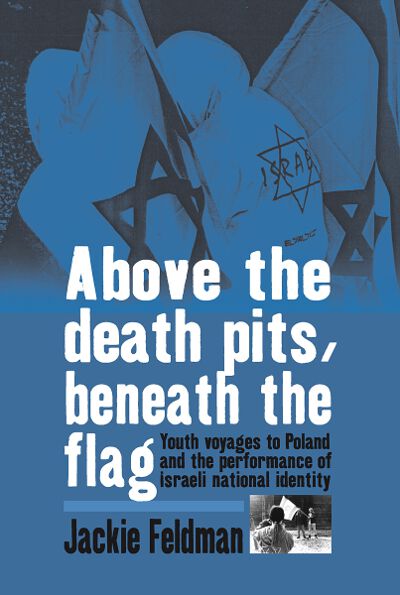 Published April 2008
Published April 2008 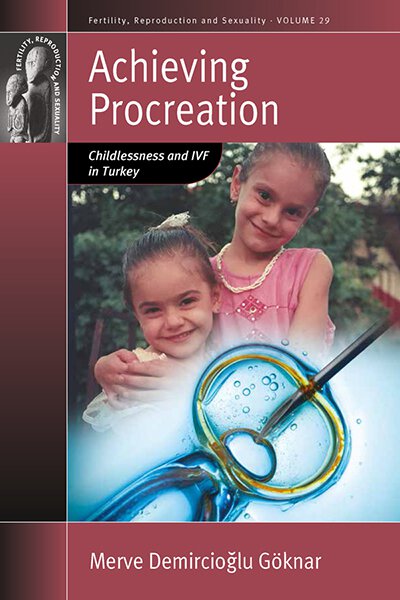 Published June 2015
Published June 2015 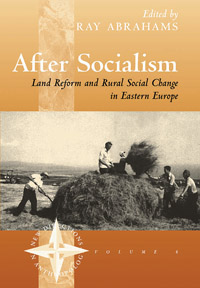 Published August 1996
Published August 1996 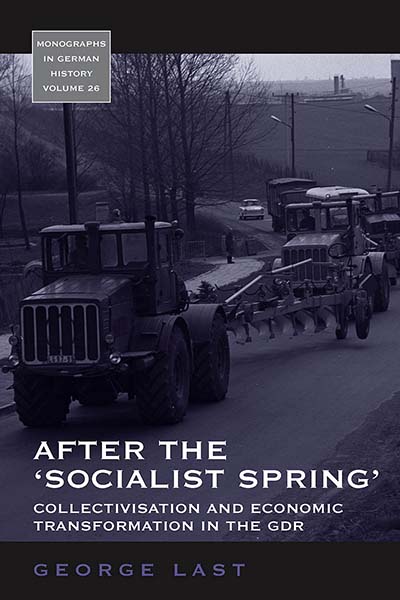 Published March 2009
Published March 2009 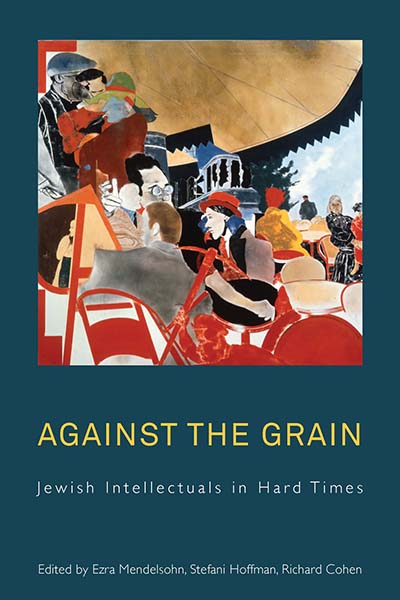 Published October 2013
Published October 2013 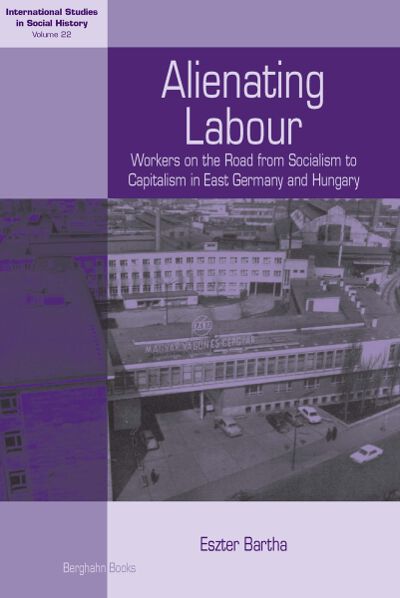 Published November 2013
Published November 2013 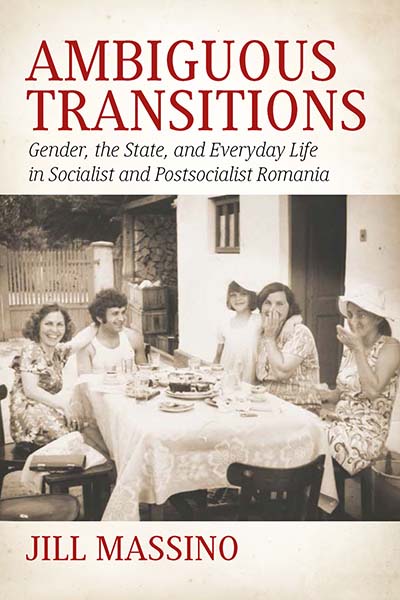 Published July 2019
Published July 2019 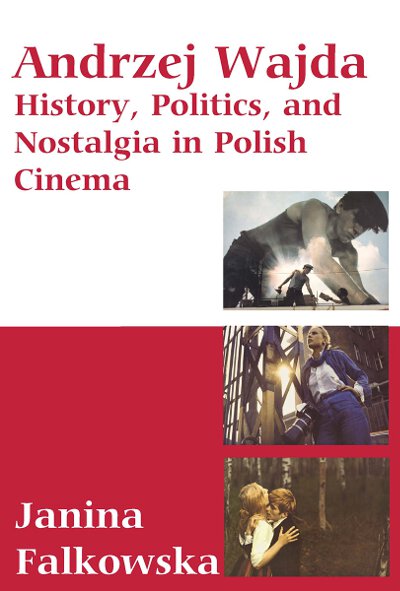 Published December 2006
Published December 2006  Published August 2020
Published August 2020 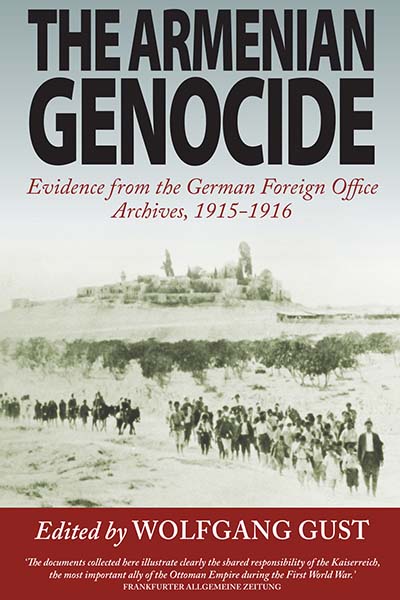 Published December 2013
Published December 2013 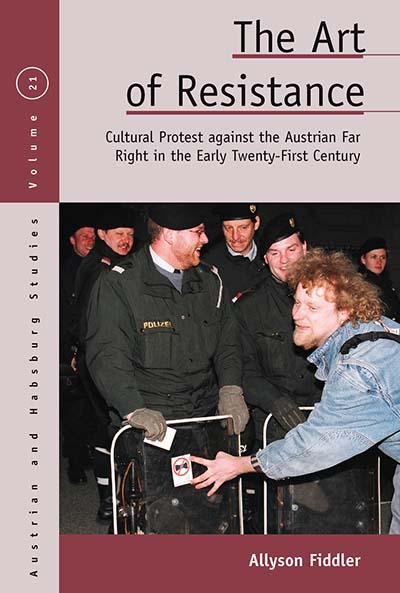 Published October 2018
Published October 2018 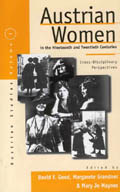 Published October 1996
Published October 1996  Published July 2025
Published July 2025 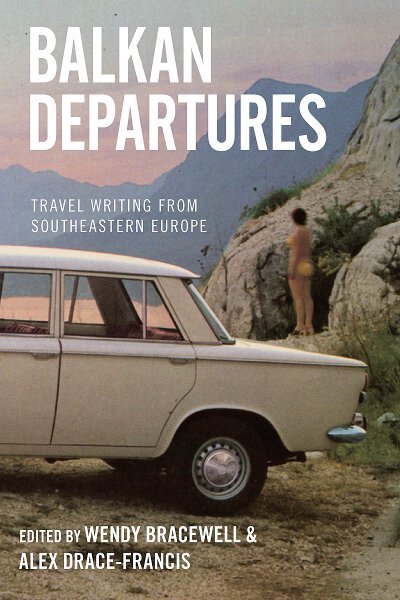 Published May 2009
Published May 2009 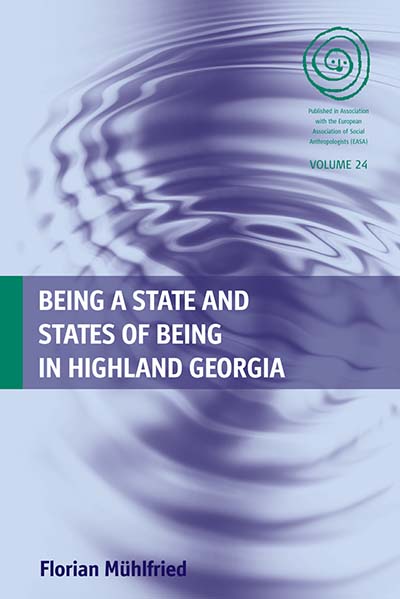 Published May 2014
Published May 2014 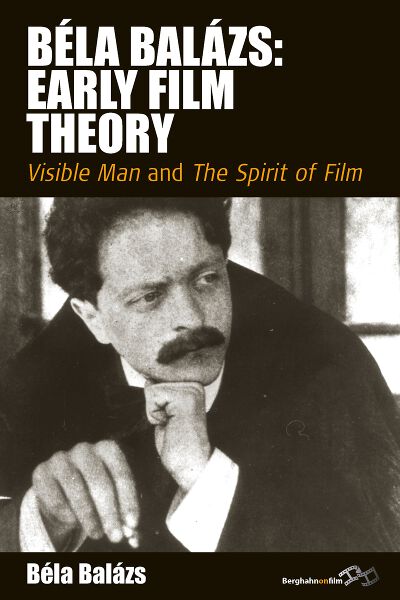 Published May 2010
Published May 2010 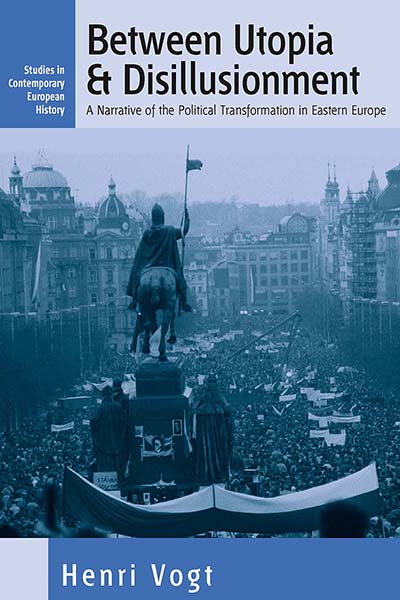 Published November 2004
Published November 2004 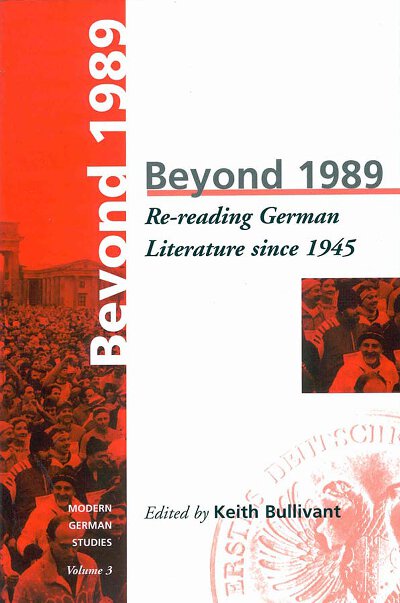 Published September 1997
Published September 1997 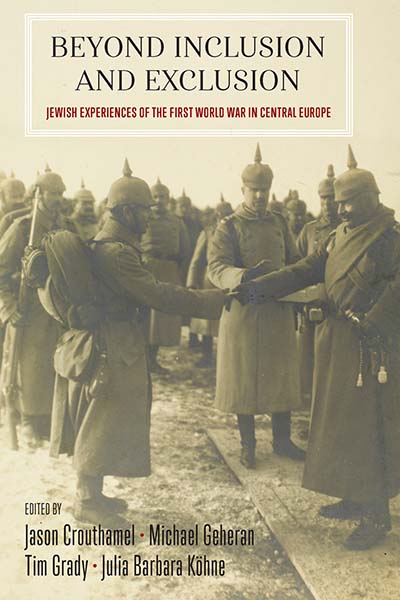 Published November 2018
Published November 2018 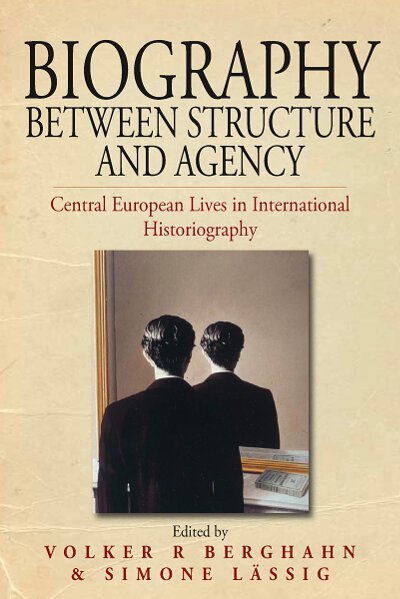 Published September 2008
Published September 2008 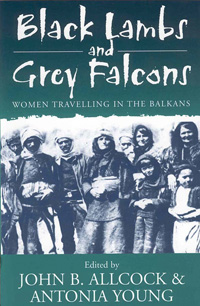 Published November 2000
Published November 2000 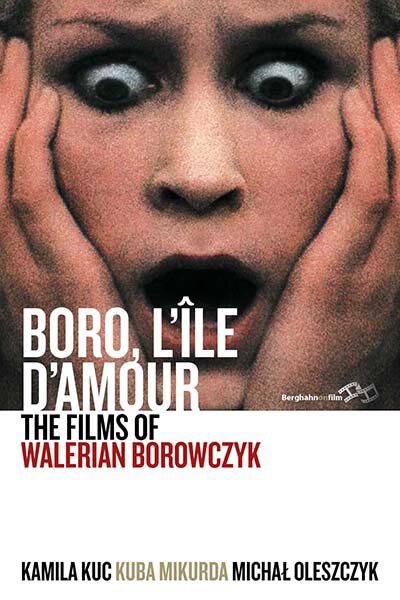 Published August 2015
Published August 2015 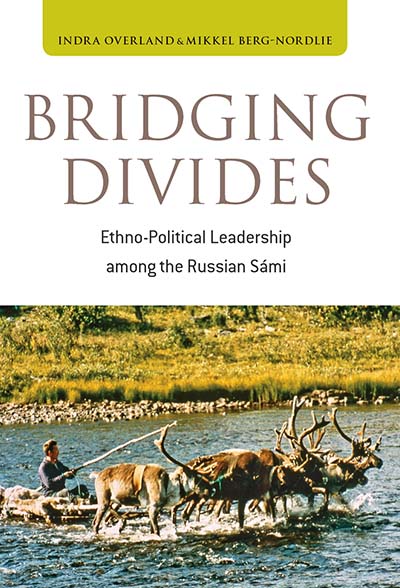 Published September 2012
Published September 2012 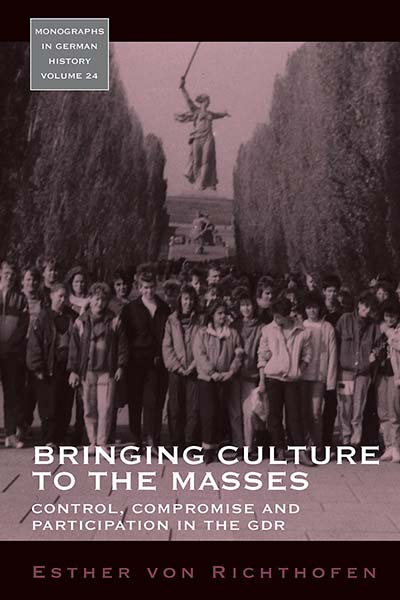 Published March 2009
Published March 2009 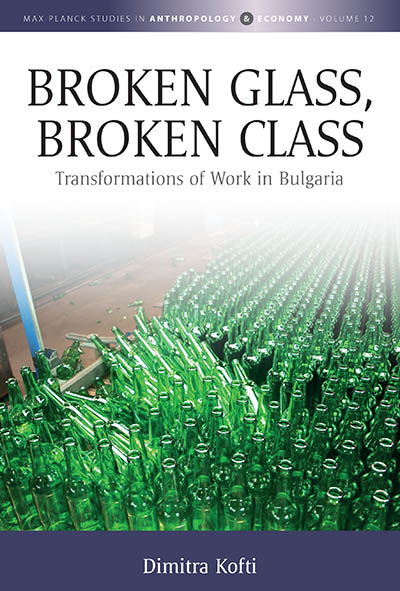 Published August 2023
Published August 2023  Published August 2025
Published August 2025 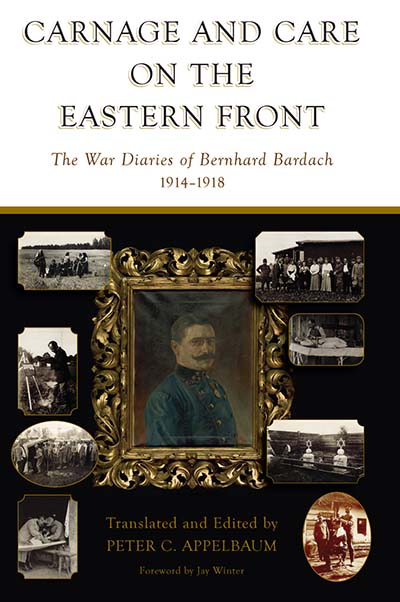 Published August 2018
Published August 2018 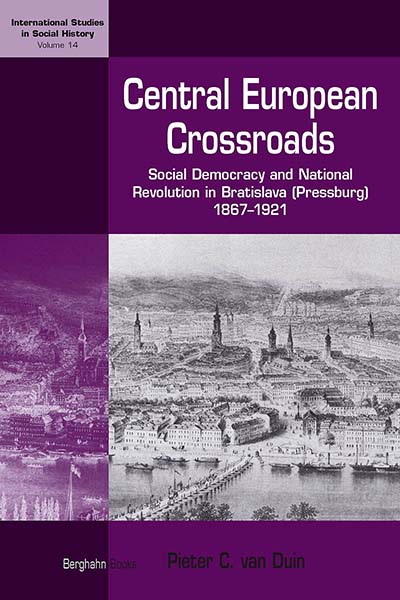 Published May 2009
Published May 2009  Published June 2025
Published June 2025 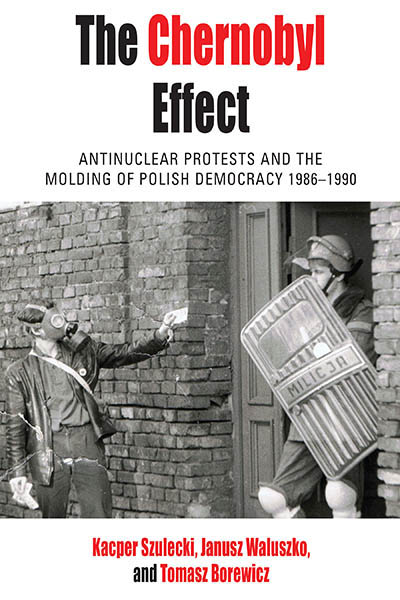 Published September 2022
Published September 2022 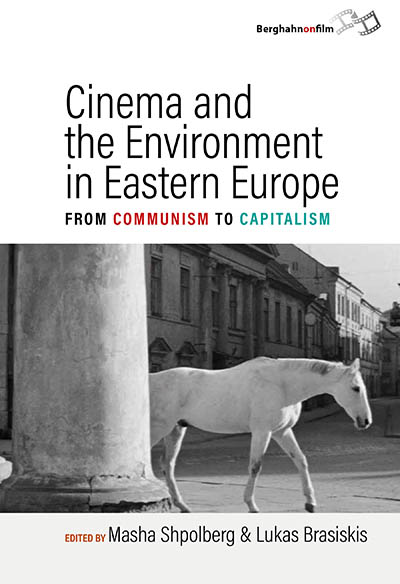 Published October 2023
Published October 2023 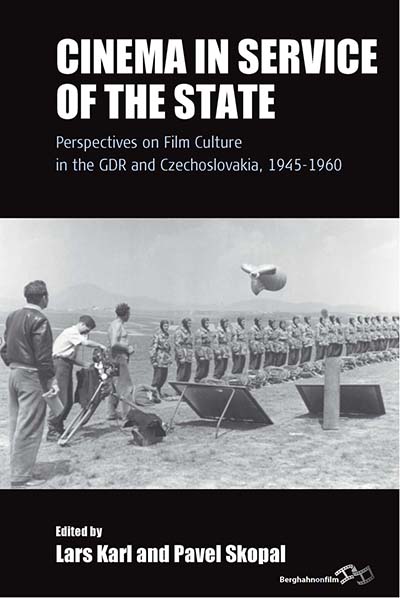 Published December 2015
Published December 2015 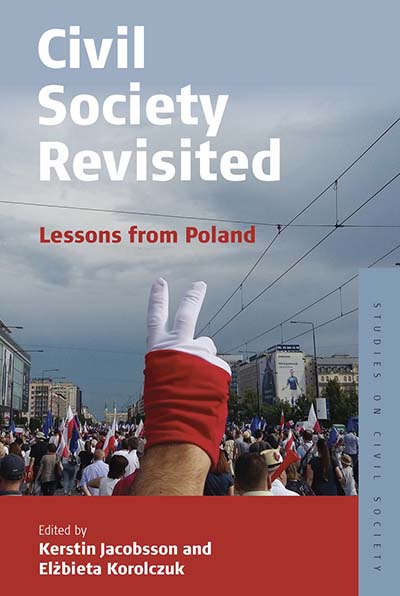 Published June 2017
Published June 2017 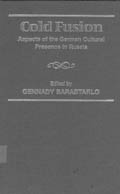 Published May 2000
Published May 2000 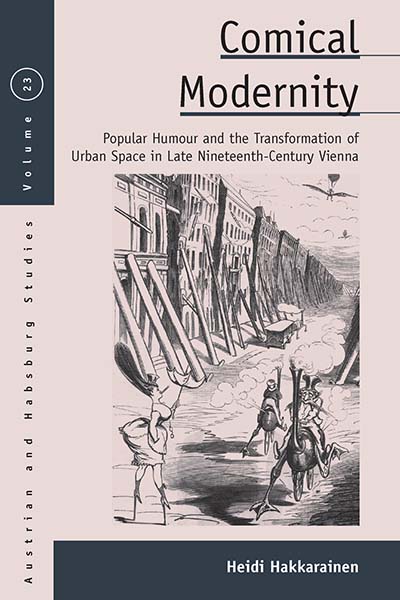 Published July 2019
Published July 2019 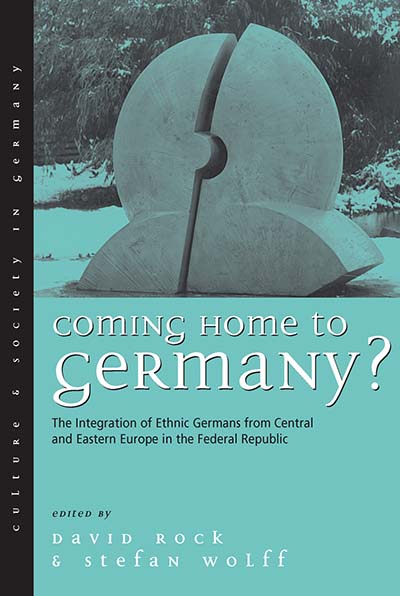 Published June 2002
Published June 2002 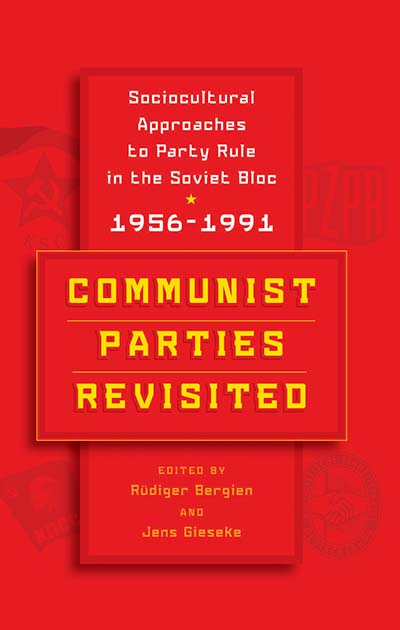 Published January 2018
Published January 2018 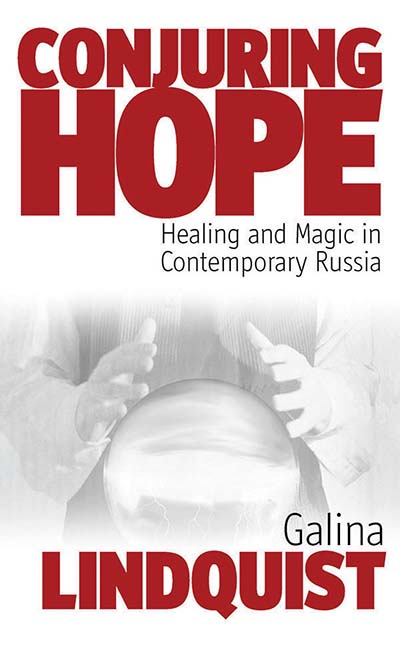 Published December 2005
Published December 2005 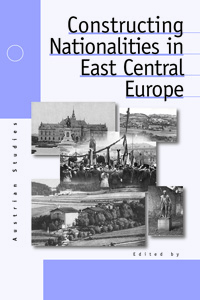 Published November 2004
Published November 2004 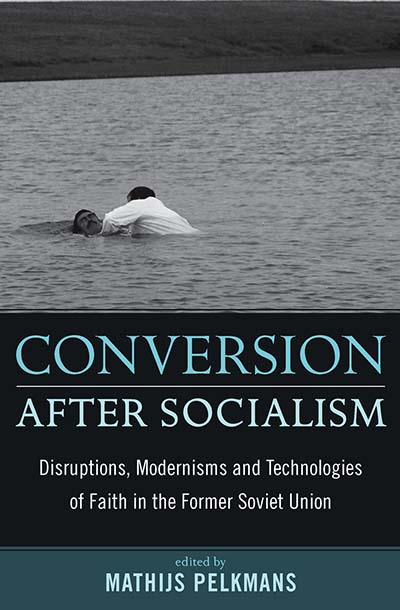 Published November 2009
Published November 2009 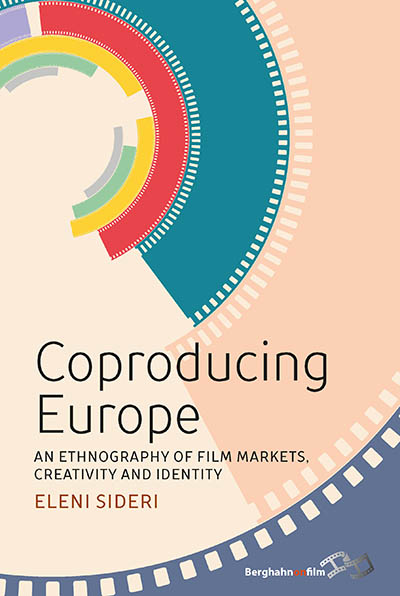 Published May 2023
Published May 2023 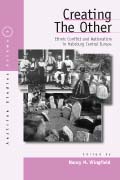 Published October 2003
Published October 2003 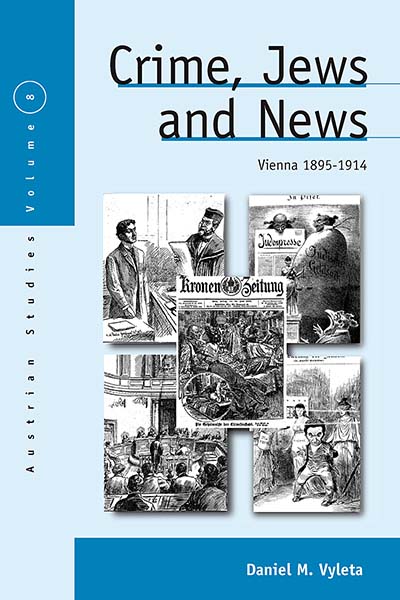 Published January 2007
Published January 2007 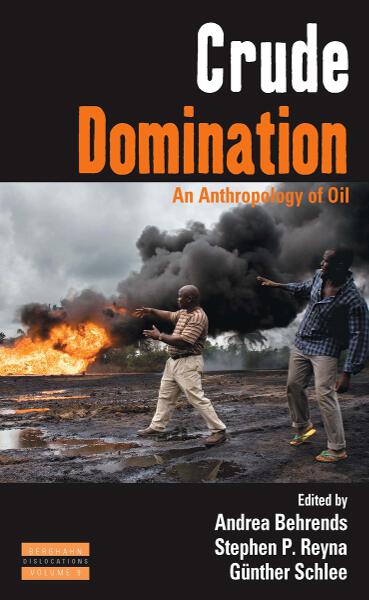 Published October 2011
Published October 2011 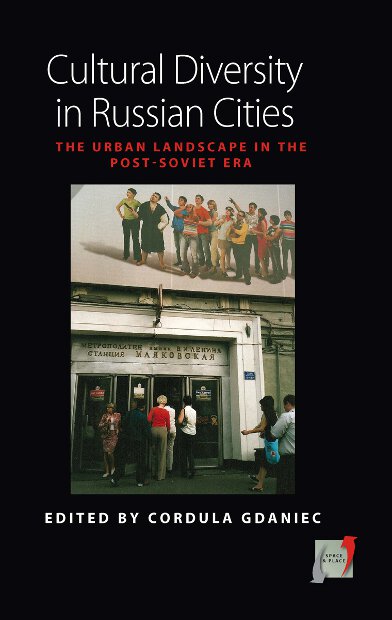 Published May 2010
Published May 2010 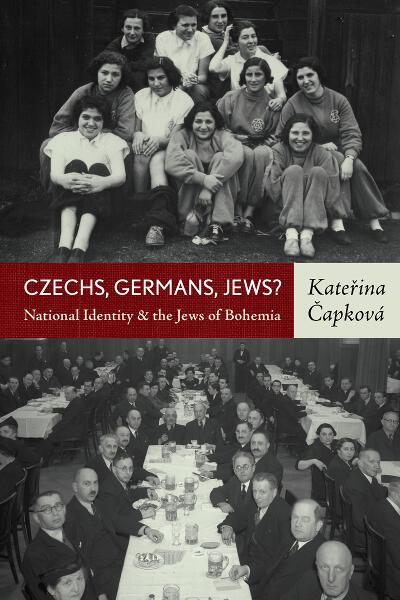 Published May 2012
Published May 2012 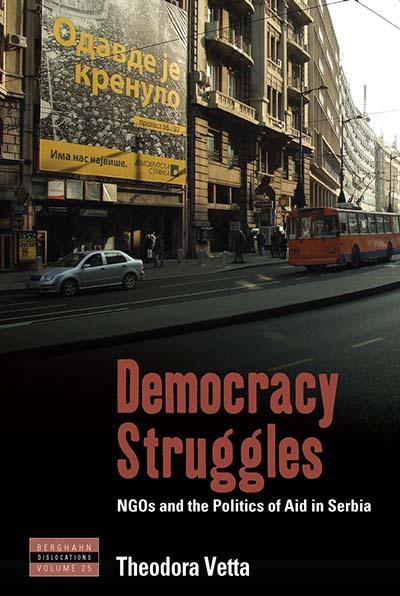 Published December 2018
Published December 2018 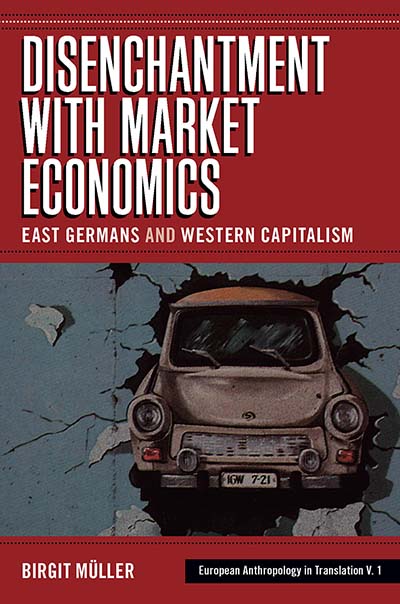 Published January 2007
Published January 2007  Published February 2025
Published February 2025 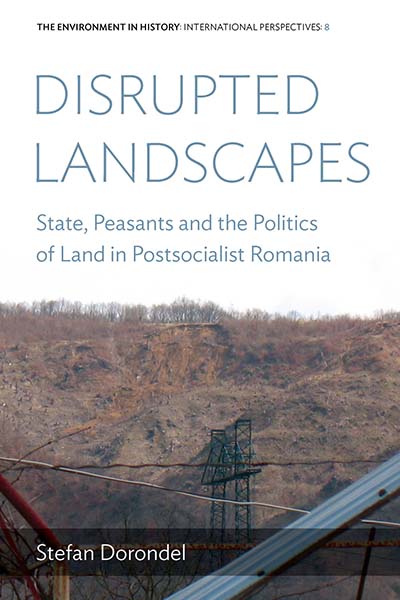 Published March 2016
Published March 2016 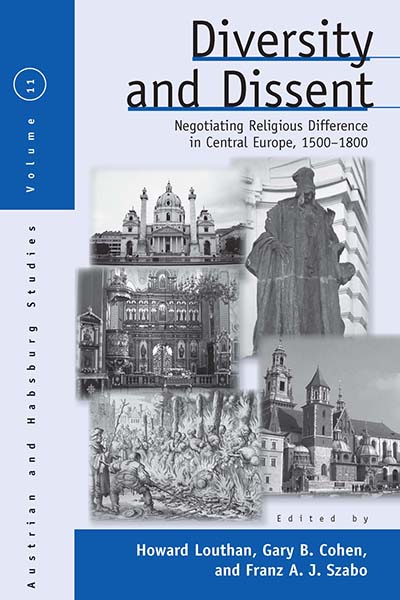 Published March 2011
Published March 2011 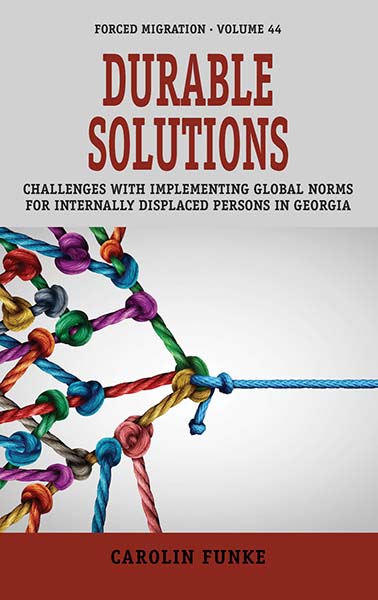 Published February 2022
Published February 2022 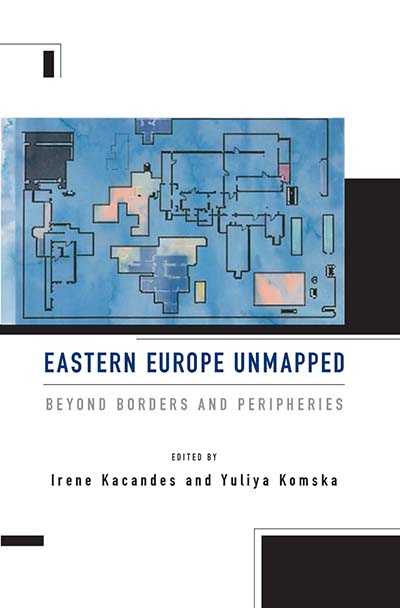 Published October 2017
Published October 2017 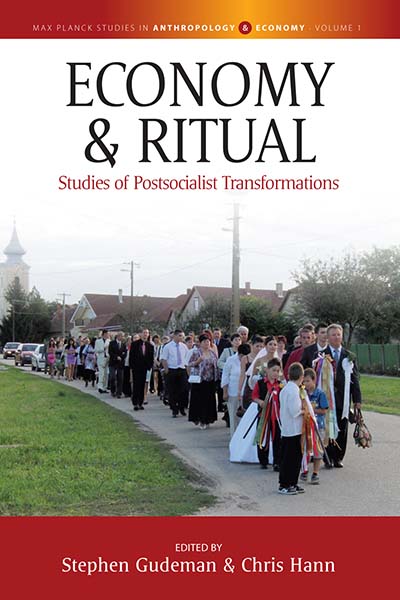 Published February 2015
Published February 2015 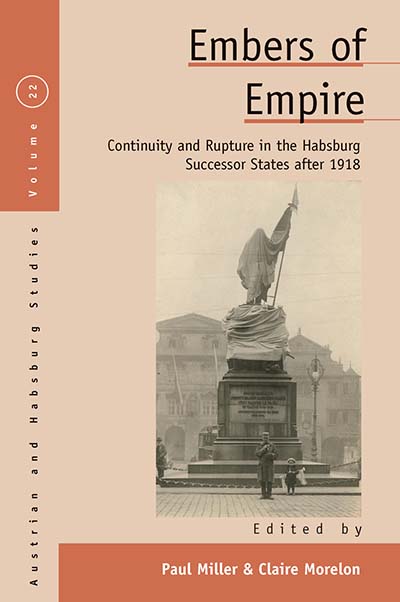 Published November 2018
Published November 2018 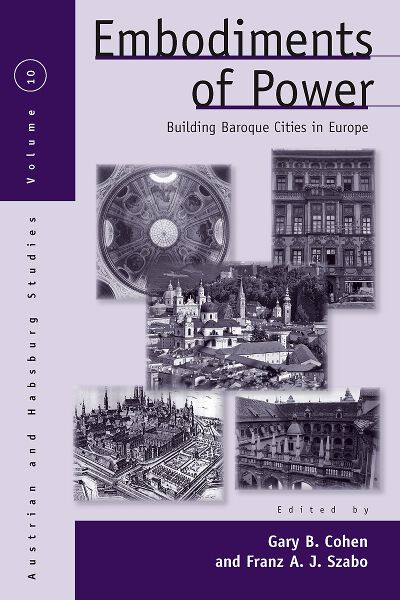 Published July 2008
Published July 2008 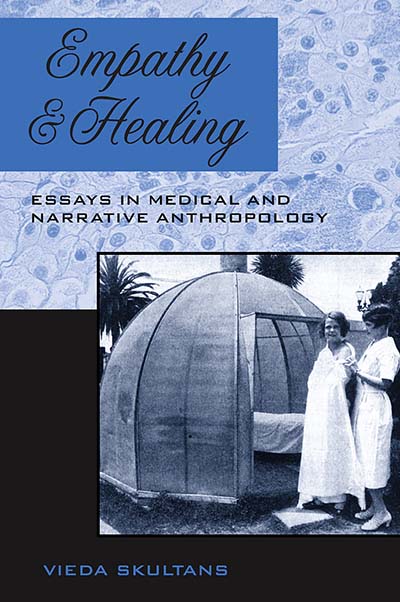 Published March 2008
Published March 2008  Forthcoming April 2026
Forthcoming April 2026 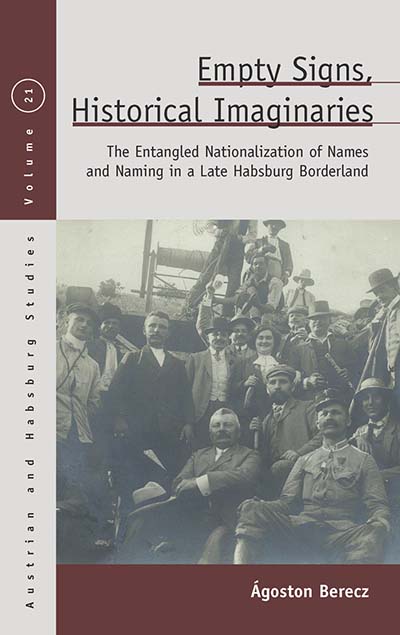 Published March 2020
Published March 2020 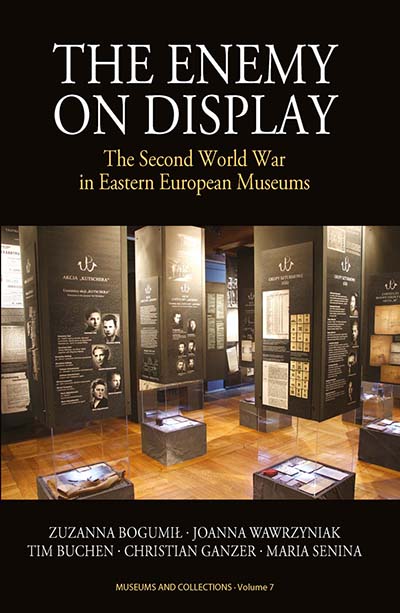 Published June 2015
Published June 2015 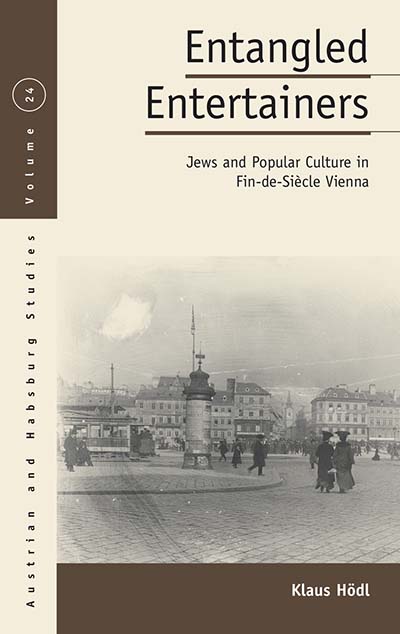 Published September 2019
Published September 2019 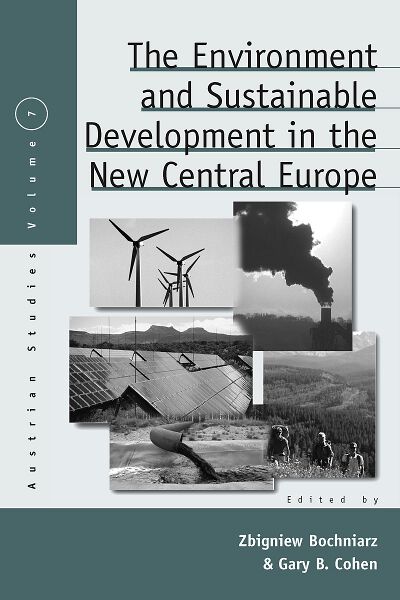 Published June 2006
Published June 2006 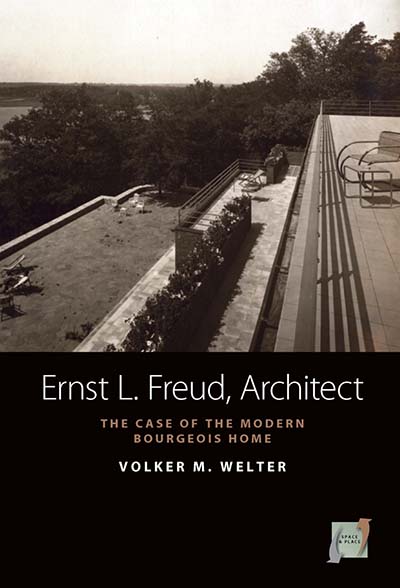 Published October 2011
Published October 2011 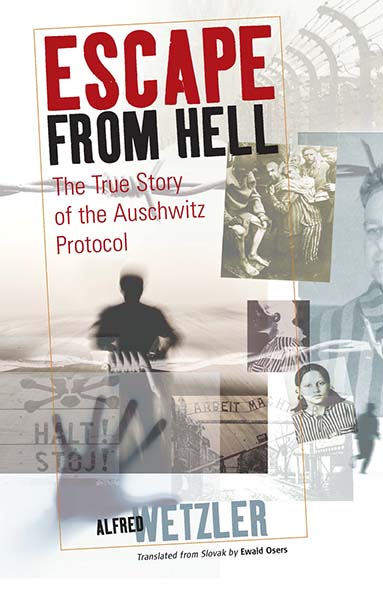 Published April 2007
Published April 2007 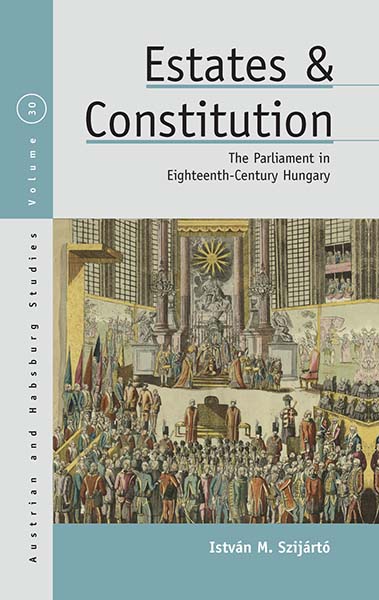 Published September 2020
Published September 2020 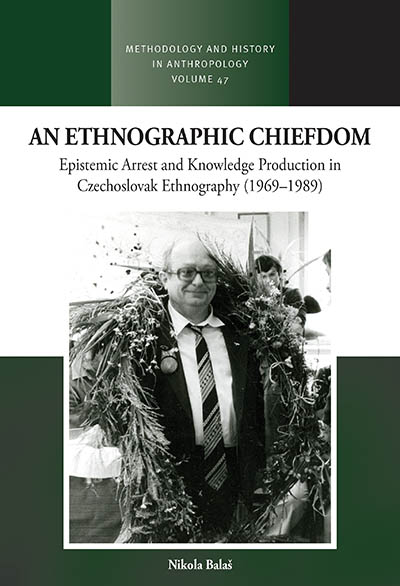 Published October 2024
Published October 2024  Published November 2025
Published November 2025 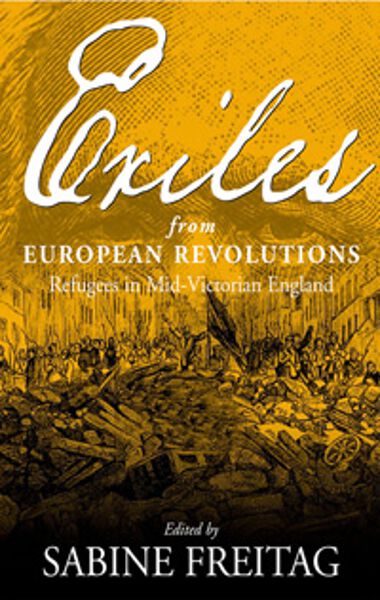 Published July 2003
Published July 2003 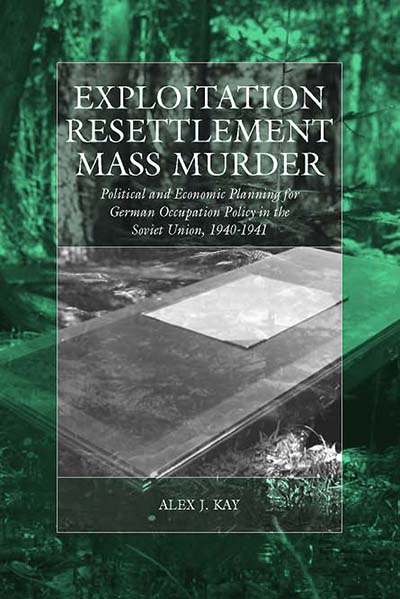 Published October 2006
Published October 2006 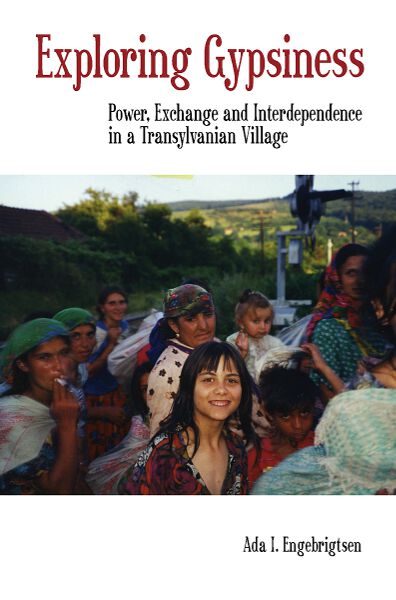 Published March 2007
Published March 2007 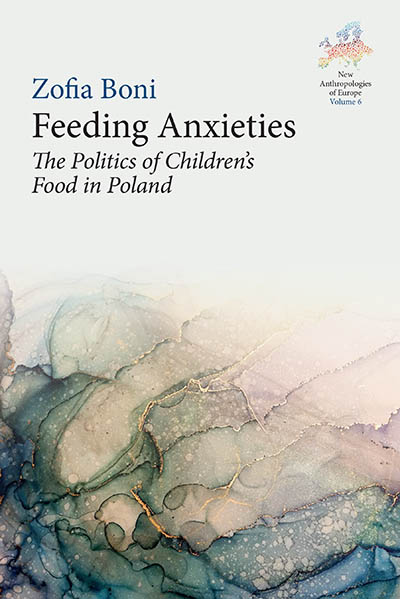 Published March 2023
Published March 2023 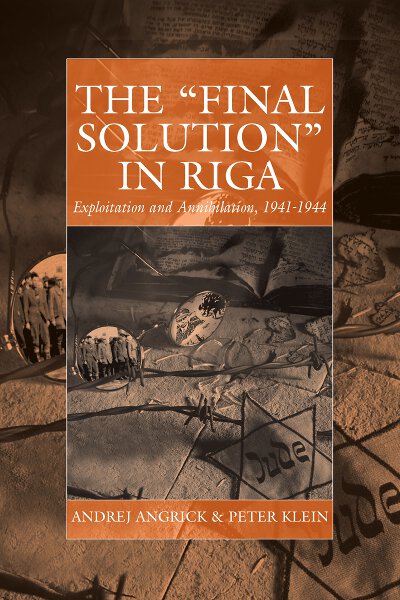 Published November 2009
Published November 2009  Published March 2023
Published March 2023 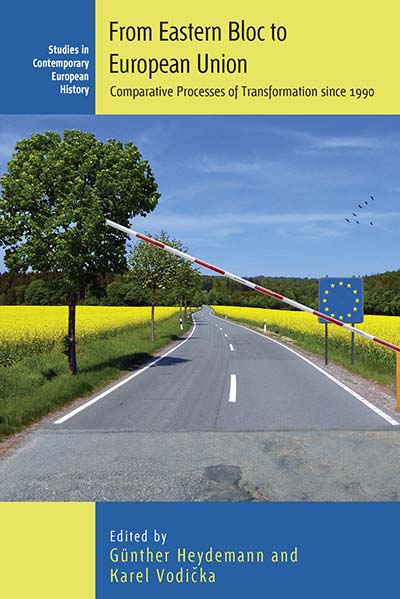 Published October 2017
Published October 2017 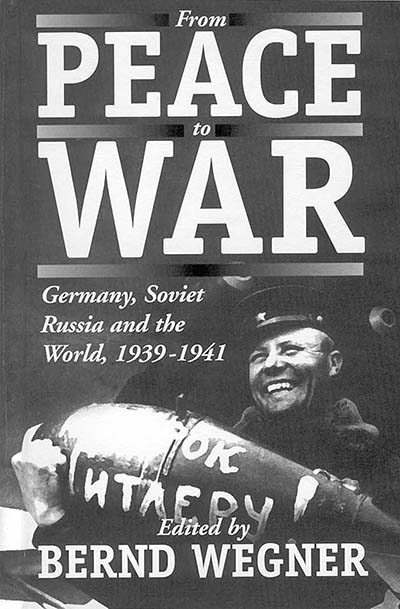 Published January 1997
Published January 1997 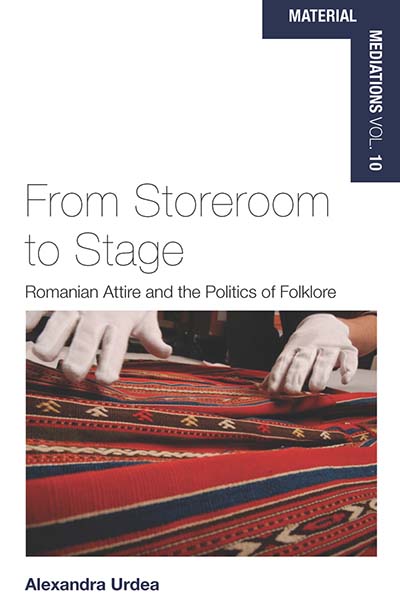 Published December 2018
Published December 2018 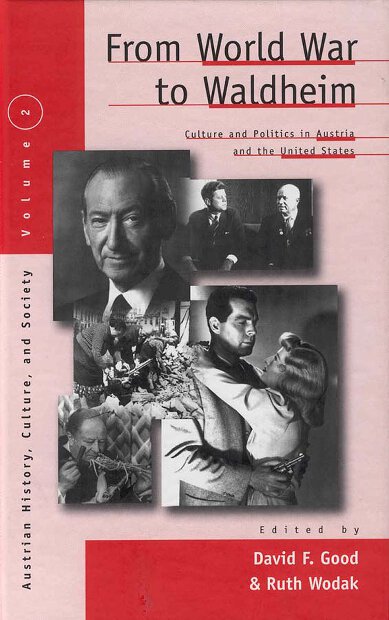 Published April 1999
Published April 1999 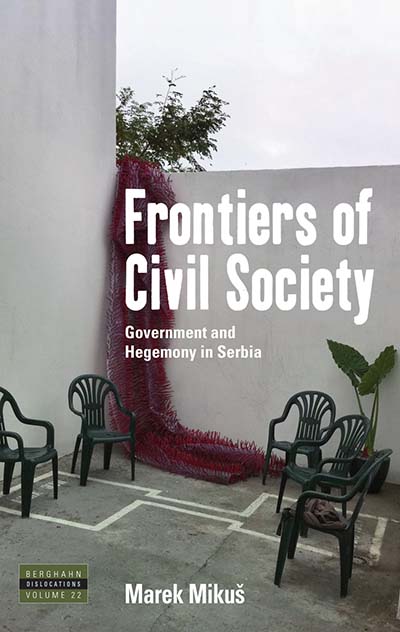 Published June 2018
Published June 2018  Published October 2025
Published October 2025  Published October 2017
Published October 2017  Published July 2025
Published July 2025 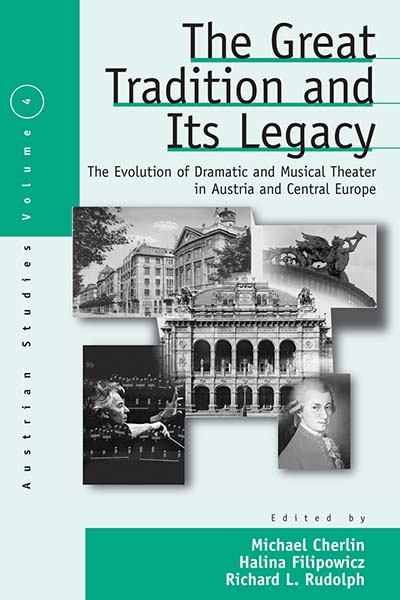 Published October 2003
Published October 2003 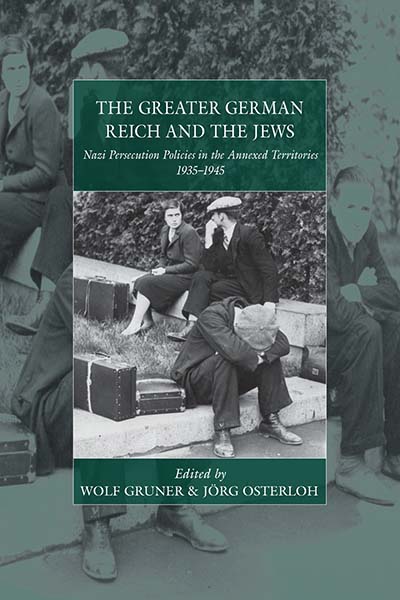 Published January 2015
Published January 2015 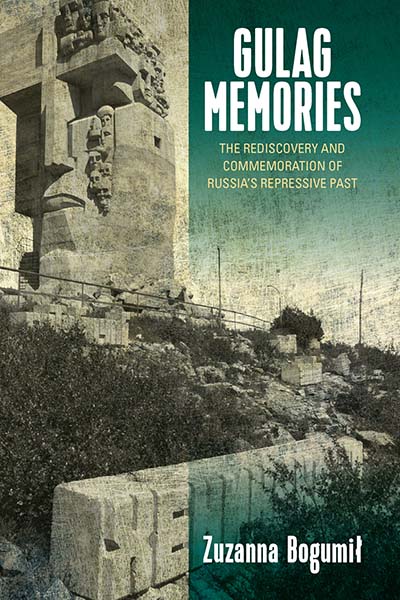 Published September 2018
Published September 2018  Published May 2025
Published May 2025  Published November 2025
Published November 2025 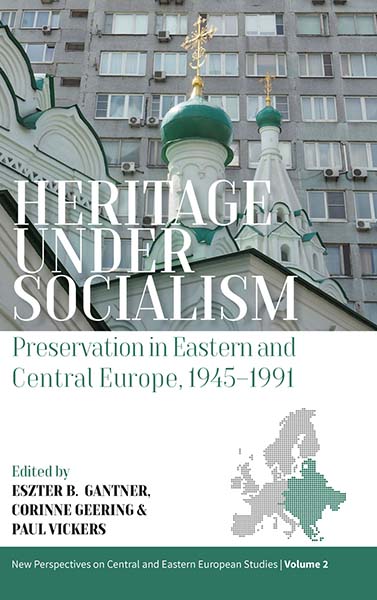 Published October 2021
Published October 2021 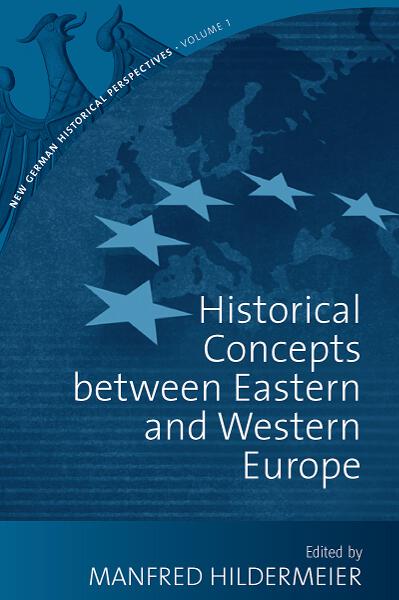 Published June 2007
Published June 2007 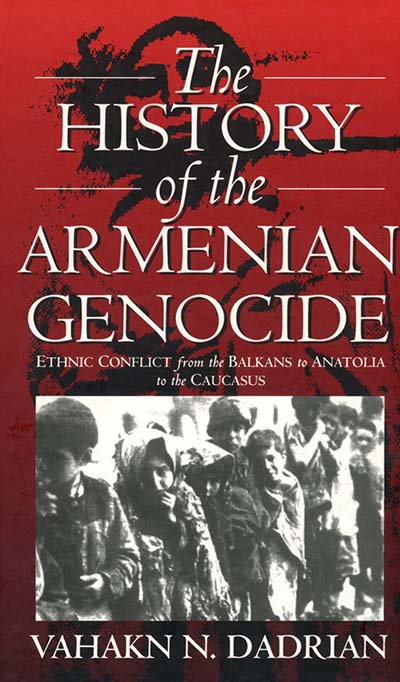 Published December 2003
Published December 2003 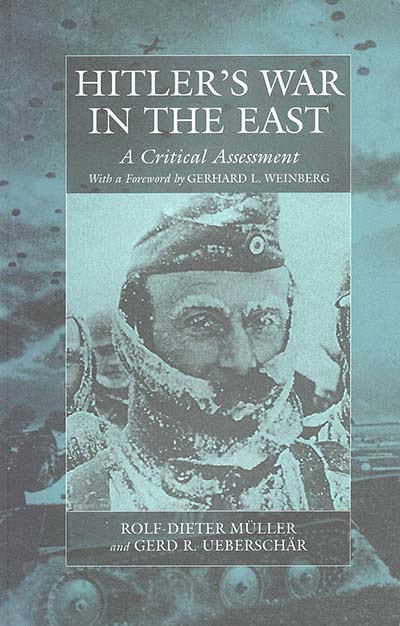 Published December 2008
Published December 2008 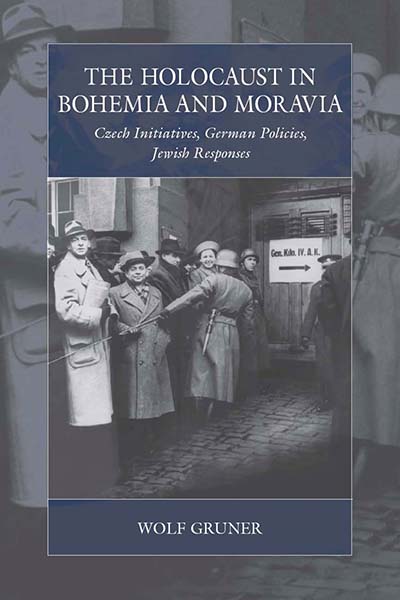 Published September 2019
Published September 2019 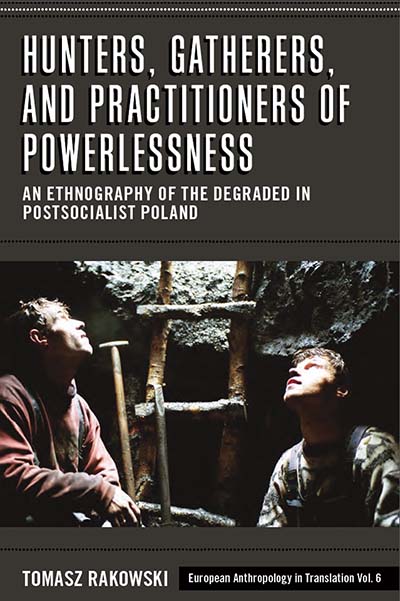 Published October 2016
Published October 2016 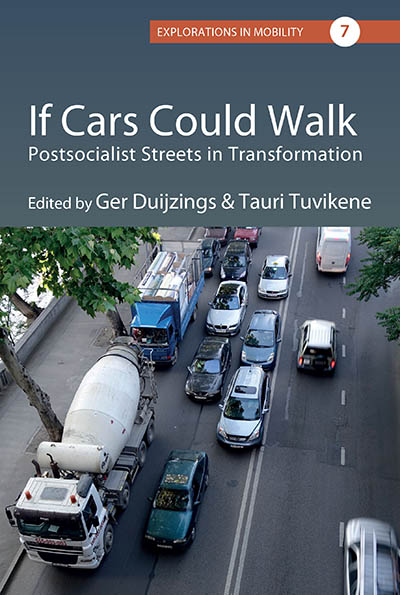 Published July 2023
Published July 2023 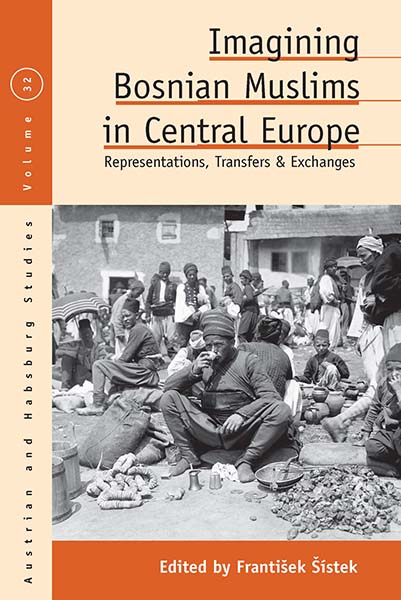 Published January 2021
Published January 2021 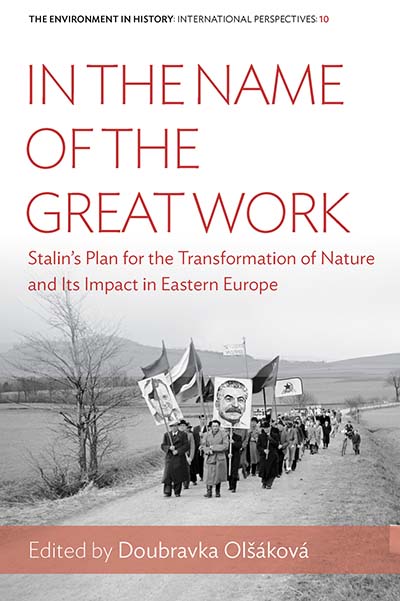 Published September 2016
Published September 2016 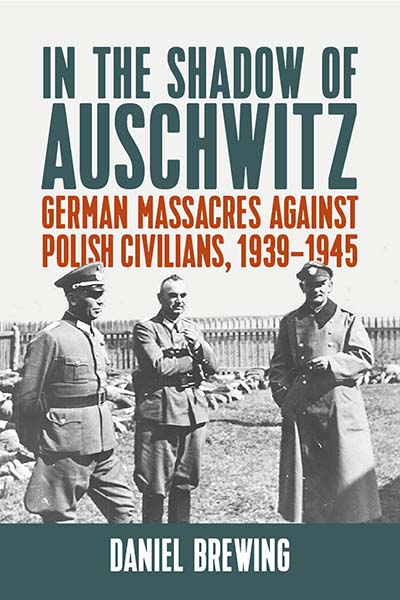 Published June 2022
Published June 2022 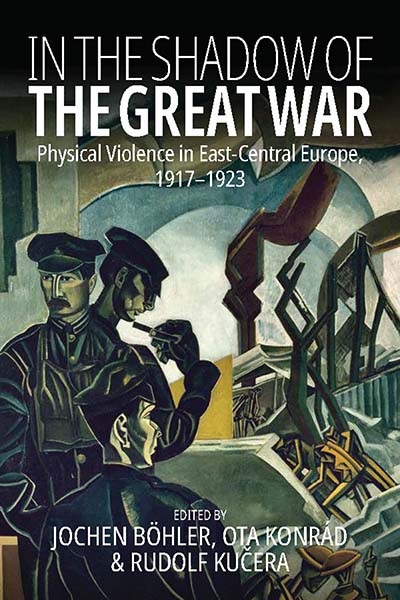 Published January 2021
Published January 2021 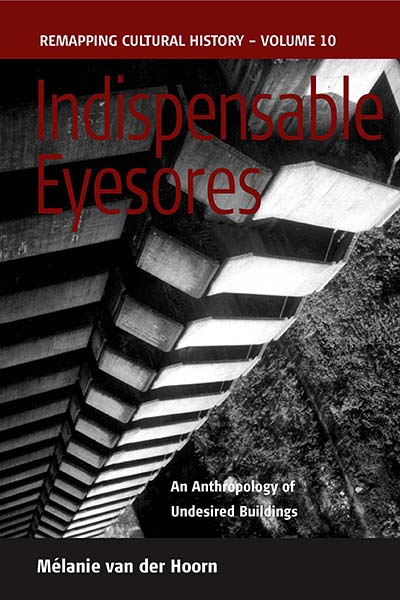 Published May 2009
Published May 2009 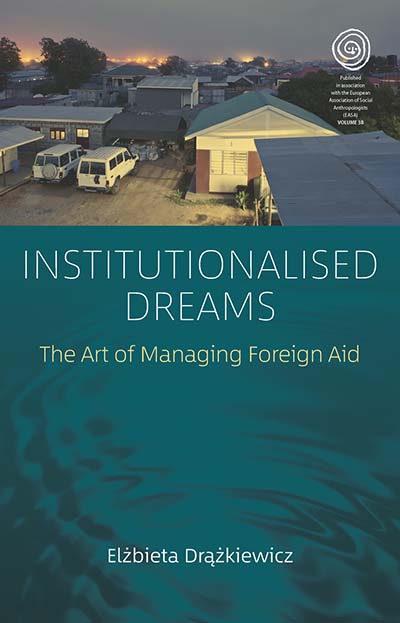 Published January 2020
Published January 2020 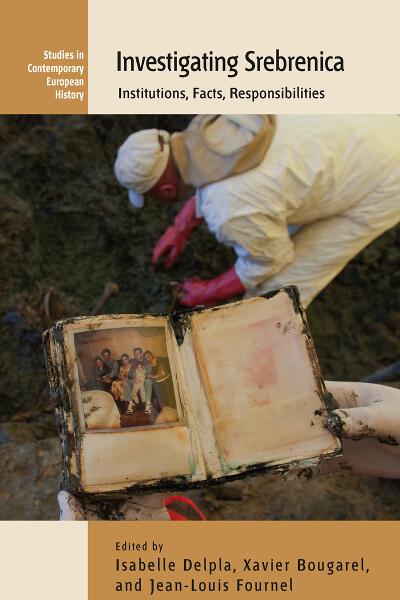 Published June 2012
Published June 2012 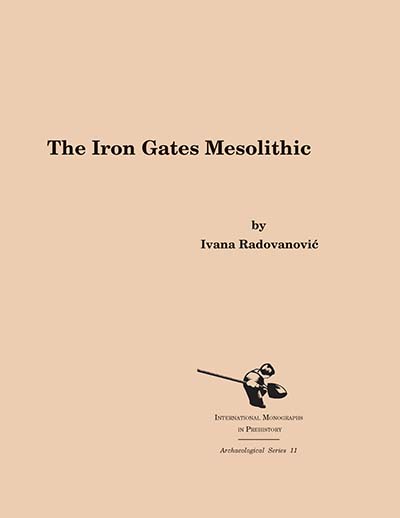 Published December 1996
Published December 1996 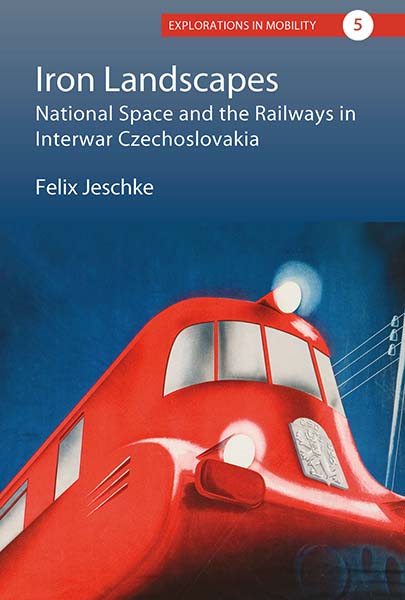 Published August 2021
Published August 2021 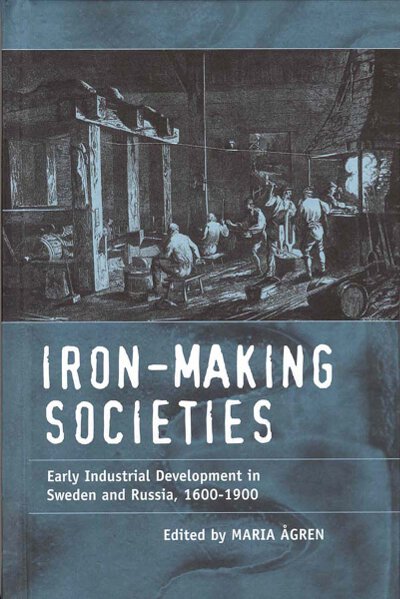 Published March 1998
Published March 1998 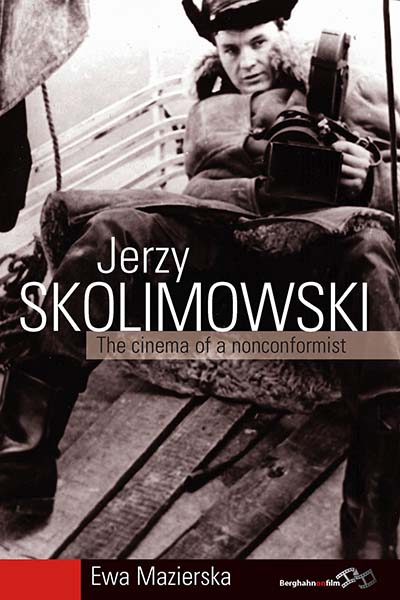 Published March 2010
Published March 2010 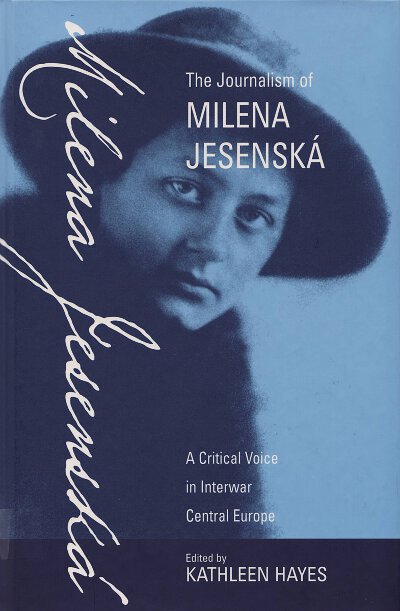 Published February 2003
Published February 2003 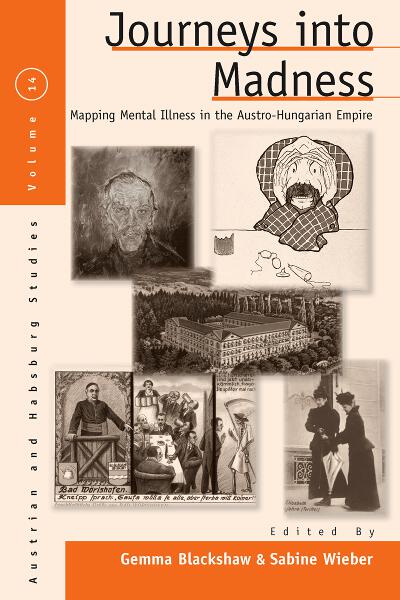 Published June 2012
Published June 2012 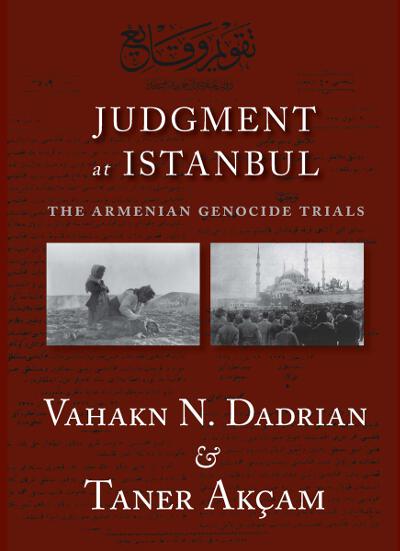 Published December 2011
Published December 2011 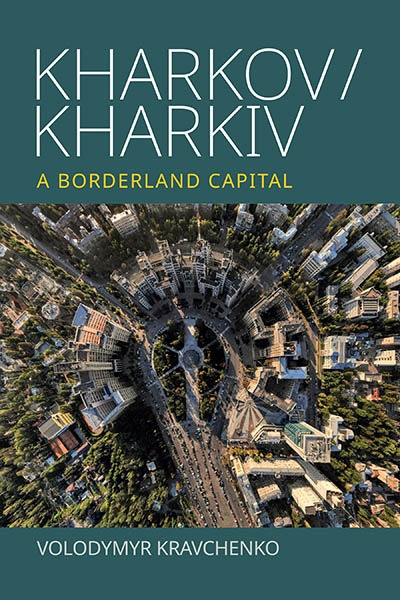 Published April 2023
Published April 2023 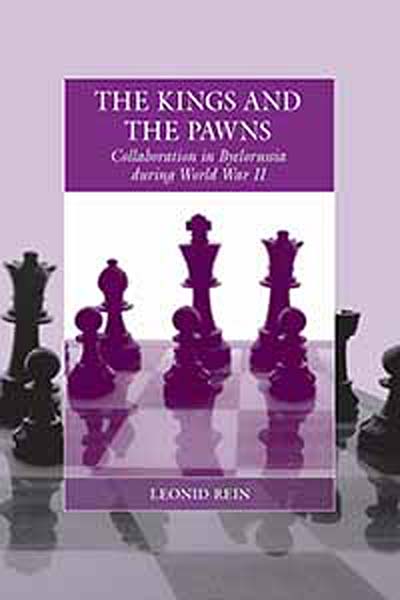 Published March 2011
Published March 2011 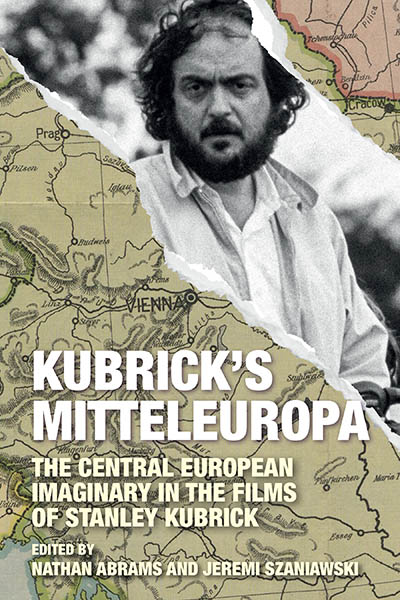 Published October 2024
Published October 2024 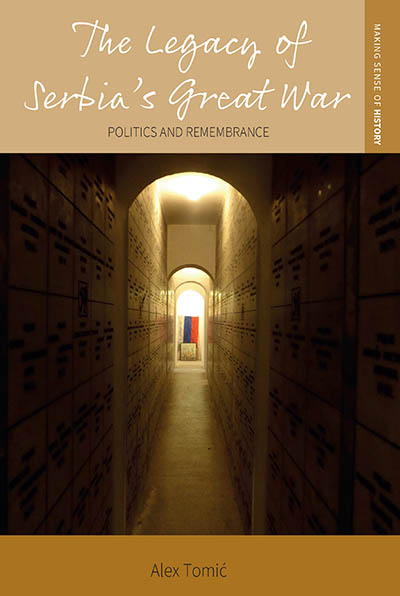 Published January 2024
Published January 2024  Published July 2025
Published July 2025 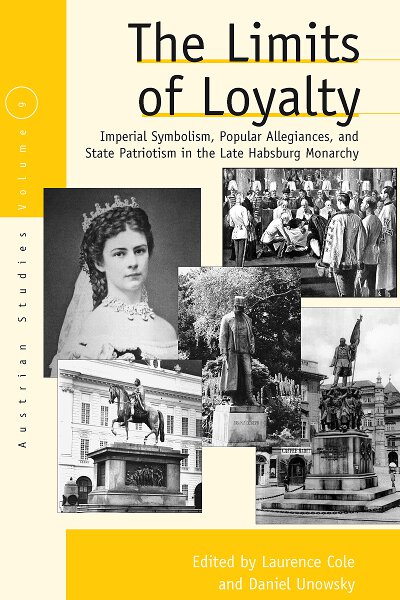 Published November 2007
Published November 2007 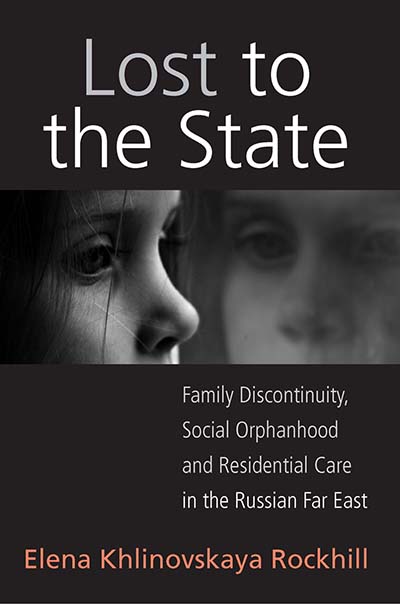 Published December 2010
Published December 2010 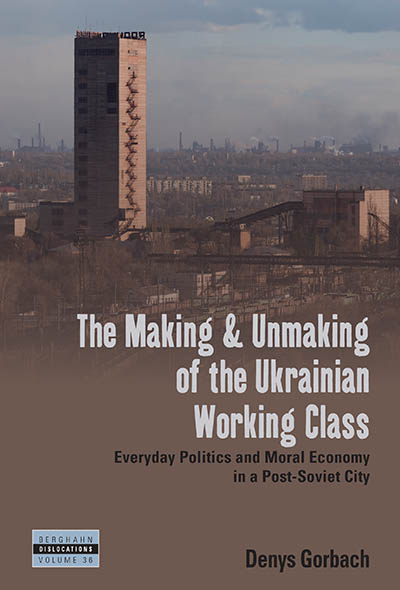 Published March 2024
Published March 2024 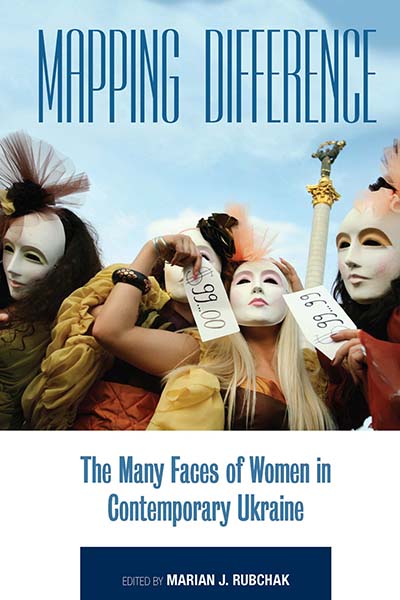 Published April 2011
Published April 2011 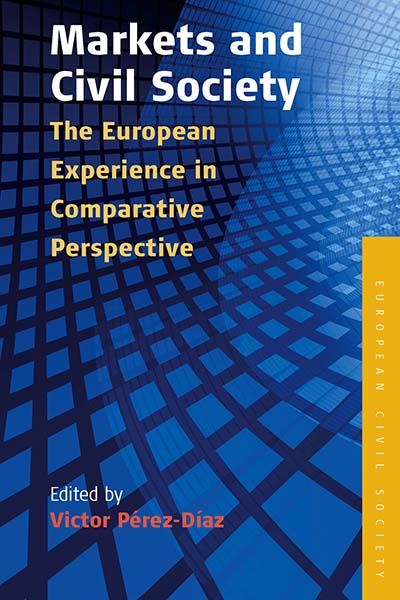 Published July 2009
Published July 2009 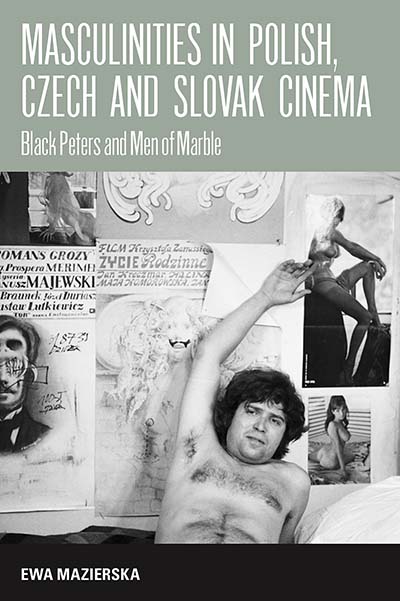 Published November 2008
Published November 2008 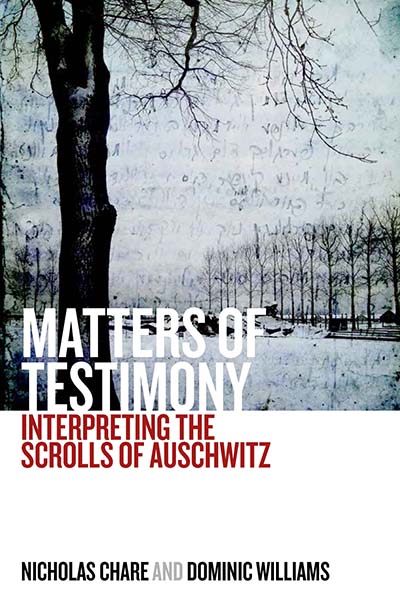 Published December 2015
Published December 2015 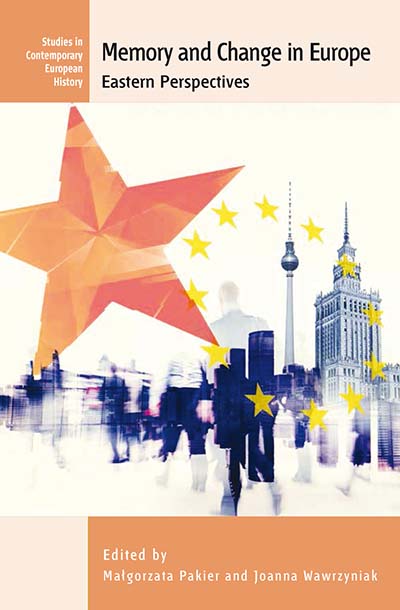 Published November 2015
Published November 2015 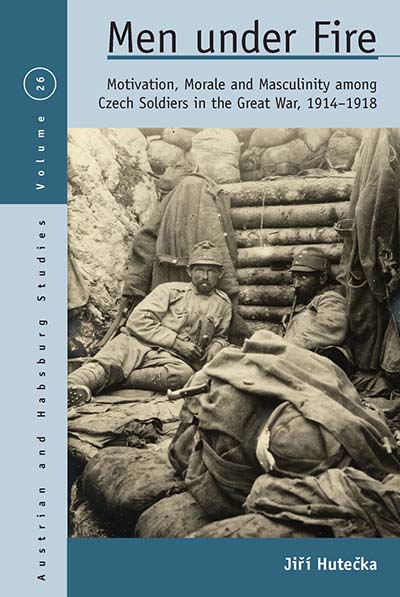 Published December 2019
Published December 2019 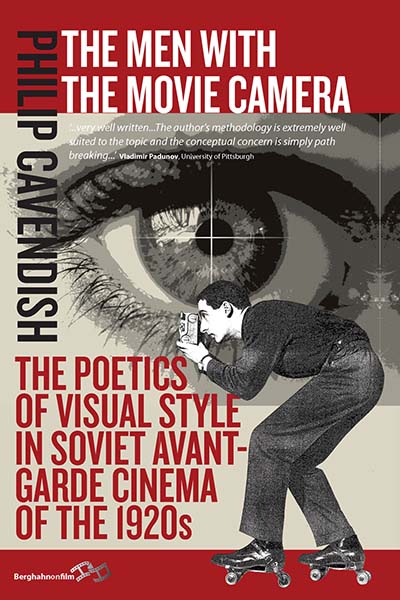 Published December 2013
Published December 2013 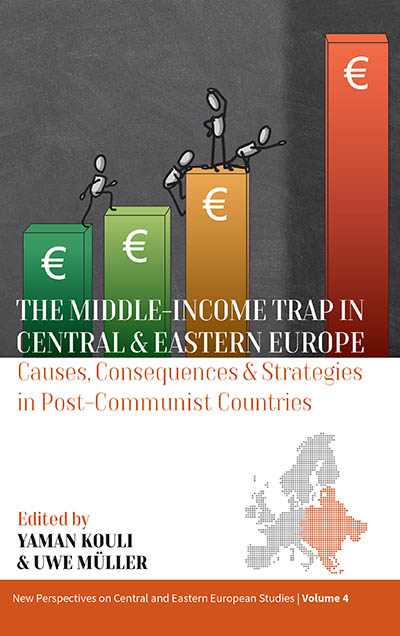 Published November 2023
Published November 2023 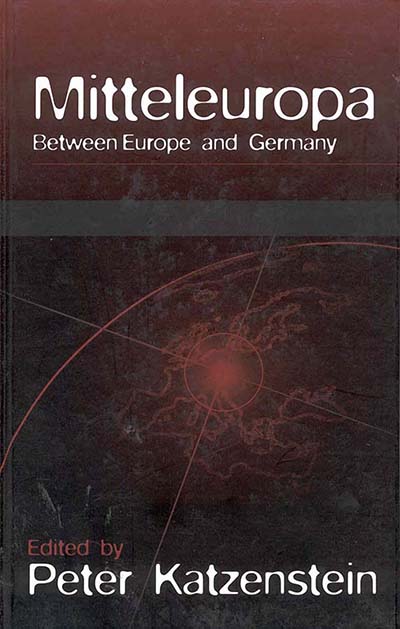 Published January 1998
Published January 1998 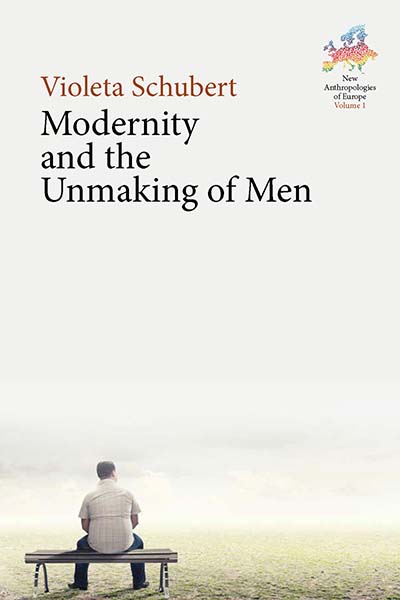 Published August 2020
Published August 2020 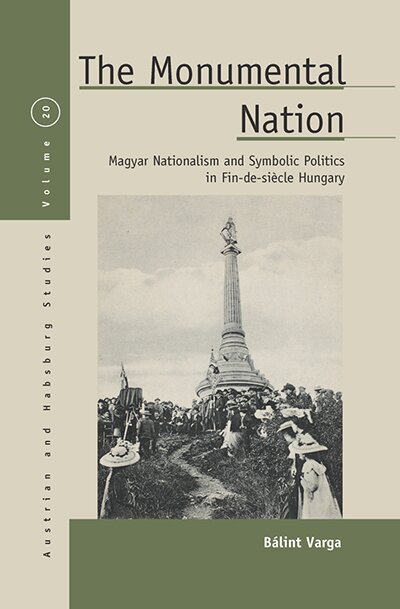 Published December 2016
Published December 2016 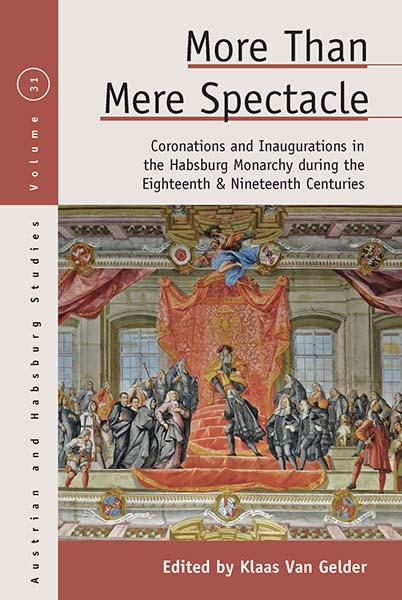 Published February 2021
Published February 2021 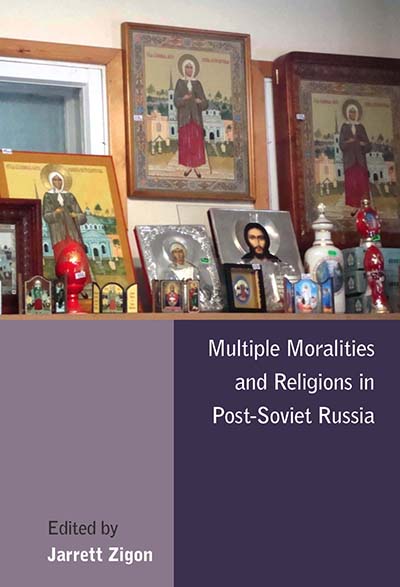 Published September 2011
Published September 2011 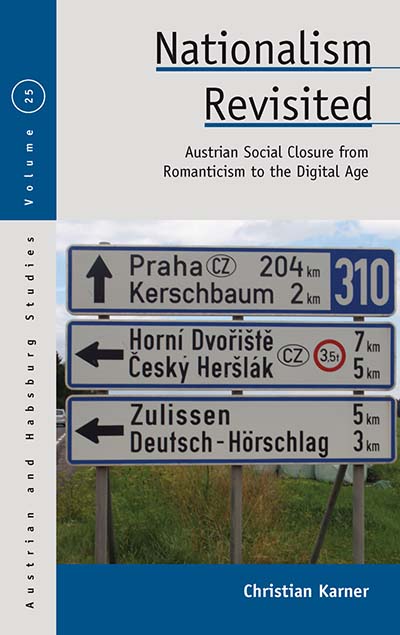 Published December 2019
Published December 2019 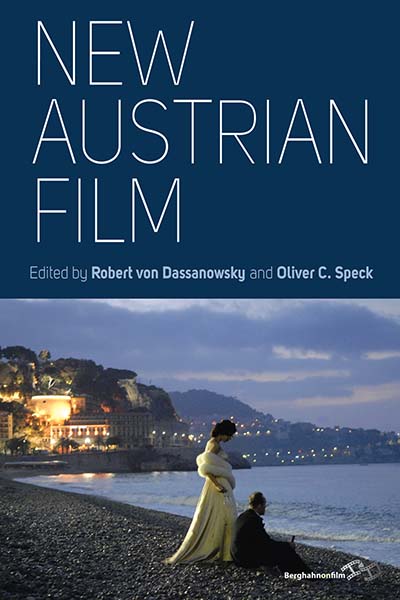 Published April 2011
Published April 2011 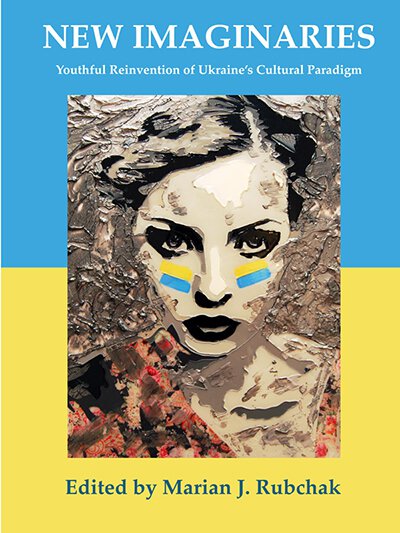 Published June 2015
Published June 2015 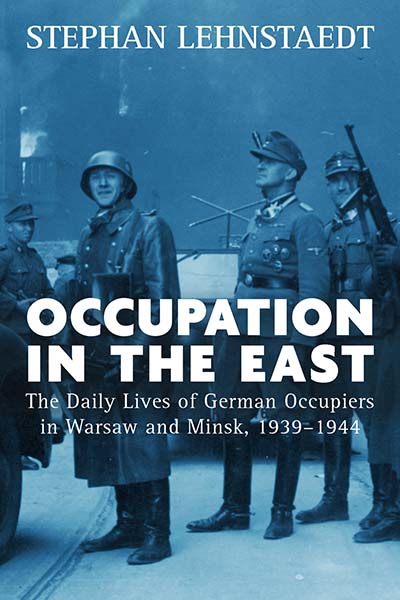 Published November 2016
Published November 2016  Forthcoming June 2026
Forthcoming June 2026 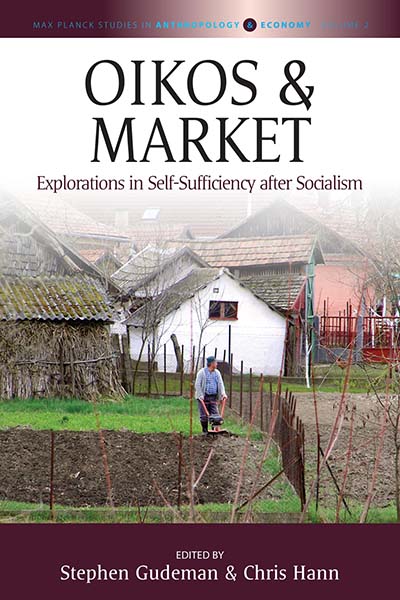 Published June 2015
Published June 2015 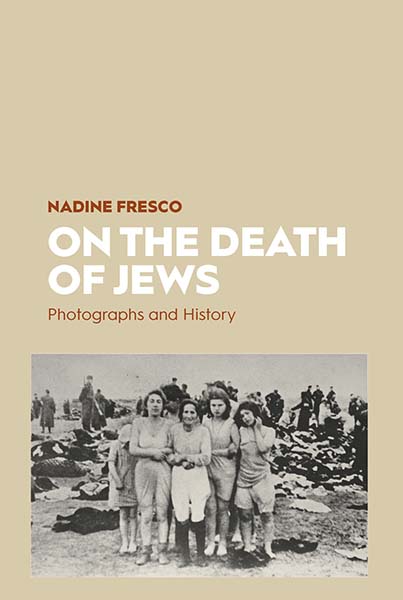 Published March 2021
Published March 2021 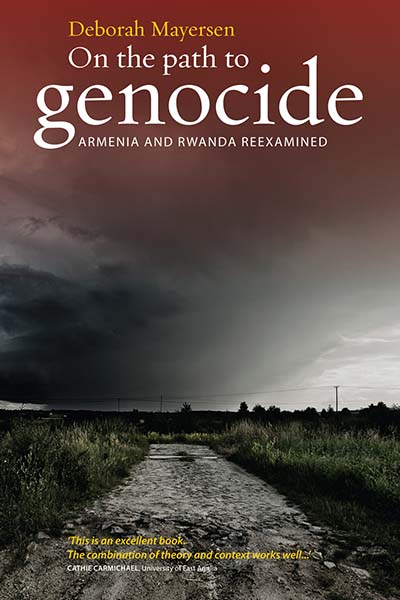 Published April 2014
Published April 2014  Published November 2024
Published November 2024 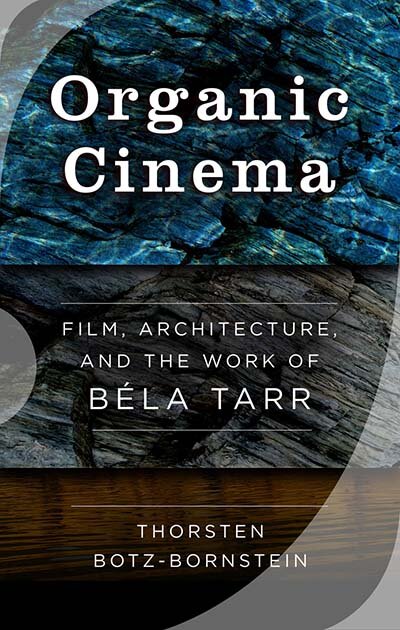 Published June 2017
Published June 2017 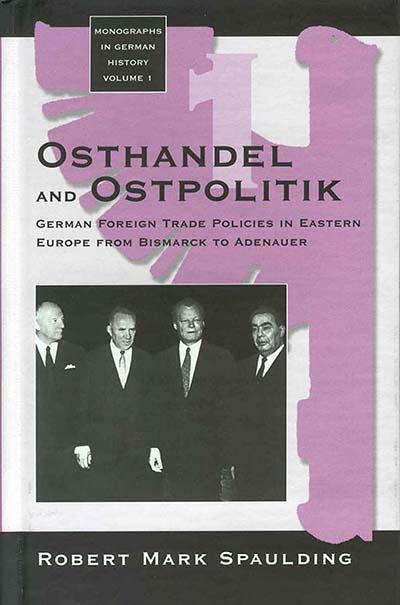 Published June 1997
Published June 1997 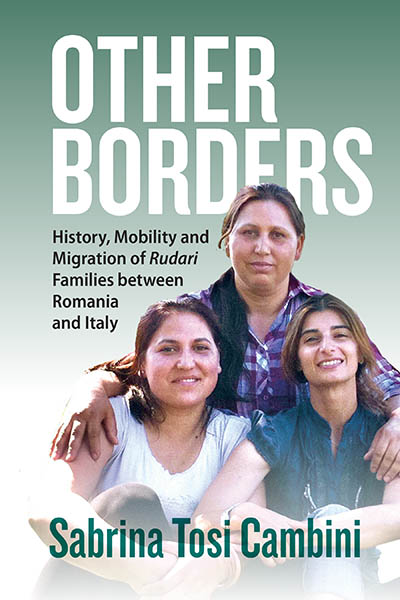 Published November 2023
Published November 2023 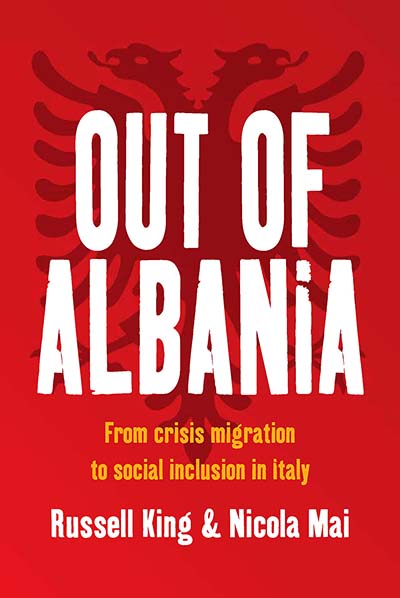 Published October 2008
Published October 2008 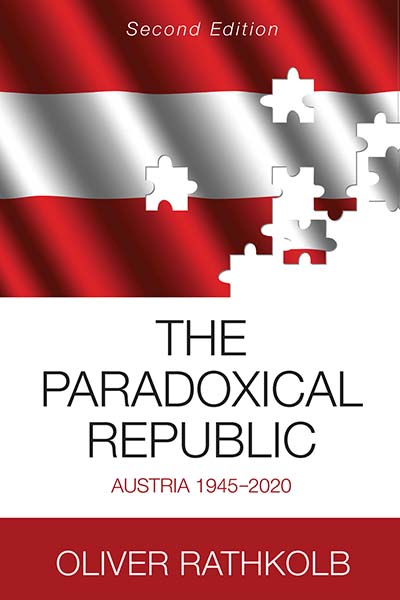 Published November 2021
Published November 2021 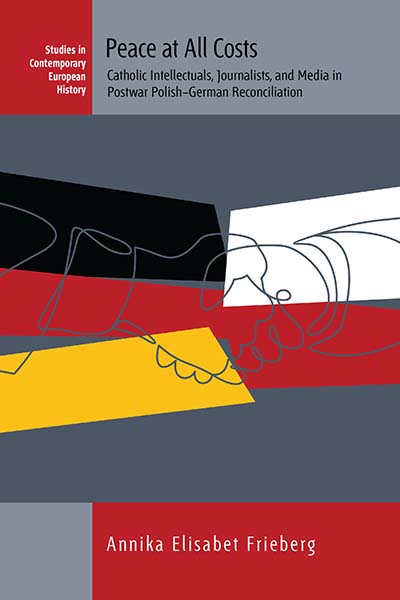 Published July 2019
Published July 2019 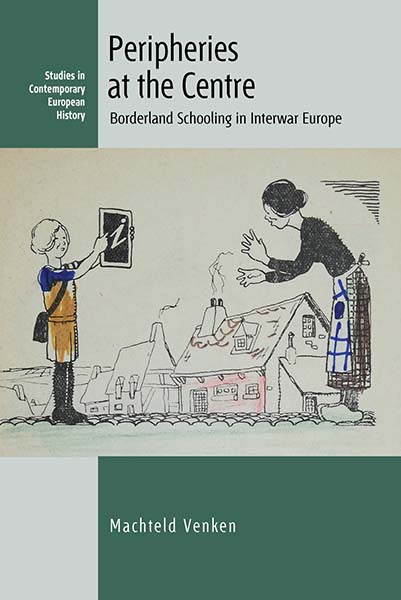 Published March 2021
Published March 2021 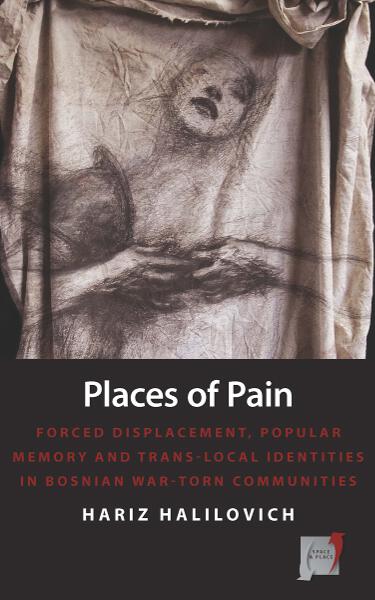 Published February 2013
Published February 2013  Published April 2019
Published April 2019 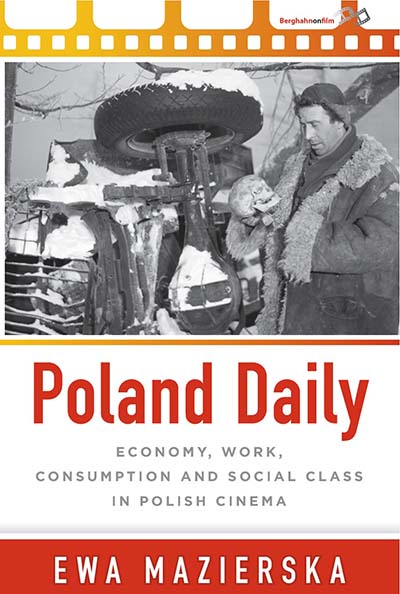 Published June 2017
Published June 2017 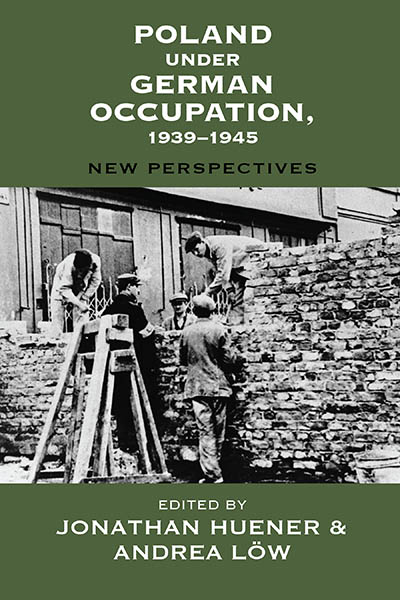 Published January 2024
Published January 2024 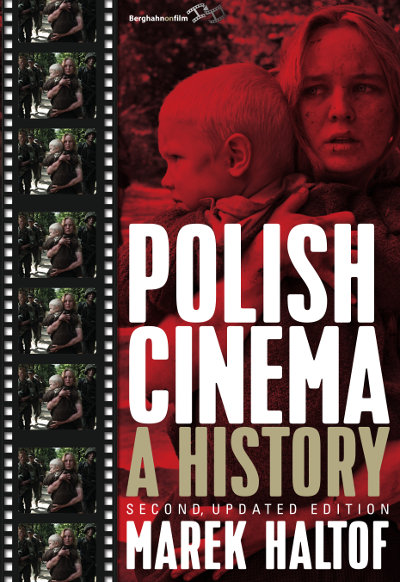 Published October 2018
Published October 2018 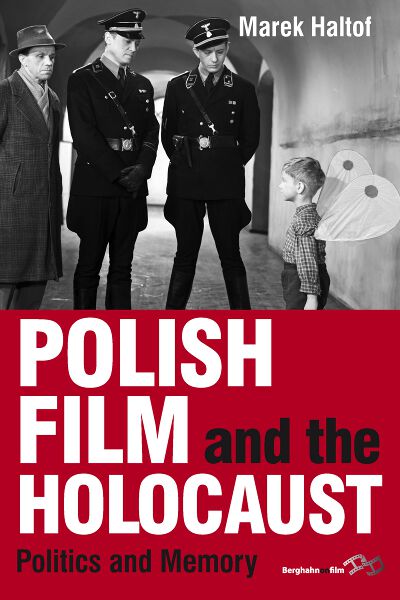 Published January 2012
Published January 2012  Forthcoming August 2026
Forthcoming August 2026 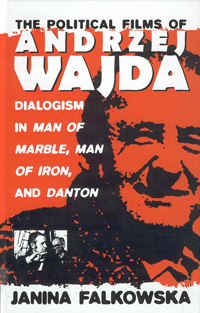 Published April 1996
Published April 1996  Forthcoming June 2026
Forthcoming June 2026 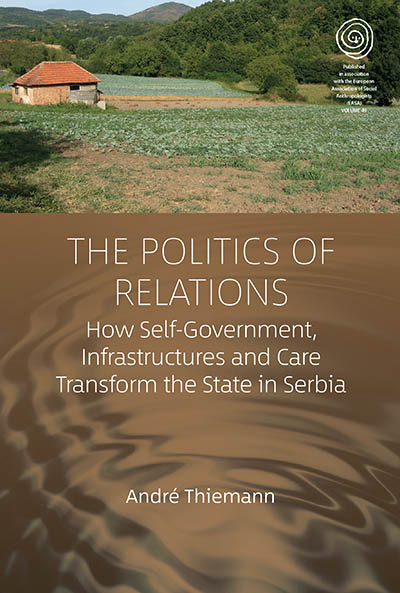 Published June 2024
Published June 2024 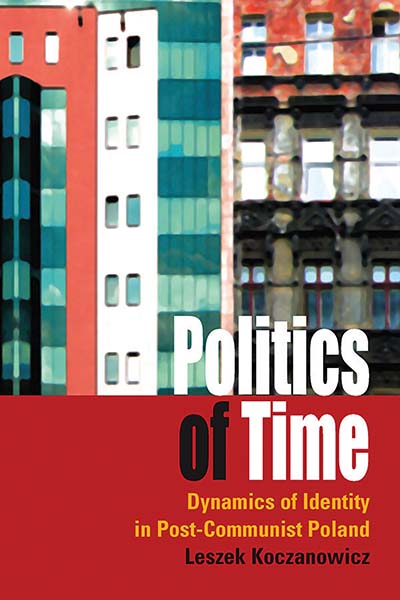 Published August 2008
Published August 2008  Published February 2025
Published February 2025 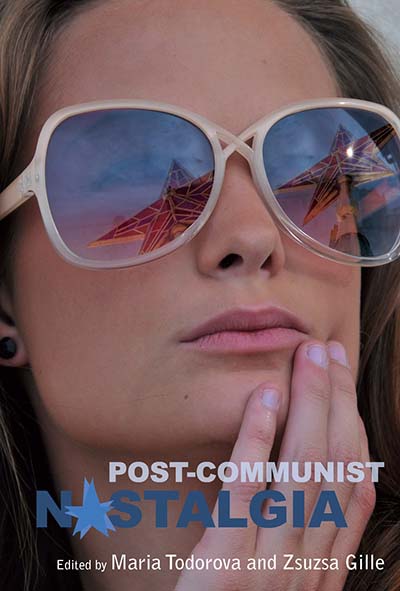 Published June 2010
Published June 2010 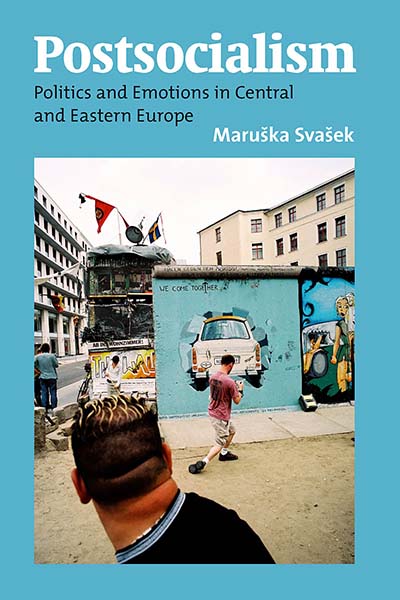 Published March 2006
Published March 2006 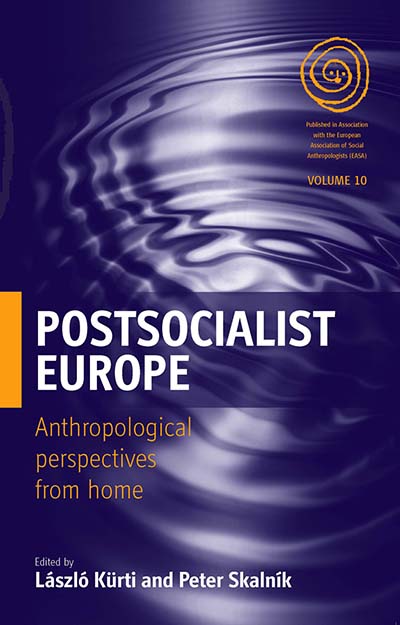 Published September 2009
Published September 2009 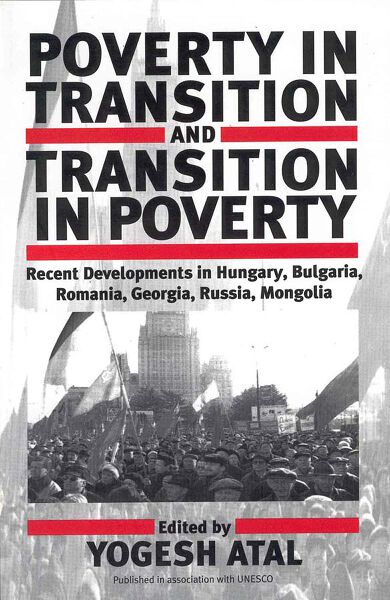 Published March 1999
Published March 1999 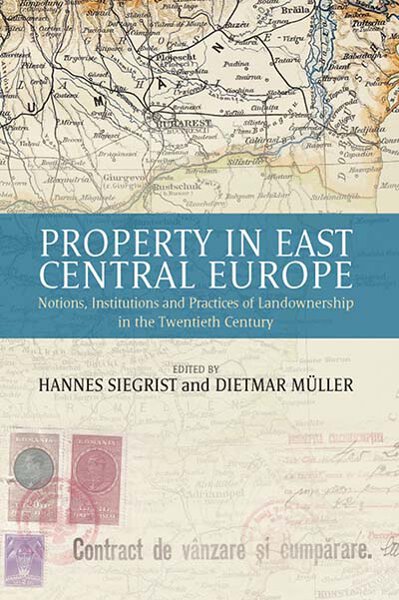 Published November 2014
Published November 2014 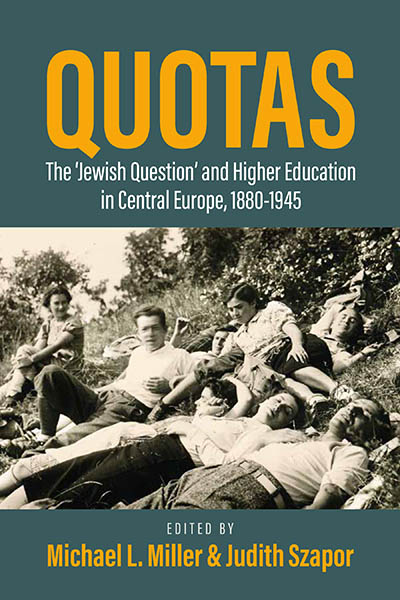 Published May 2024
Published May 2024 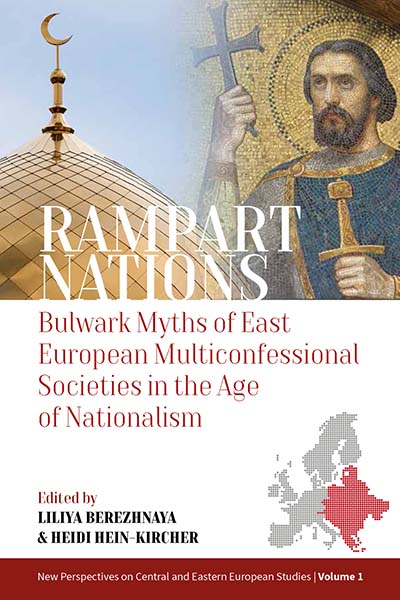 Published March 2019
Published March 2019 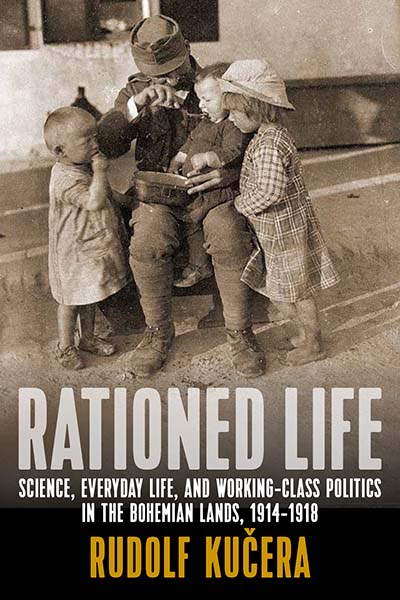 Published April 2016
Published April 2016 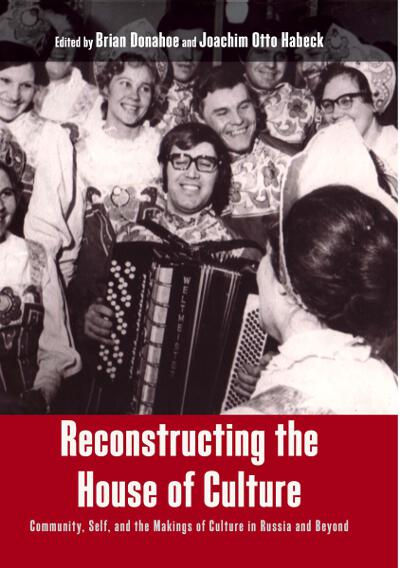 Published November 2011
Published November 2011 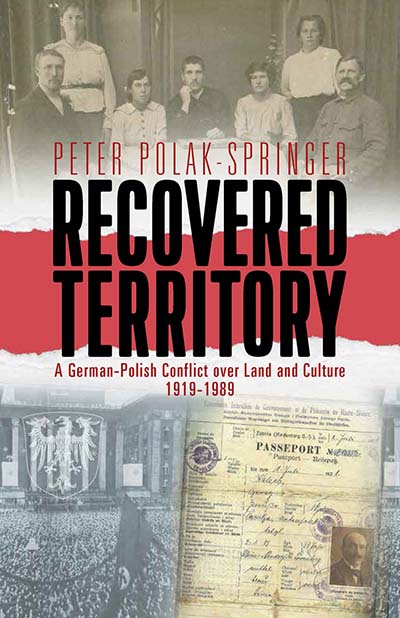 Published October 2015
Published October 2015 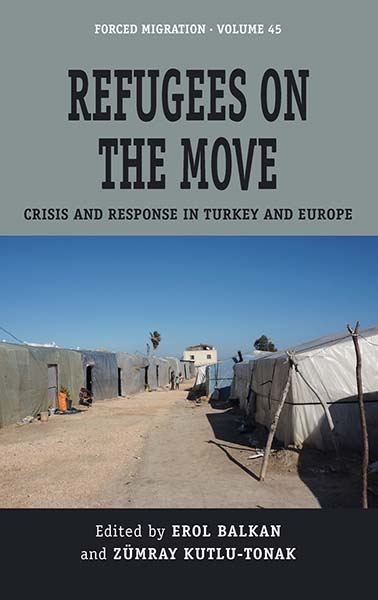 Published February 2022
Published February 2022 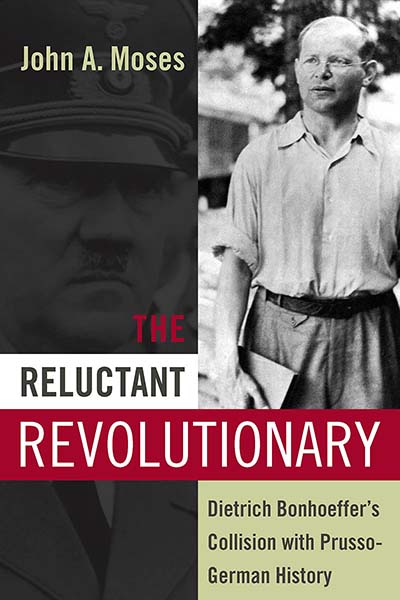 Published April 2009
Published April 2009 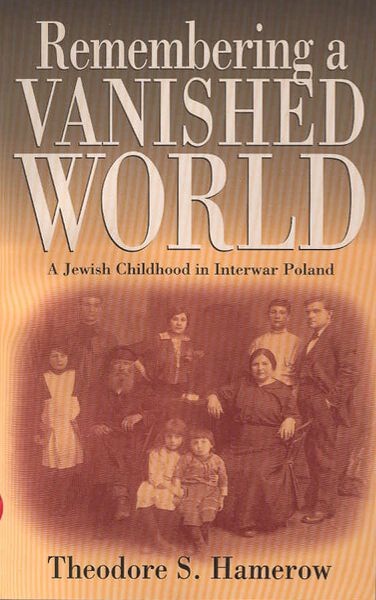 Published October 2001
Published October 2001 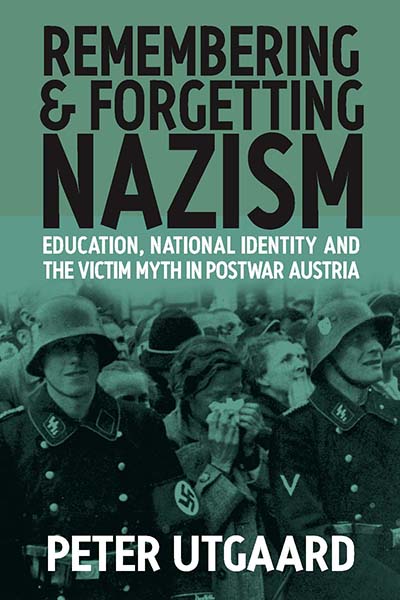 Published November 2003
Published November 2003  Published February 2026
Published February 2026 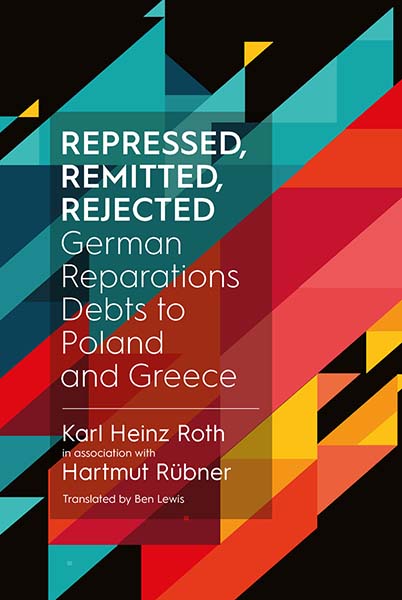 Published December 2021
Published December 2021 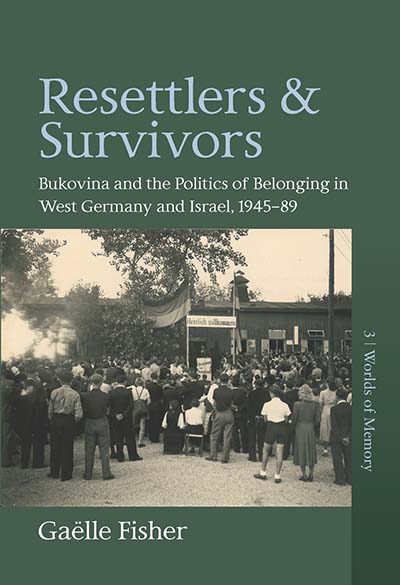 Published April 2020
Published April 2020 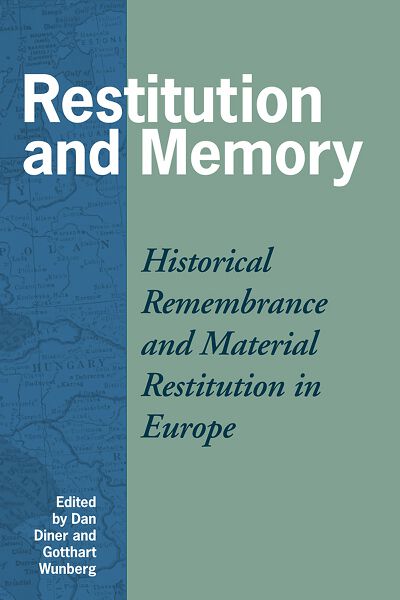 Published April 2007
Published April 2007  Forthcoming March 2026
Forthcoming March 2026 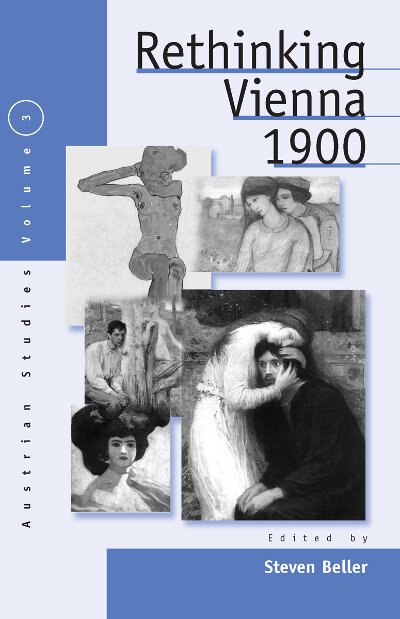 Published October 2001
Published October 2001 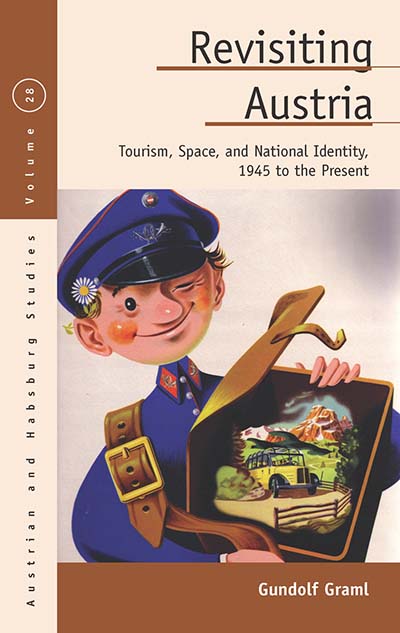 Published April 2020
Published April 2020 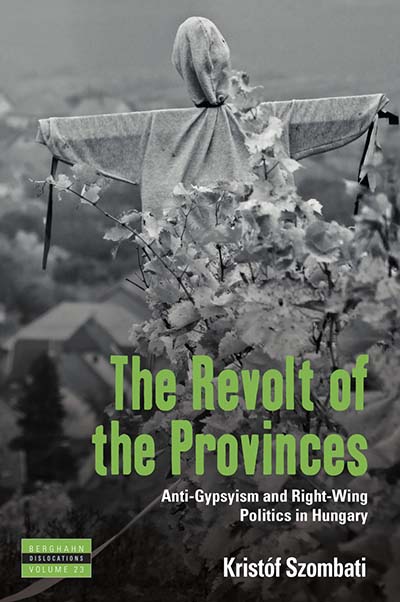 Published June 2018
Published June 2018 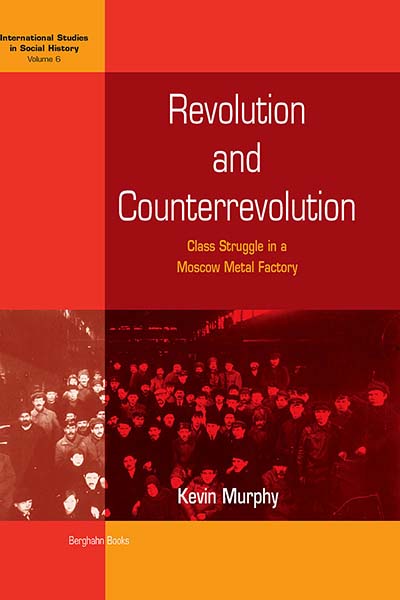 Published April 2005
Published April 2005  Published November 2014
Published November 2014 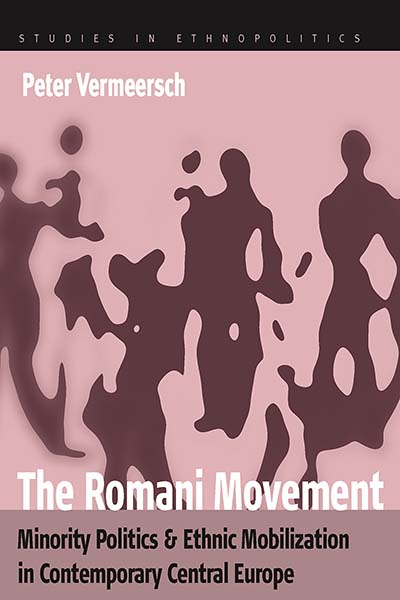 Published August 2006
Published August 2006 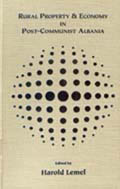 Published March 2000
Published March 2000 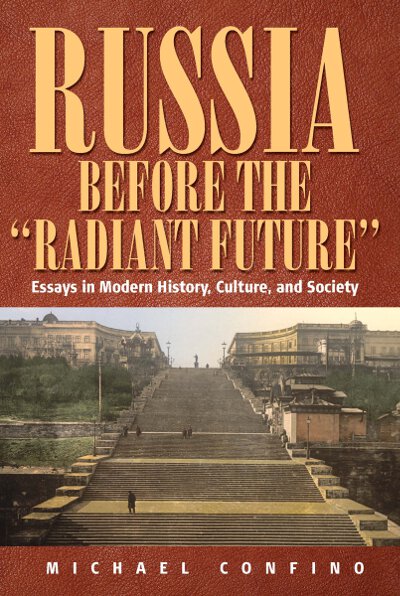 Published May 2011
Published May 2011 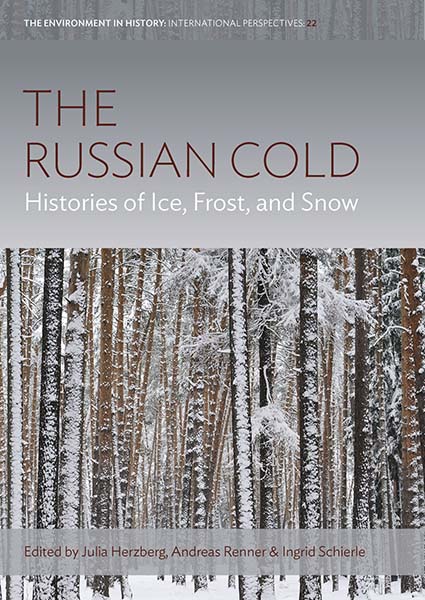 Published August 2021
Published August 2021 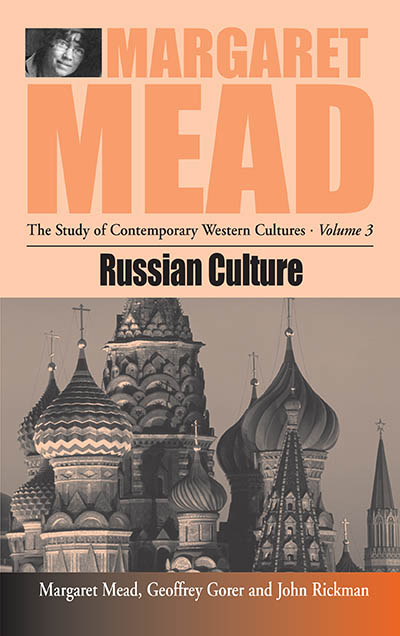 Published July 2001
Published July 2001 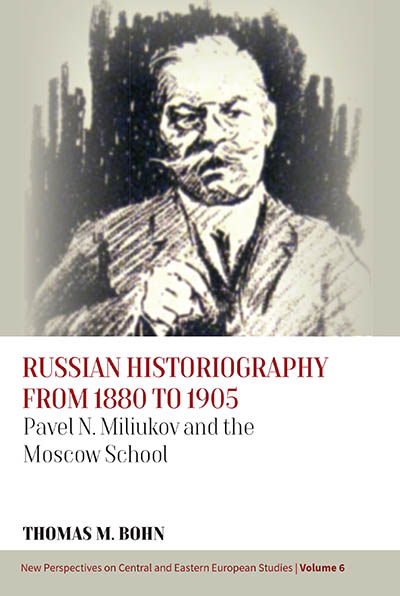 Published June 2024
Published June 2024 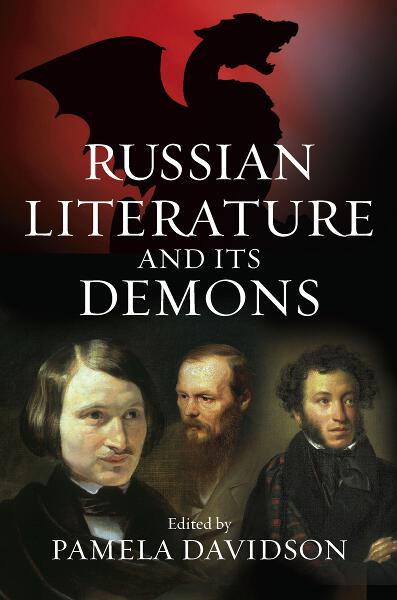 Published November 2000
Published November 2000 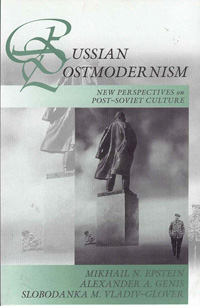 Published December 2015
Published December 2015 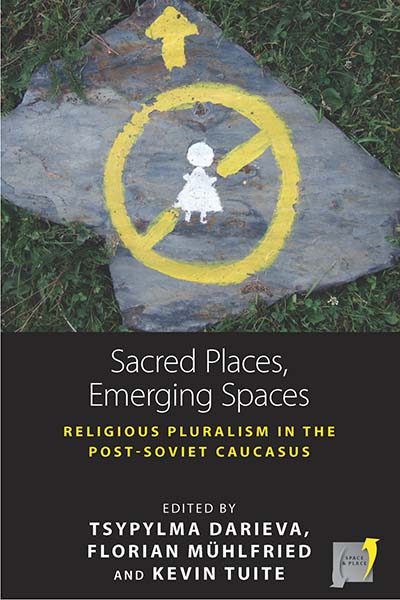 Published February 2018
Published February 2018 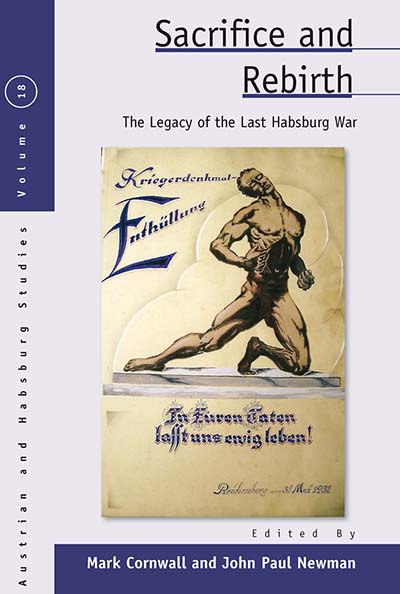 Published January 2016
Published January 2016 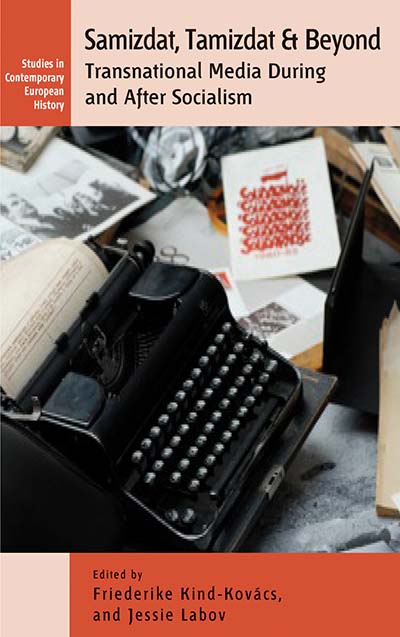 Published March 2013
Published March 2013 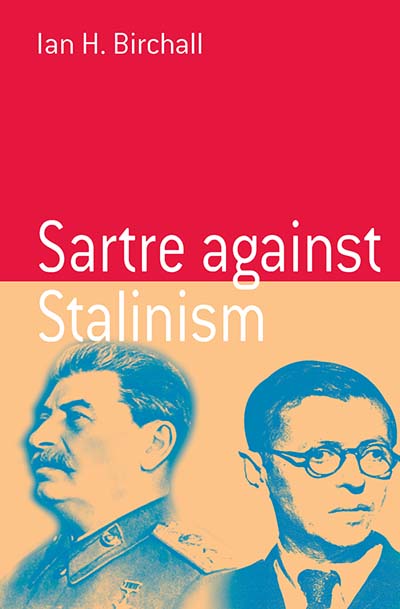 Published June 2004
Published June 2004 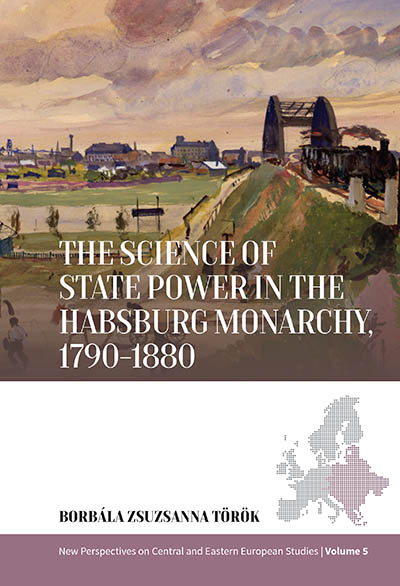 Published June 2024
Published June 2024 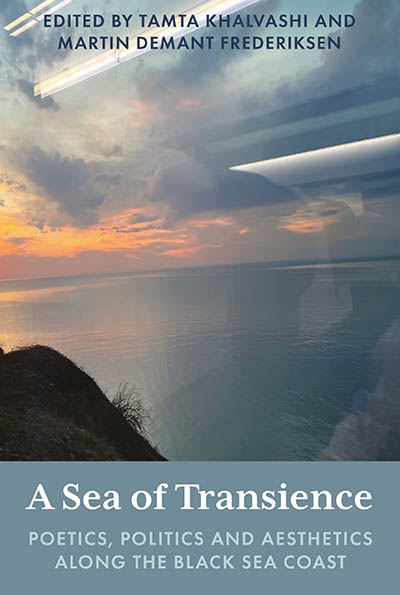 Published February 2023
Published February 2023 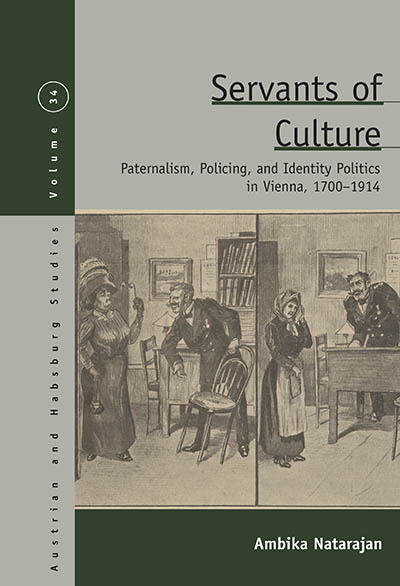 Published May 2023
Published May 2023 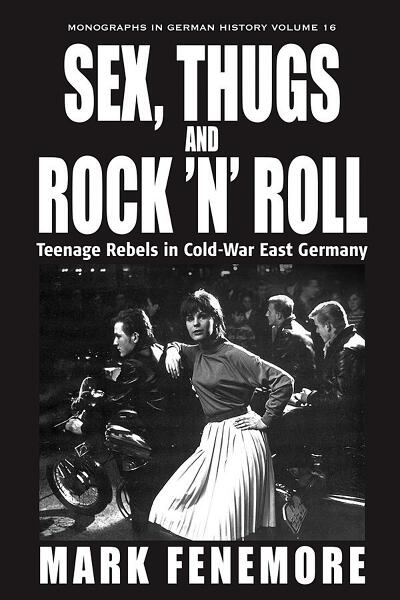 Published December 2007
Published December 2007 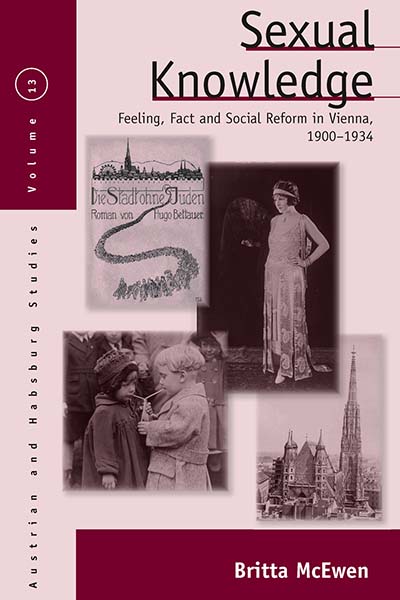 Published February 2012
Published February 2012 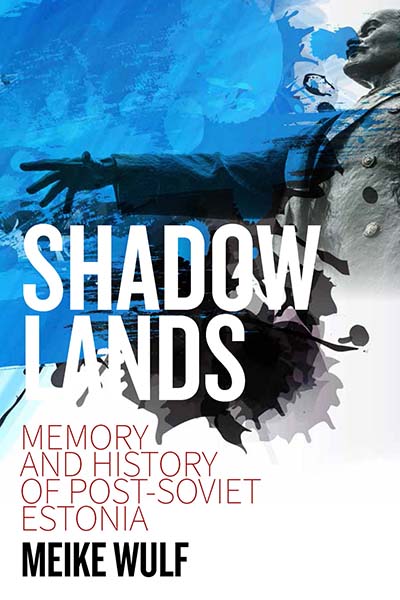 Published January 2016
Published January 2016 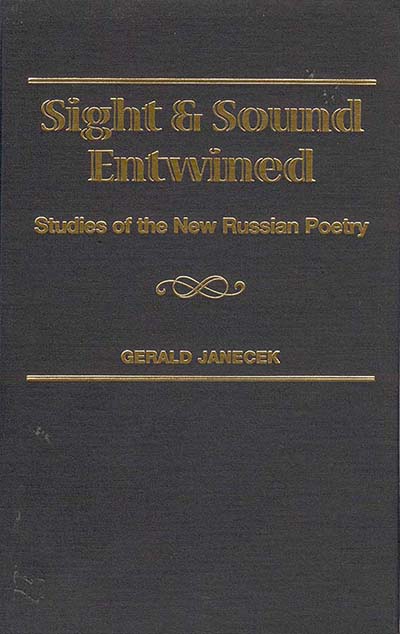 Published March 2000
Published March 2000 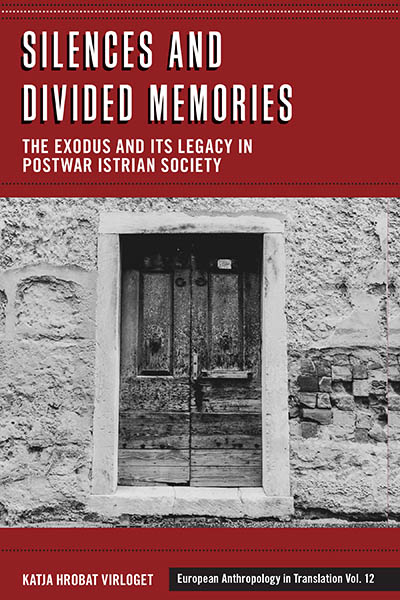 Published August 2023
Published August 2023 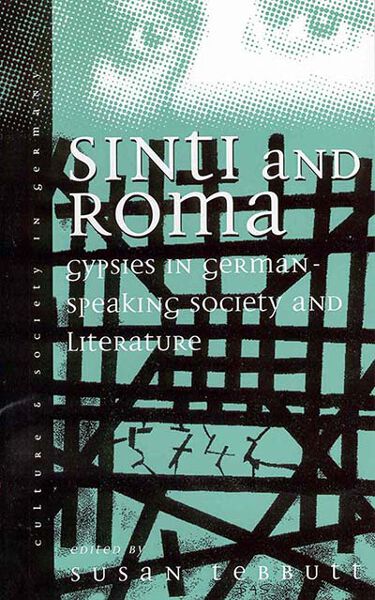 Published September 1998
Published September 1998 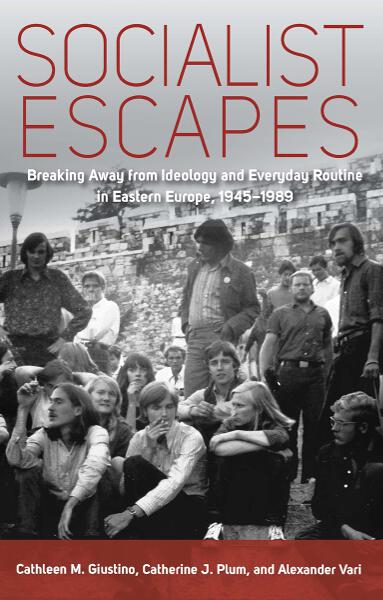 Published March 2013
Published March 2013 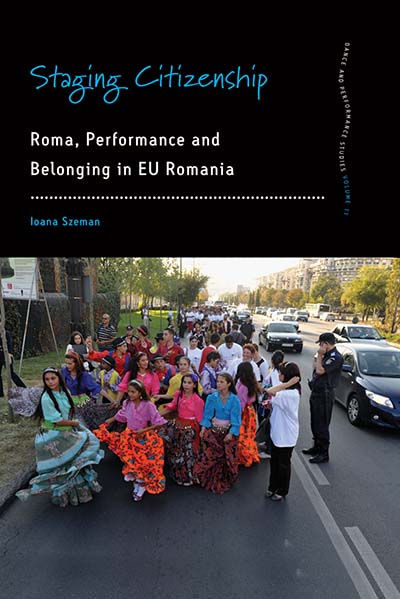 Published December 2017
Published December 2017 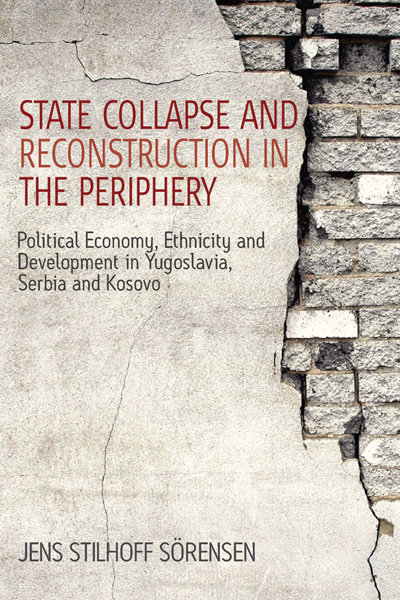 Published May 2009
Published May 2009 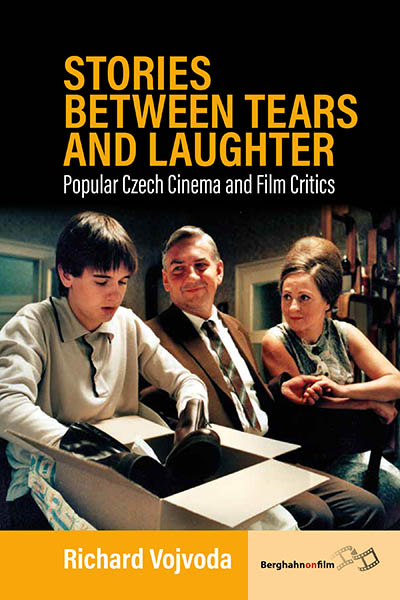 Published January 2024
Published January 2024 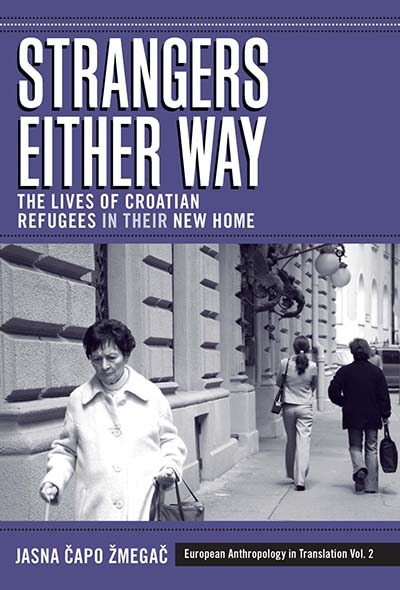 Published August 2007
Published August 2007 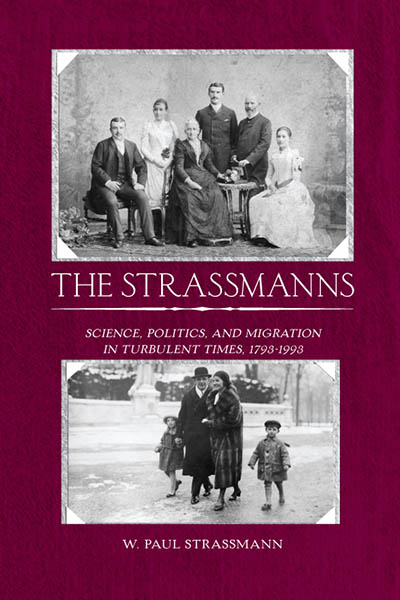 Published June 2008
Published June 2008 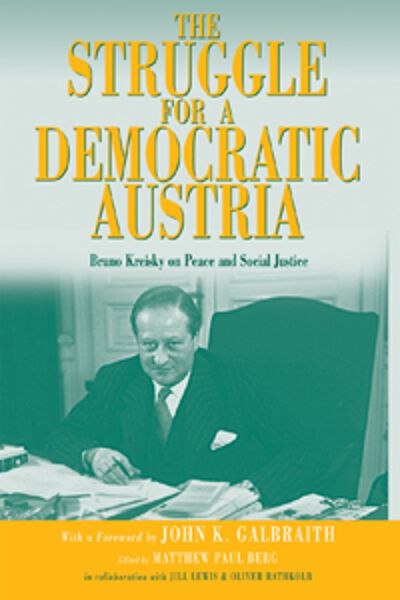 Published October 2000
Published October 2000 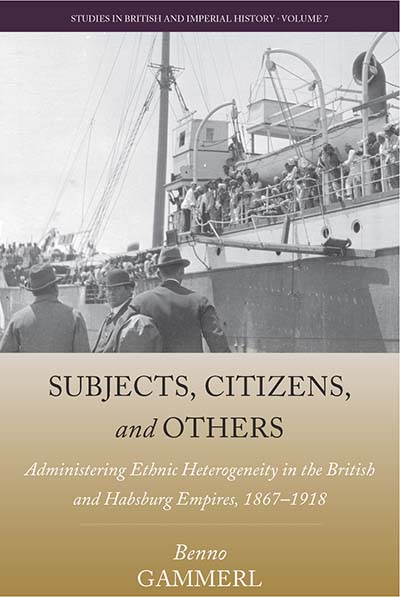 Published November 2017
Published November 2017 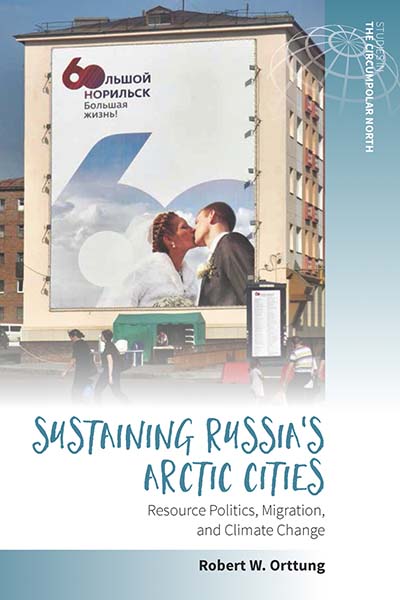 Published November 2016
Published November 2016 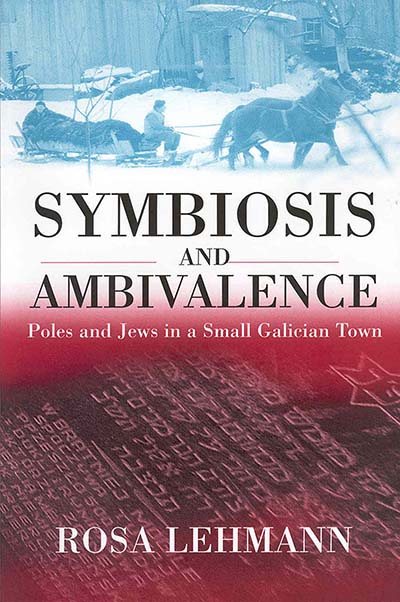 Published December 2001
Published December 2001 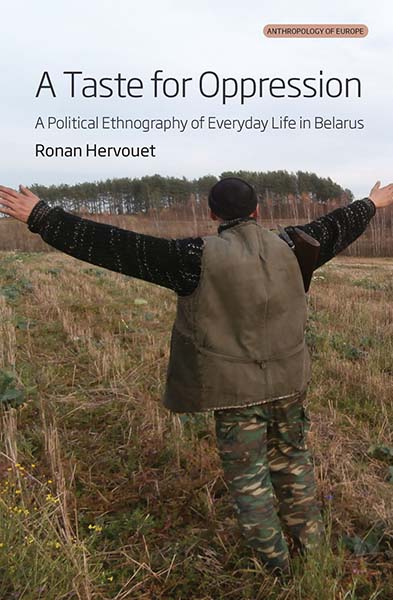 Published March 2021
Published March 2021  Published December 2012
Published December 2012 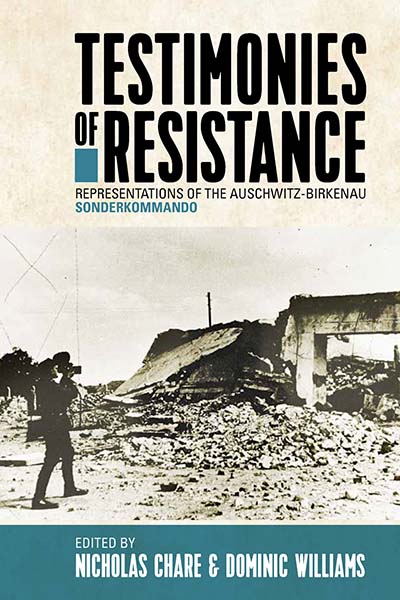 Published September 2019
Published September 2019 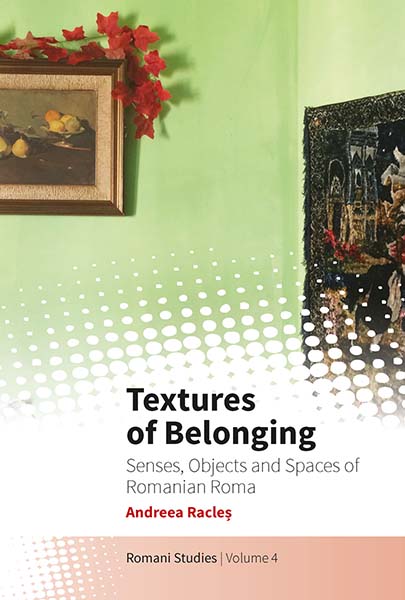 Published July 2021
Published July 2021 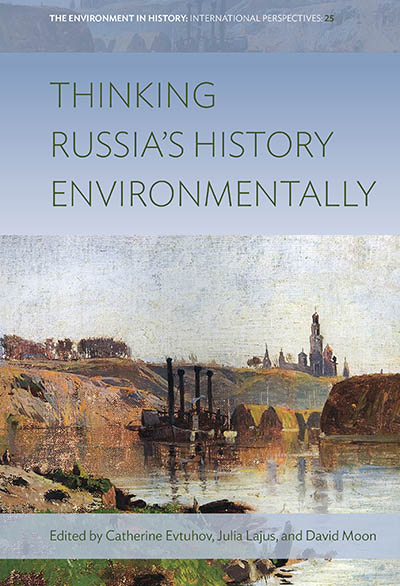 Published July 2023
Published July 2023 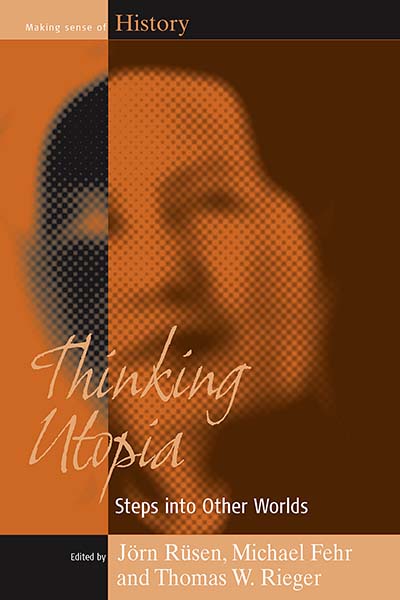 Published July 2005
Published July 2005 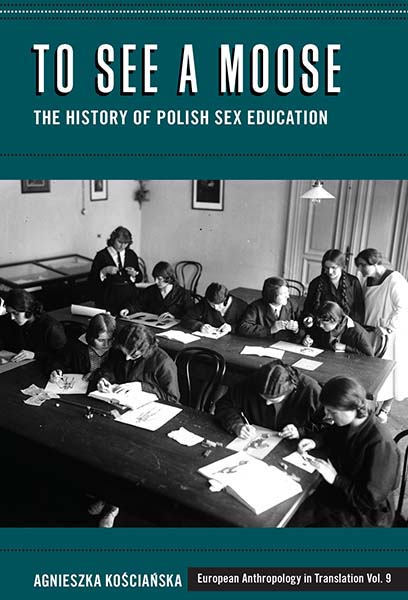 Published May 2021
Published May 2021  Published December 2025
Published December 2025 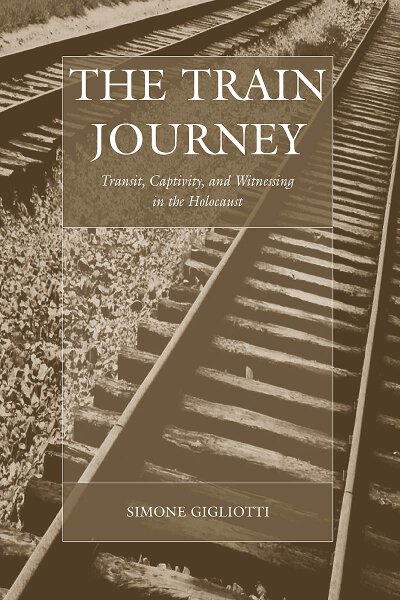 Published July 2009
Published July 2009 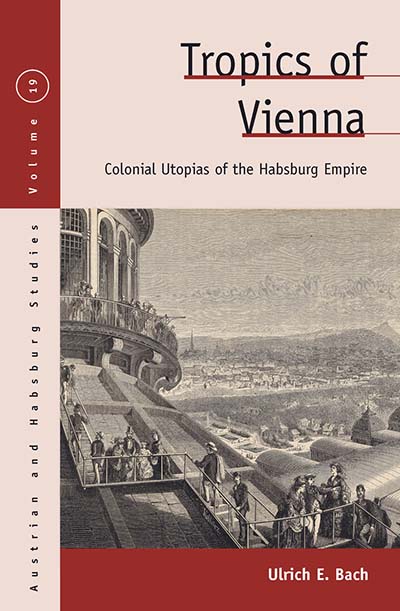 Published May 2016
Published May 2016 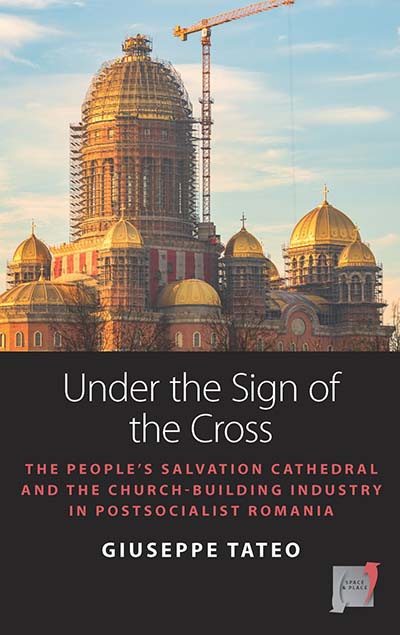 Published August 2020
Published August 2020 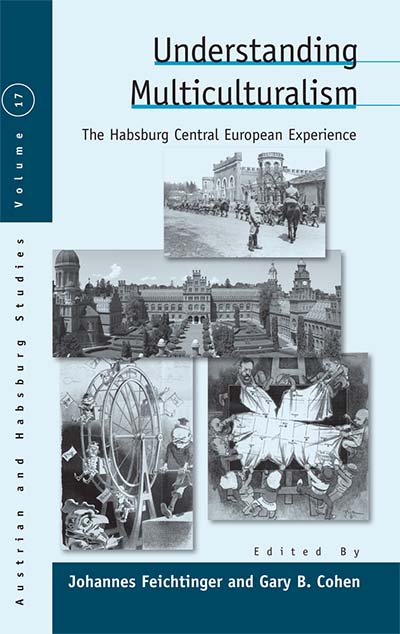 Published March 2014
Published March 2014 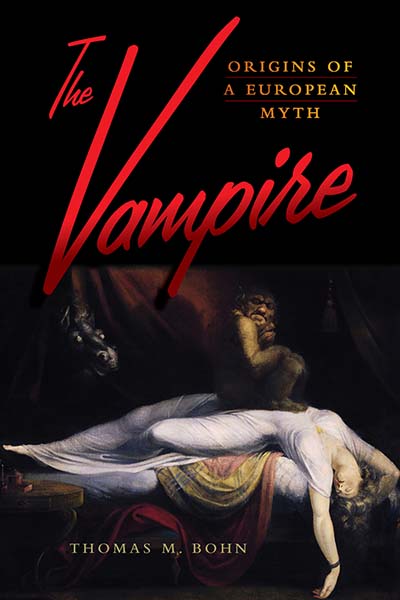 Published September 2019
Published September 2019 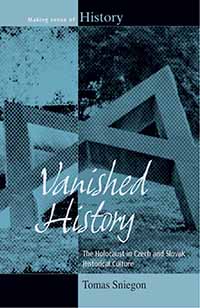 Published May 2014
Published May 2014 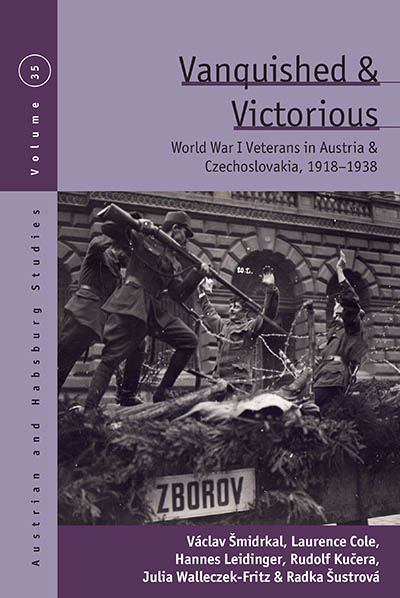 Published September 2024
Published September 2024 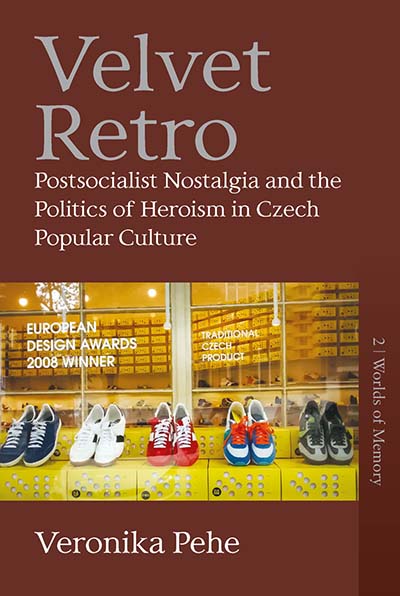 Published February 2020
Published February 2020 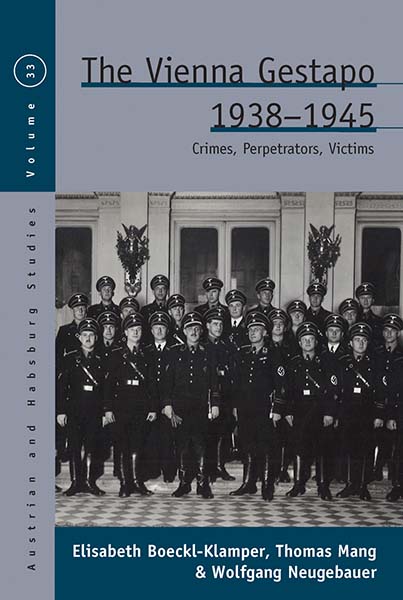 Published January 2022
Published January 2022 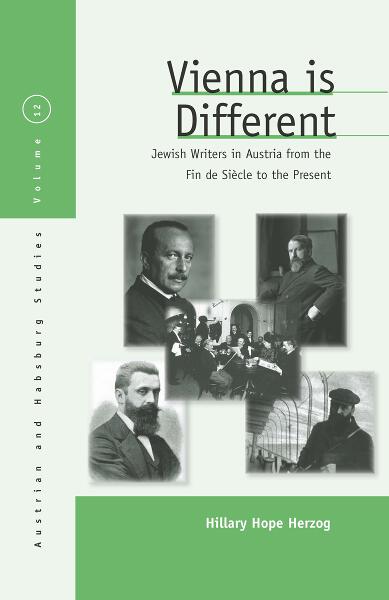 Published October 2011
Published October 2011 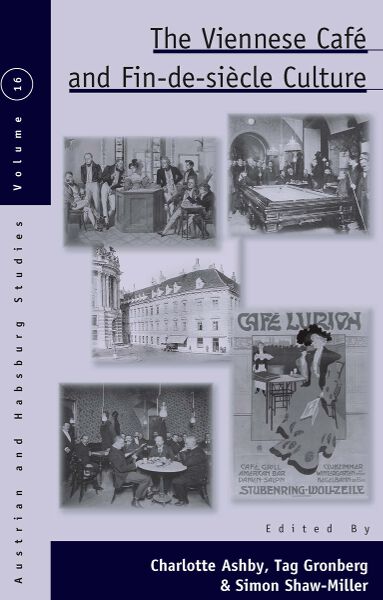 Published January 2013
Published January 2013 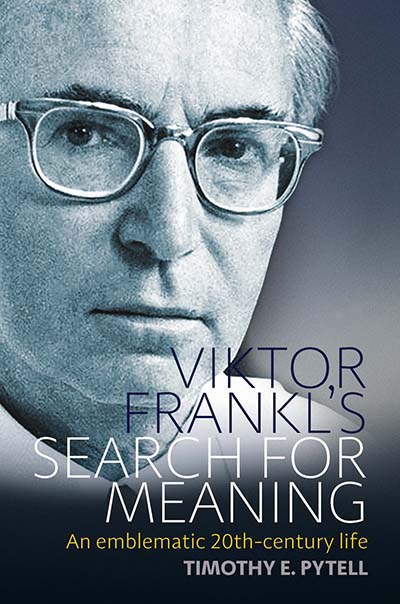 Published October 2015
Published October 2015 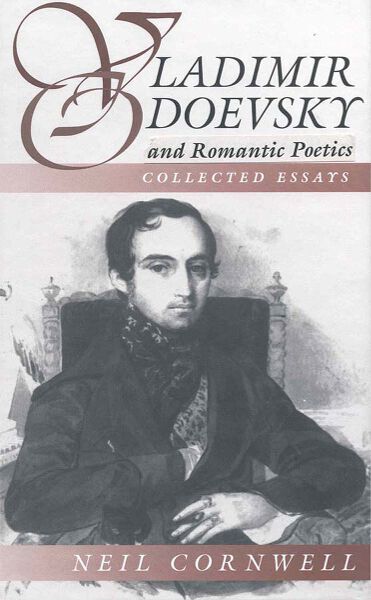 Published January 1998
Published January 1998 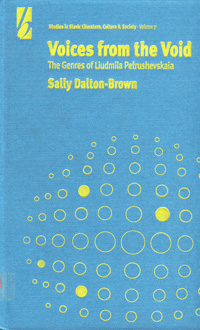 Published April 2001
Published April 2001 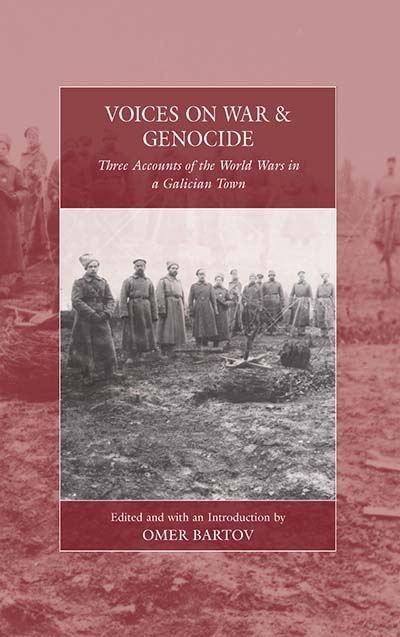 Published June 2020
Published June 2020 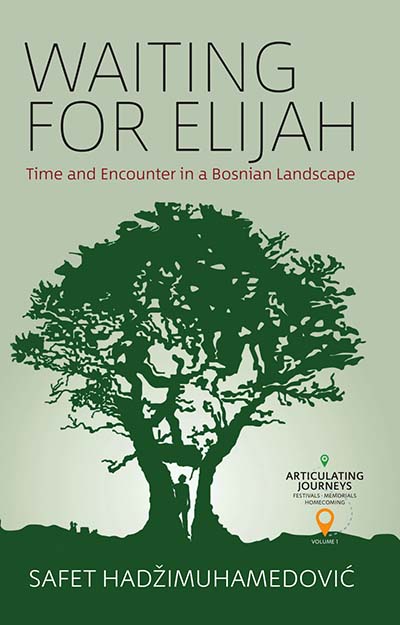 Published April 2018
Published April 2018 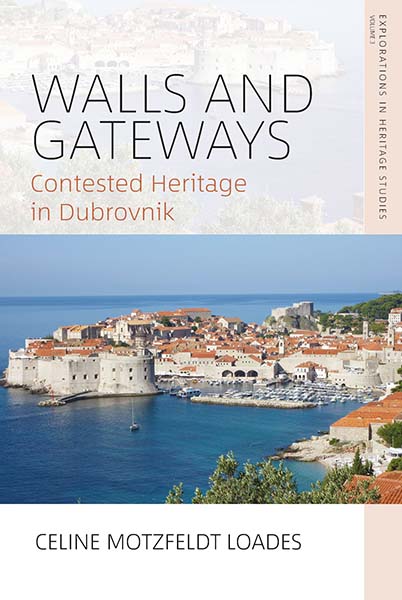 Published February 2022
Published February 2022  Published June 2023
Published June 2023 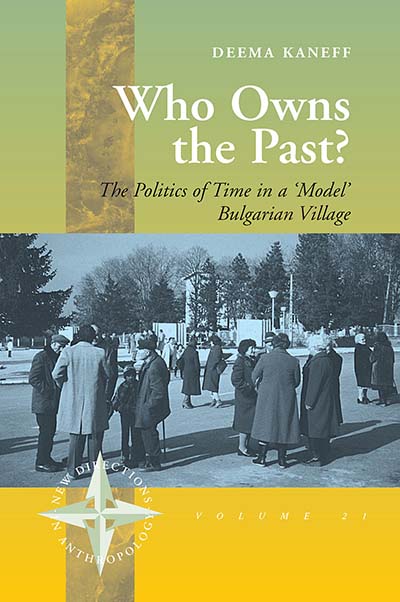 Published January 2004
Published January 2004 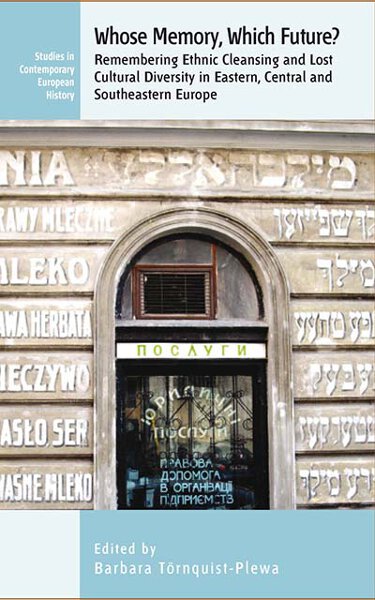 Published April 2016
Published April 2016 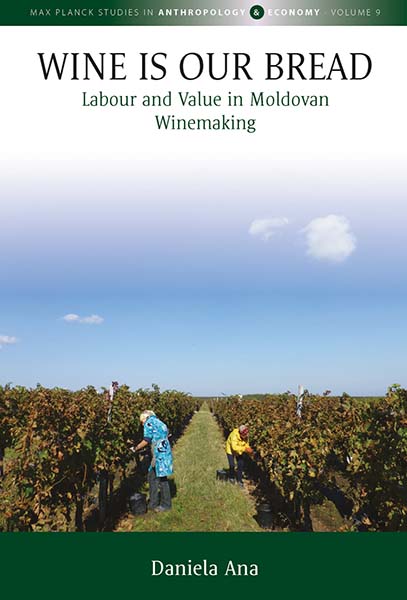 Published May 2022
Published May 2022 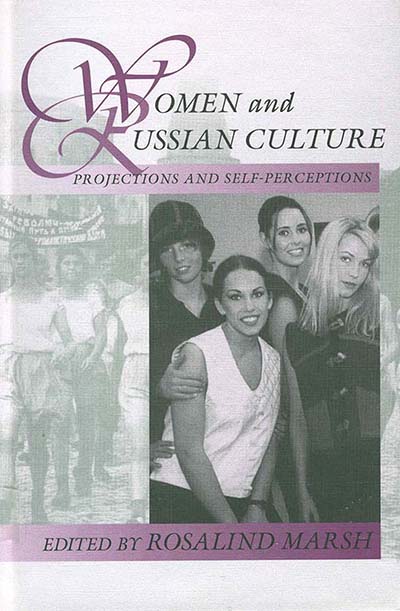 Published November 1998
Published November 1998 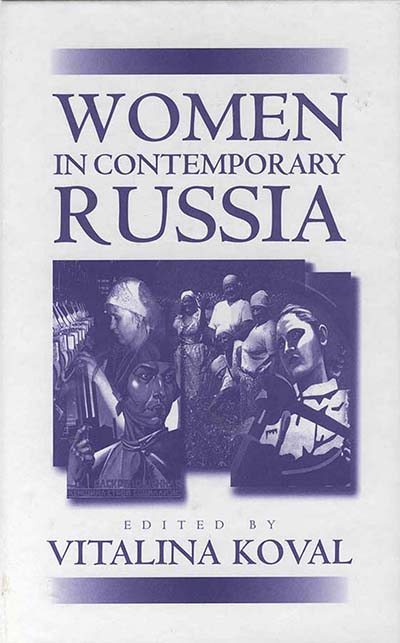 Published August 1995
Published August 1995 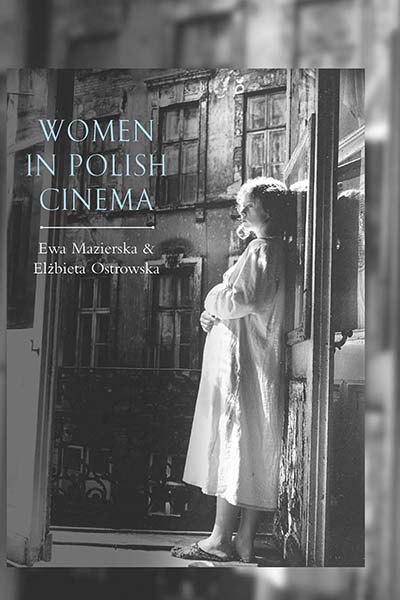 Published March 2006
Published March 2006  Published November 2007
Published November 2007 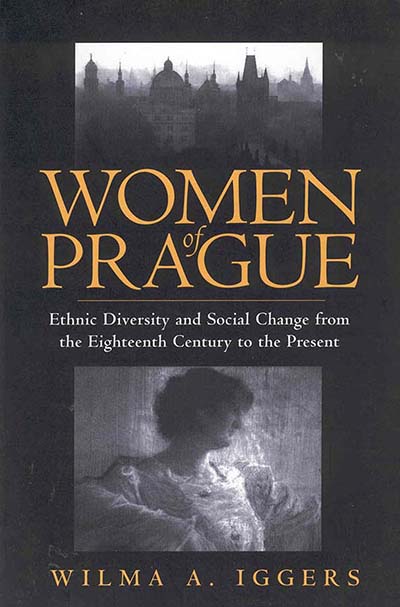 Published October 1995
Published October 1995 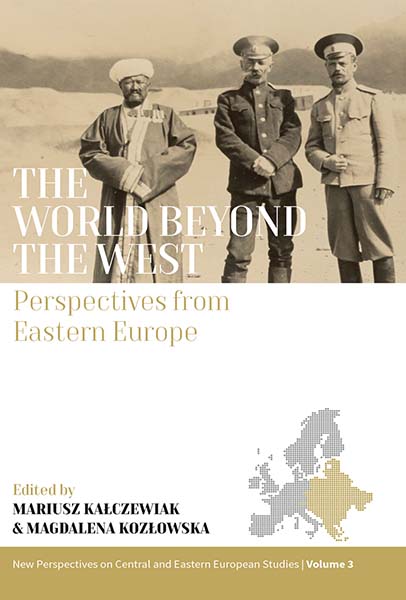 Published March 2022
Published March 2022 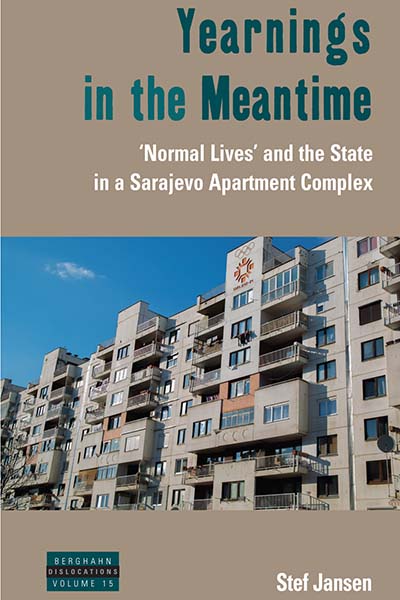 Published June 2015
Published June 2015 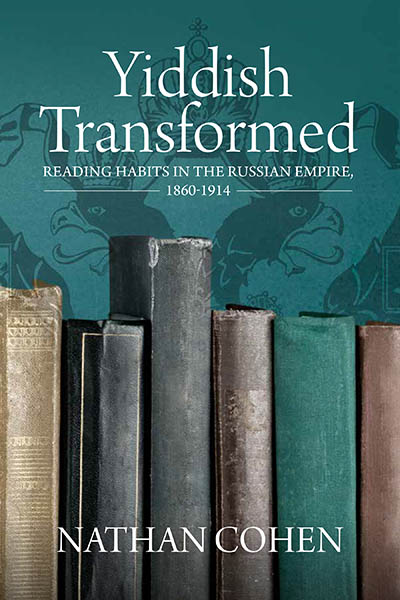 Published June 2023
Published June 2023 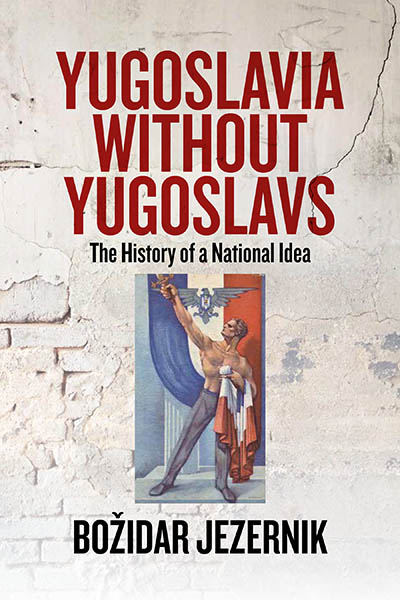 Published July 2023
Published July 2023